Beaux-Arts de Paris
Funding modalities and framework conditions
Name: Beaux-Arts de Paris
Location: Paris
Study focus: Theoretical Studies, Drawing, Material/Space, Printing/Publishing, Technical Basics
Accommodation: self-organized, application for a CROUS dormitory room possible
Link to the university/department: Beaux-Arts de Paris
Funding amount: 1,500 € ASA scholarship and at least 540 € Erasmus mobility grant (monthly), travel allowance
Link to the travel advice of the Federal Foreign Office: France and German representations in France
ASA stay: both in the Fall semester (September to January) and in the Spring semester (February to May)
HFBK application deadline: every semester
Students must take out suitable health, liability and accident insurance and register with the Federal Foreign Office's “Elefand” crisis prevention list in order to participate in the exchange.
Experiences of participating students
Lena Schütte, Jahrgang 2022
It is common here to be part of several studios. I think this makes sense, as many professors do not offer class meetings, but only one-on-one discussions, which in my opinion reduces the level of support. Of course, every individual experience is different in this respect.
What I find interesting about the university is that there are student-organized exhibitions here almost every day and the students are well networked with each other. I have the feeling that the institution is perceived as a protected area where people like to show themselves and try things out.
Kastania Waldmüller, Jahrgang 2022
It is very helpful to have material ready before the trip, e.g. a folder with original works or a printed portfolio. [...] This gave me a few small pieces of work on site that I could continue working on.
At the beginning of the winter semester, all new students apply for the Chef's d'Ateliers. This is less official in the summer semester.
There are lots of galleries to discover. There are all kinds around the university alone and it's fun to see how and what is presented and hung.
Laurel Chocoago, Jahrgang 2021
For me personally, it was an interesting change that the studios regularly prepared for upcoming exhibitions. Each studio exhibits about three to four times a semester. I heard from another studio that weekly exhibitions were compulsory. This routine was very formative and helpful for my way of working.
During my time in France and at the Beaux-Arts de Paris, I gained impressions and experiences that my usual environment would not have been able to offer me. With the influences and inspirations I have gained through the change of environment, the common thread that runs through my work is becoming clearer and clearer. It has helped me to develop a better understanding of my thought process and the way I work.
Tips & tricks for the semester abroad (as of 2022)
It's all about the money (!?)
Kastania Waldmüller:
Meals in the CROUS student restaurants are very cheap, around €3.20 for a tray with a main course and salad or dessert.
In some supermarkets there are “anti-gaspi” (anti-waste) refrigerated shelves with reduced items that will soon expire. They are marked with something like red tape at Carrefour or Auchan, for example.
There is housing benefit, called APL, also for foreign students. I didn't manage to apply for this in time. I would definitely do it differently.
Lena Schütte:
As many Beaux-Arts de Paris students do an exchange, I recommend the Facebook group “Beaux-Arts de Paris Craigslist”. There you can ask (preferably in French) for a free room and you may find a suitable request. Another option is the CROUS student residence, which is inexpensive and where a large proportion of Erasmus exchange students live.
Laurel Chocoago:
In France, students have the opportunity to receive financial support for their monthly rent through CAF. Every student living in France, including international students, has the opportunity to apply for this [...]. Looking back, I would advise every student to apply for CAF directly at the start of the semester abroad or to have the necessary documents ready and possibly to ask the host university for support if anything is unclear.
How do I get from A to B and back to my accommodation?
Lena Schütte:
The inner ring of Paris is quite small - it's worth buying a bike and avoiding the metro. There is also a cheap bike rental service (www.swapfiets.fr) that rents out very good bikes from 15 euros per month.
Jannis Besen:
A lot of social life takes place in the 11th and 10th, where there are many chic bars around Place de la Republique or on the canal.
I also took my bike with me from Berlin, which meant I traveled a lot by bike and only took the metro when the weather was bad. It was very worthwhile for me to be mobile, even if the bike was ruined afterwards and I had to listen to how German that was. :)
Good to know! What should I bear in mind at the university?
Lena Schütte:
It makes sense to find a few professors in advance and actively write to them to arrange an interview. I can recommend meeting as many professors as possible and deciding on two studios at the end.
The language of instruction is French in almost all studios. I would advise against starting the exchange with too little knowledge of French. All theoretical seminars are also held in French.
Laurel Chocoago:
The Beaux-Arts de Paris library is very impressive. It is considered one of the best libraries for contemporary art in the whole of France.
The Réserve des Arts is a large hall filled with various materials that can be used for art projects. The company adheres to the concept of a solidarity-based circular economy. The materials were donated by other artists who no longer needed them. For this reason, the items could be purchased for a small price.
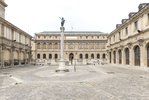

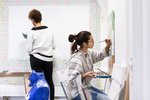

 Art School Alliance for Outgoings
Art School Alliance for Outgoings
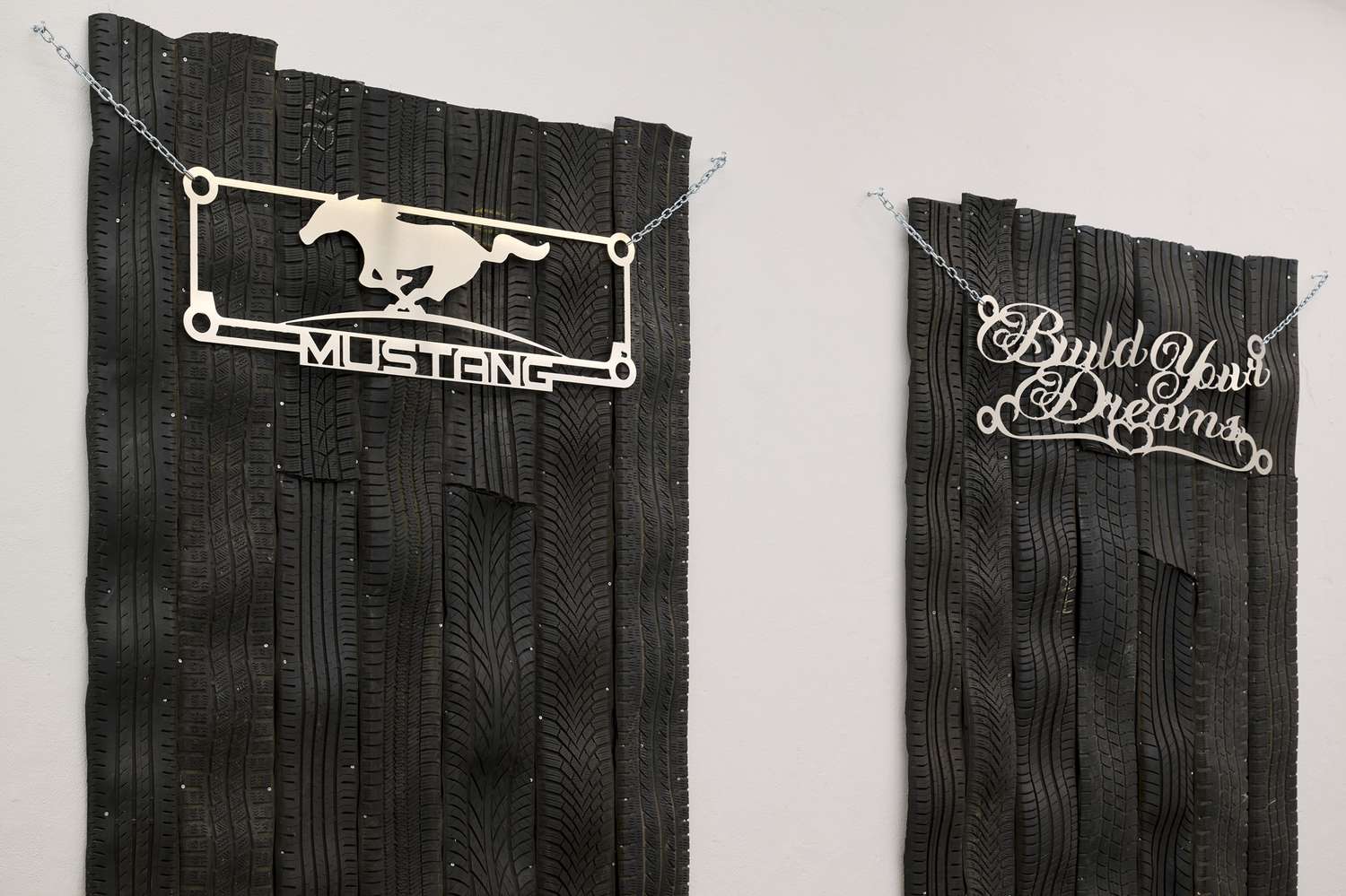
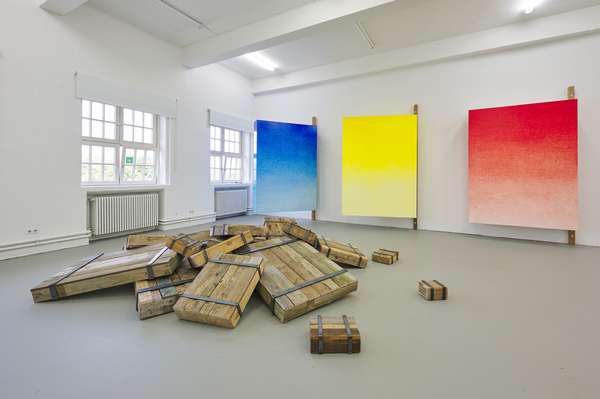

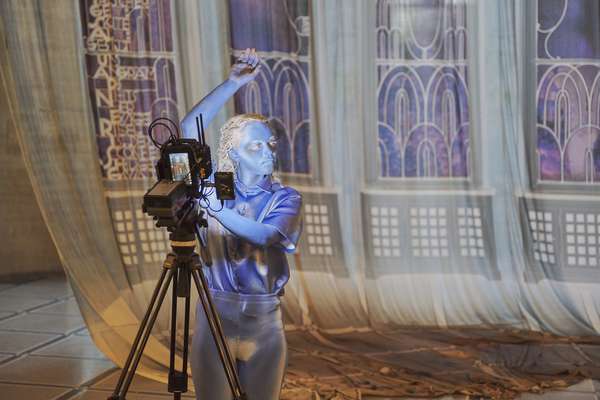
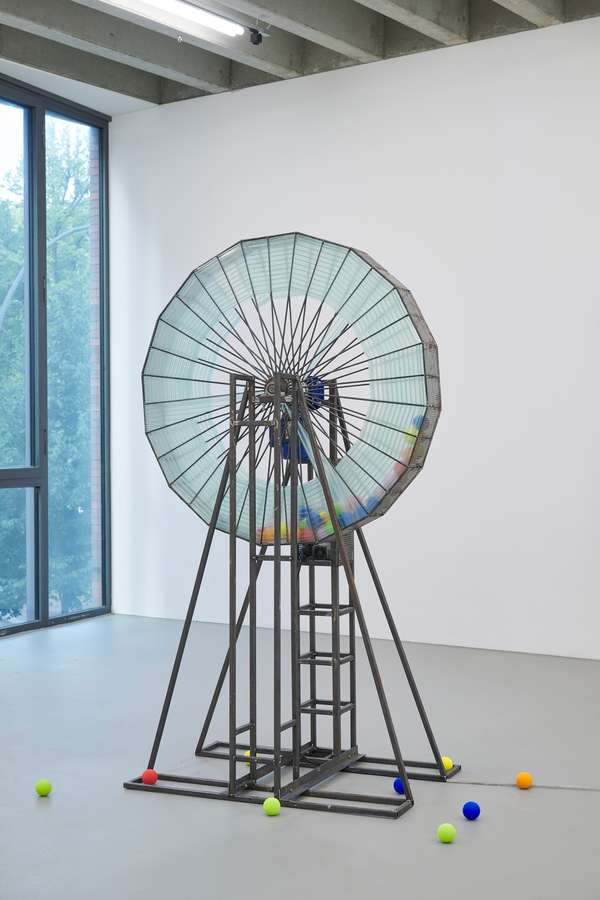


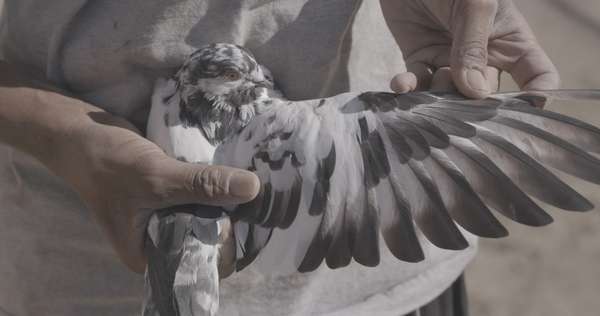
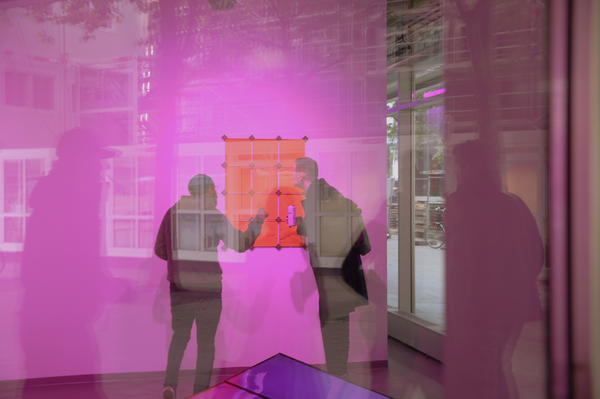
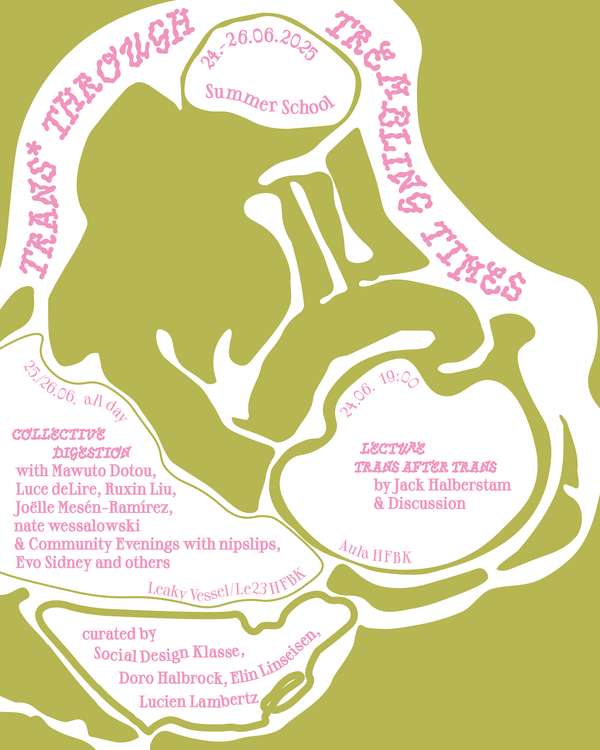
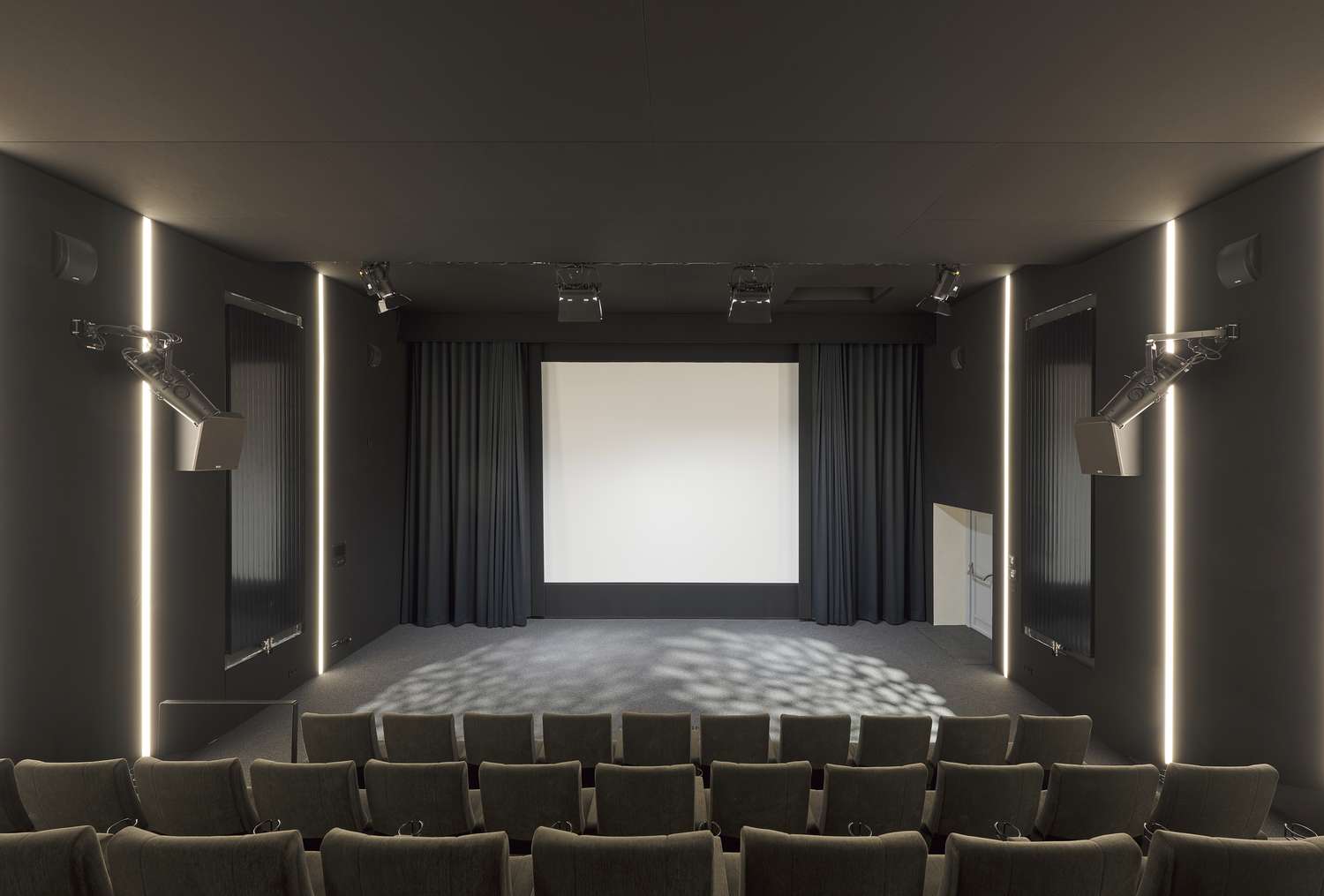
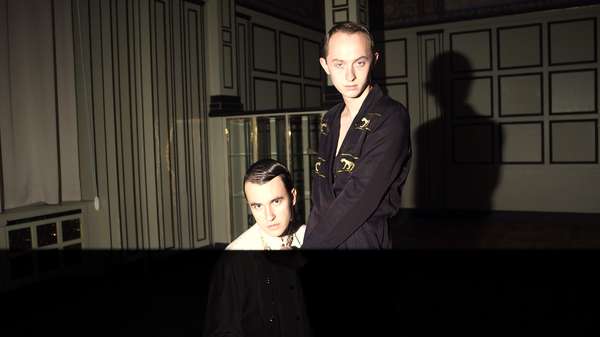
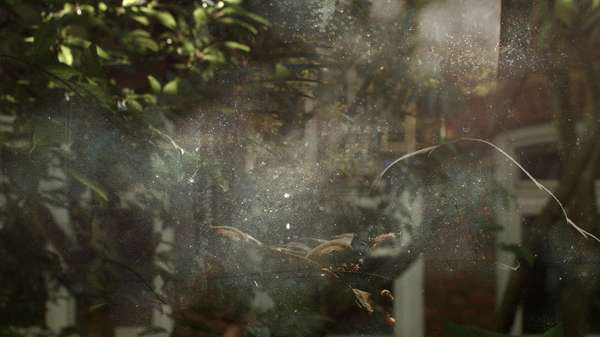
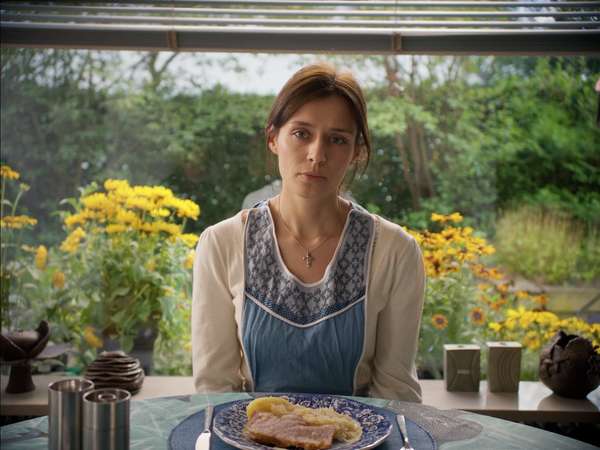
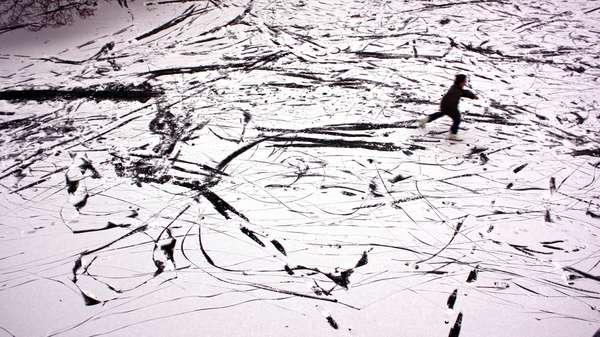

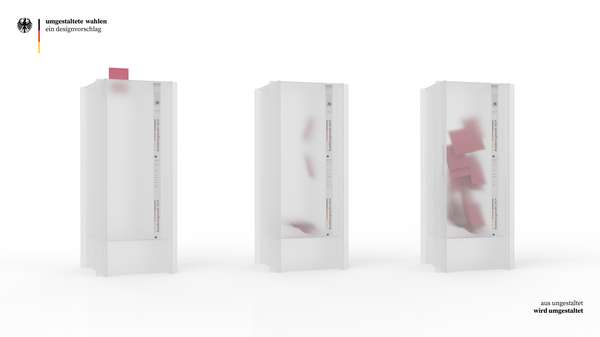
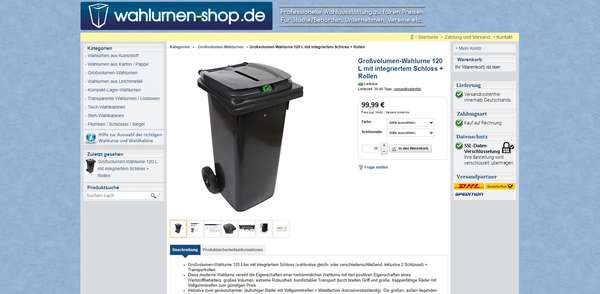
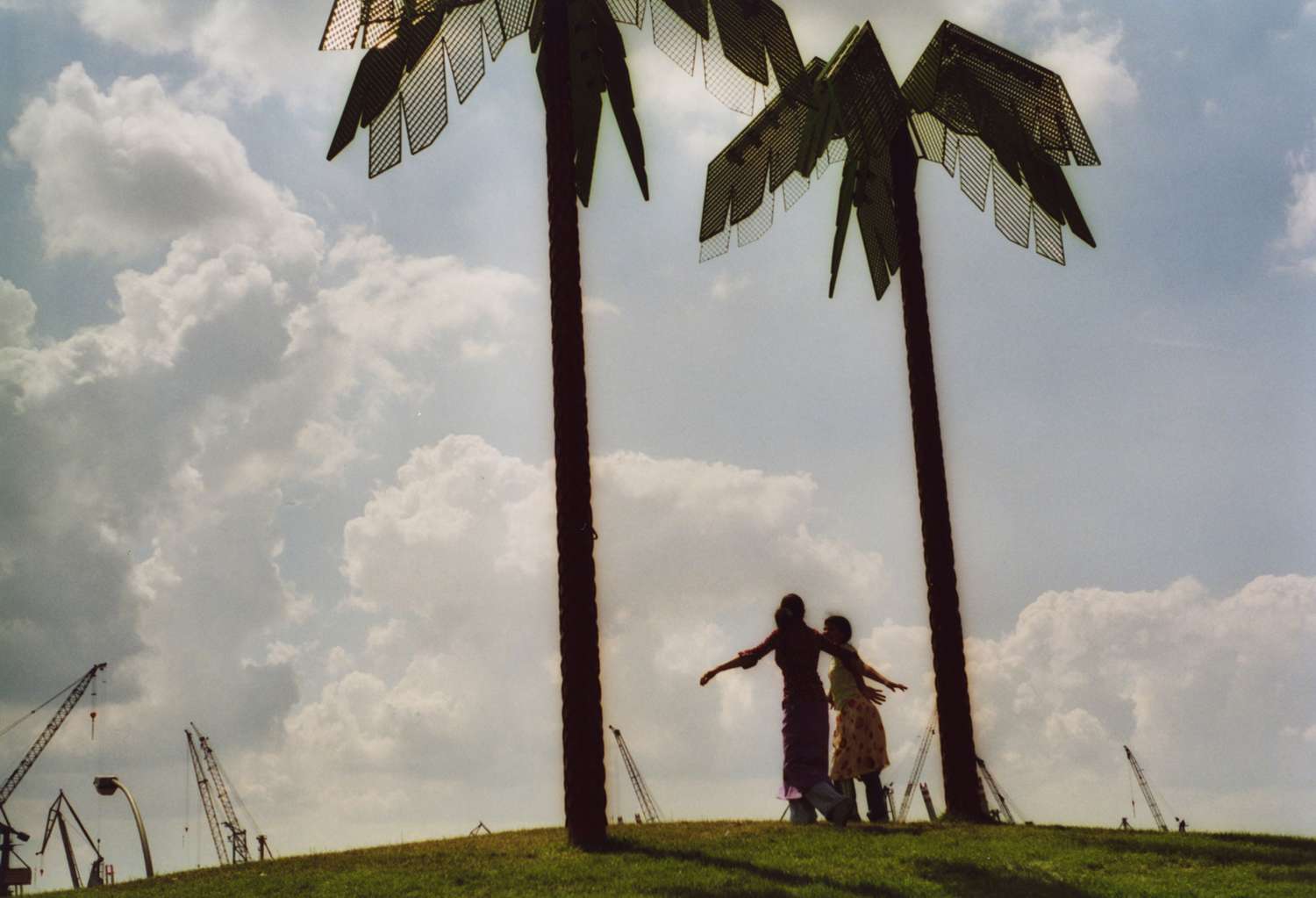
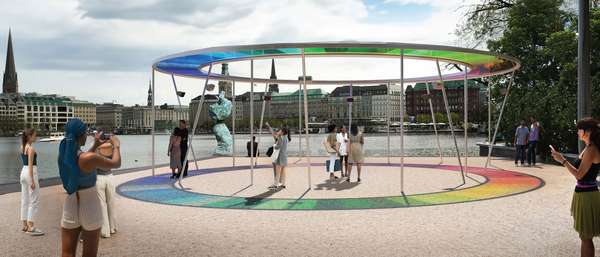
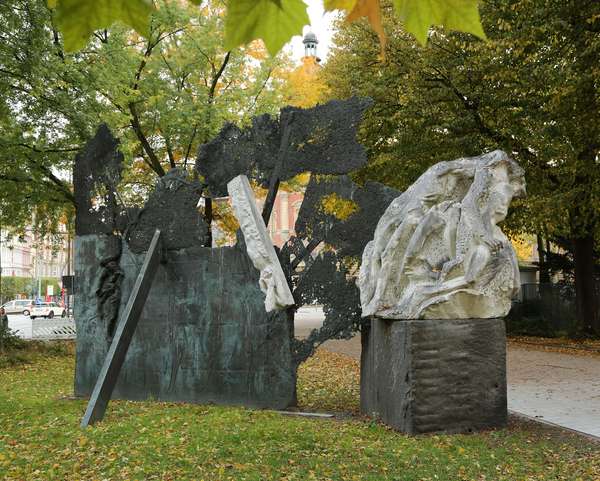
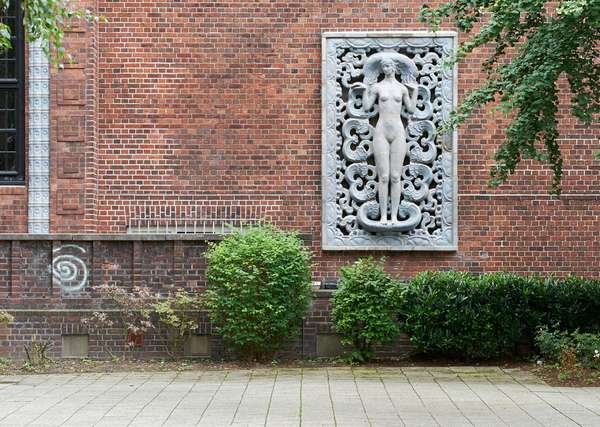
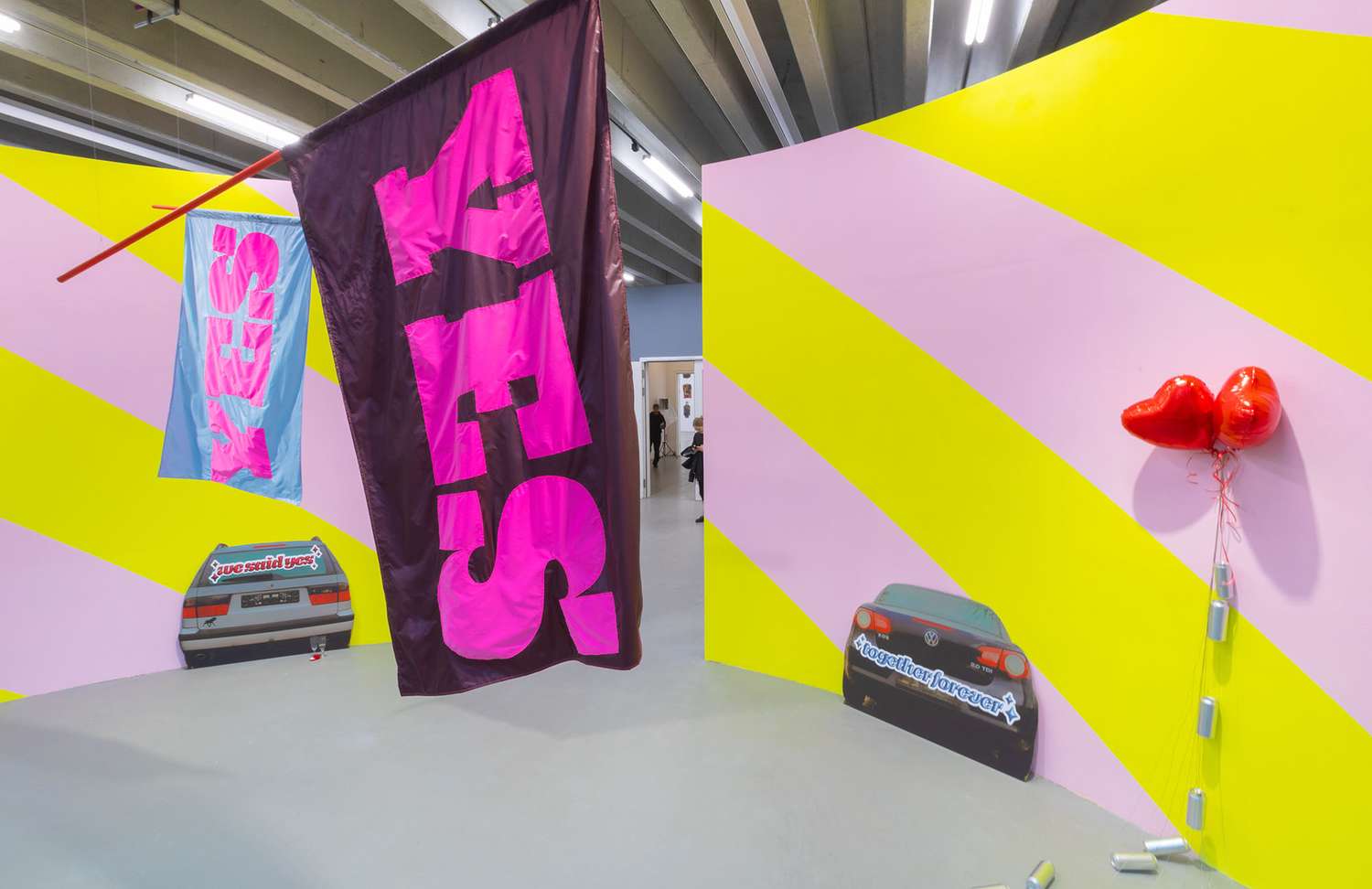
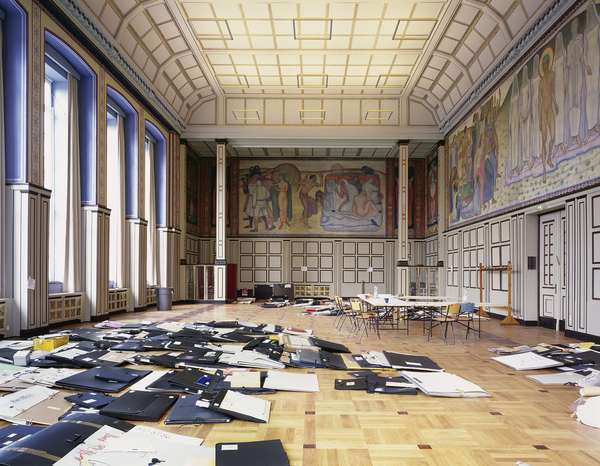
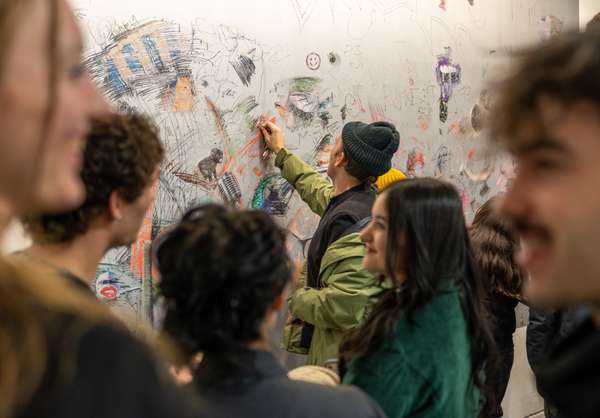
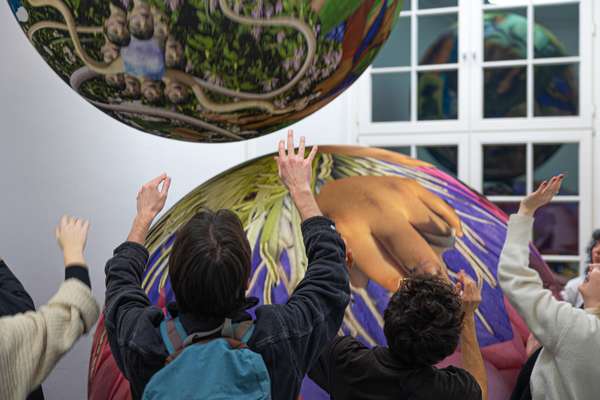
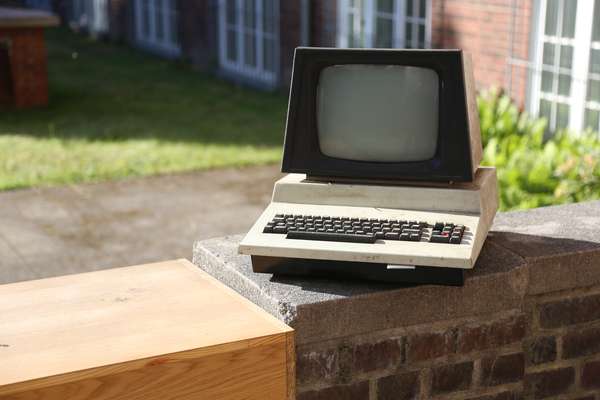

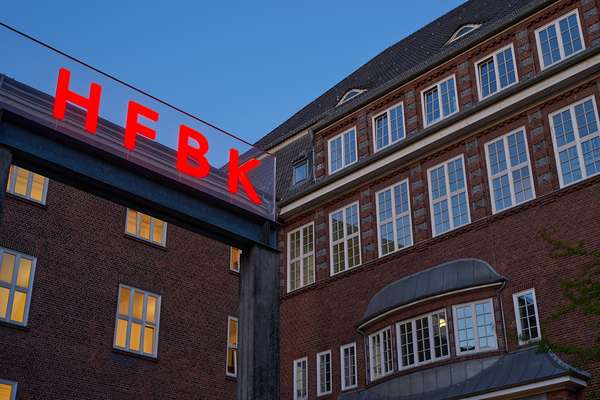
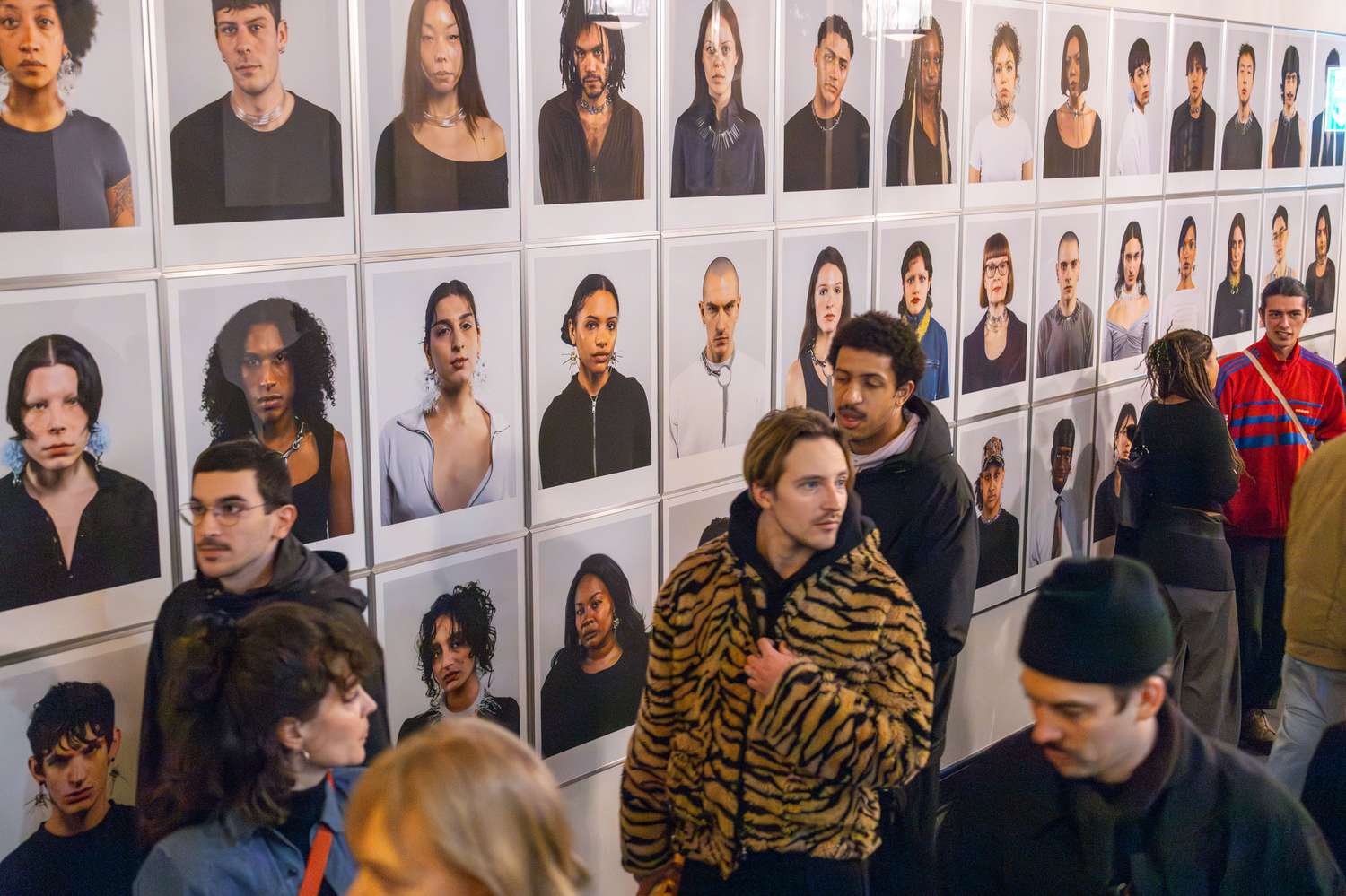

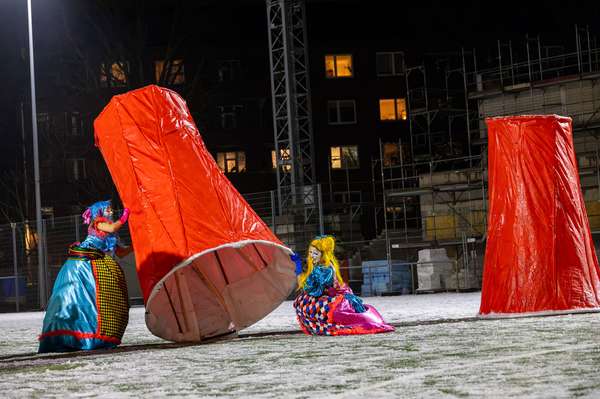
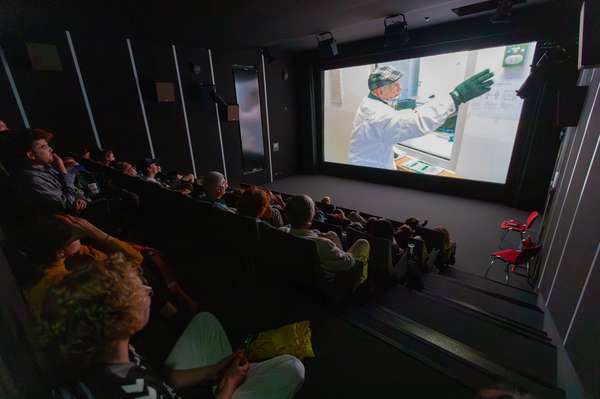
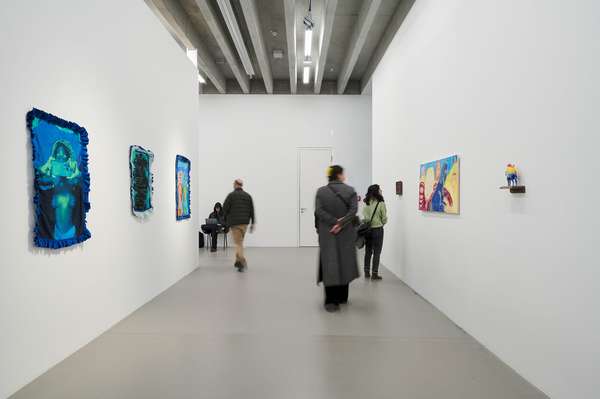
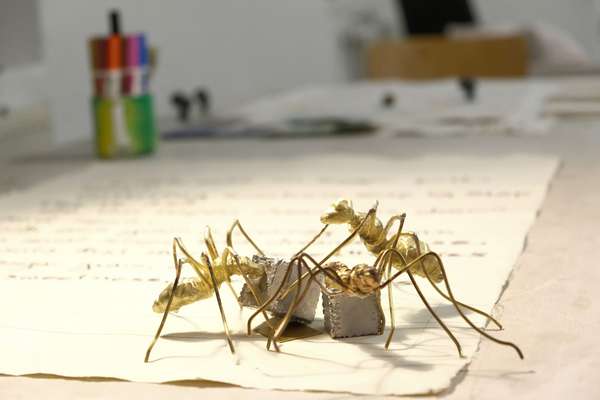
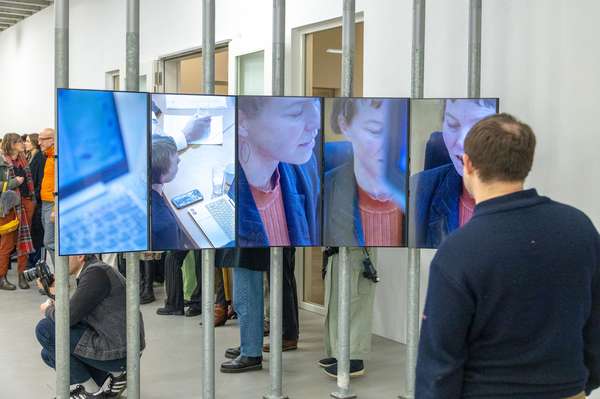
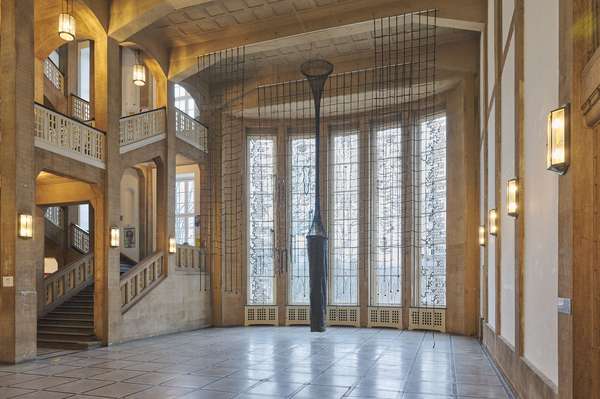
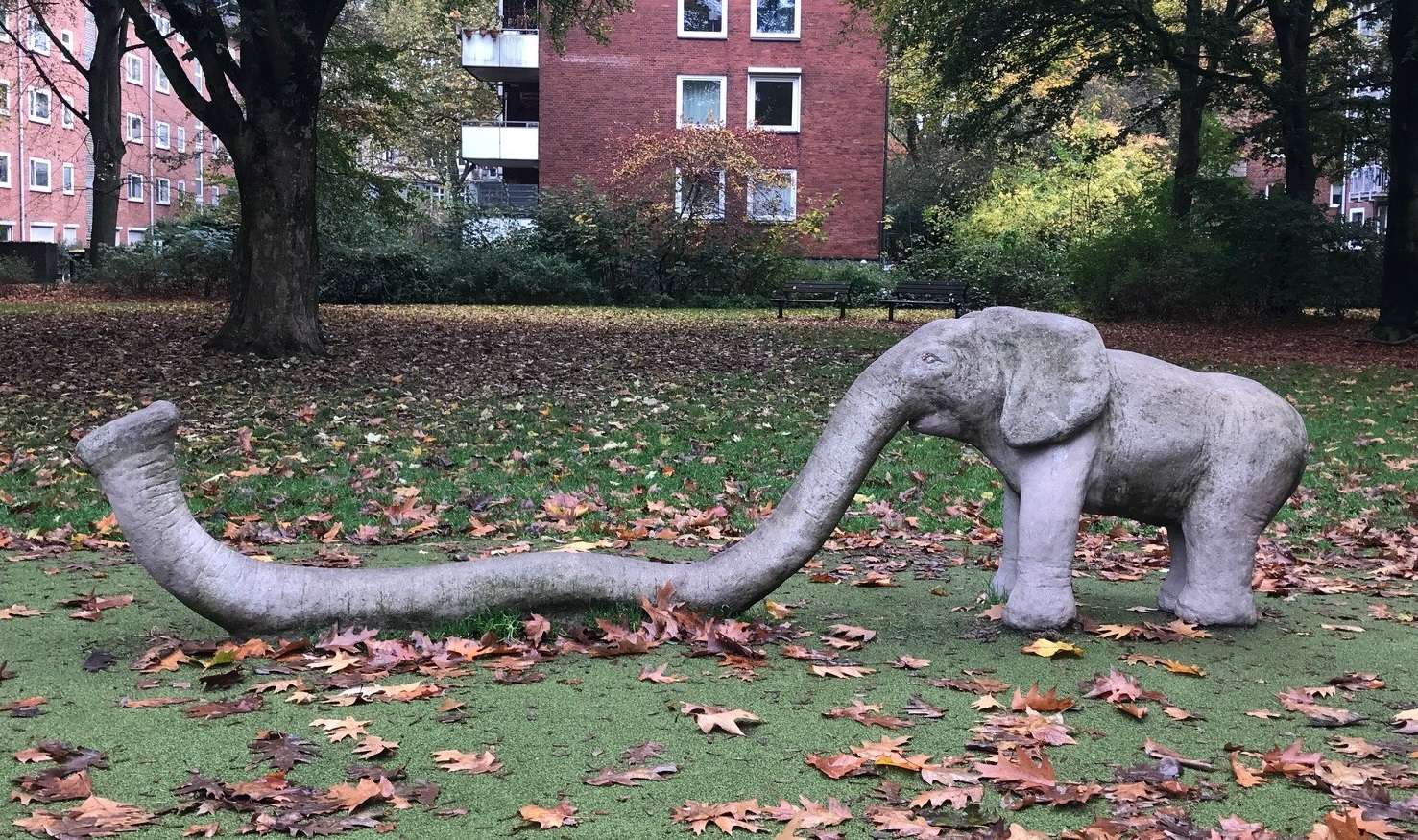
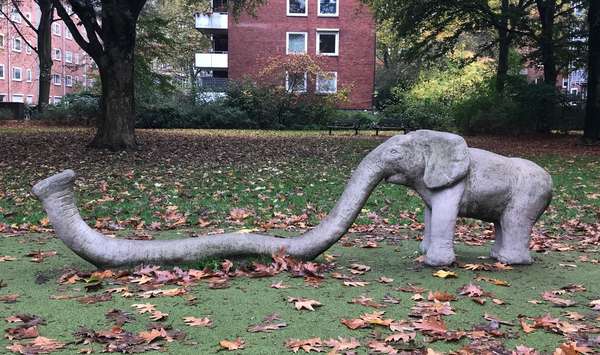
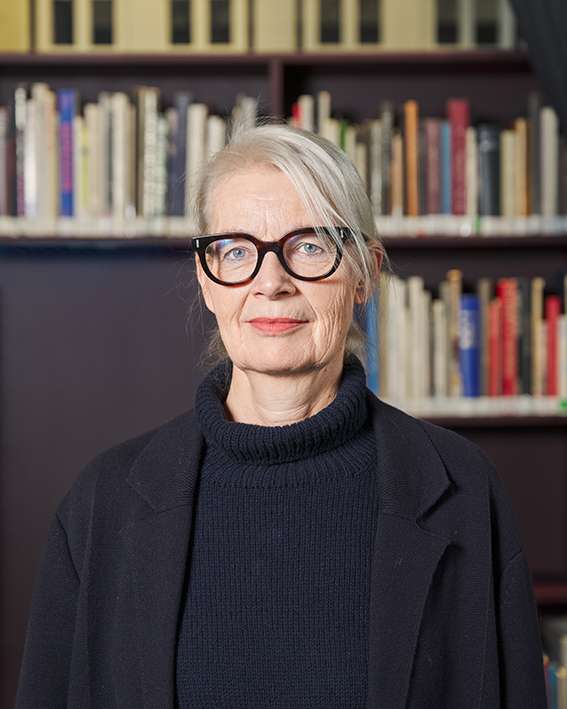
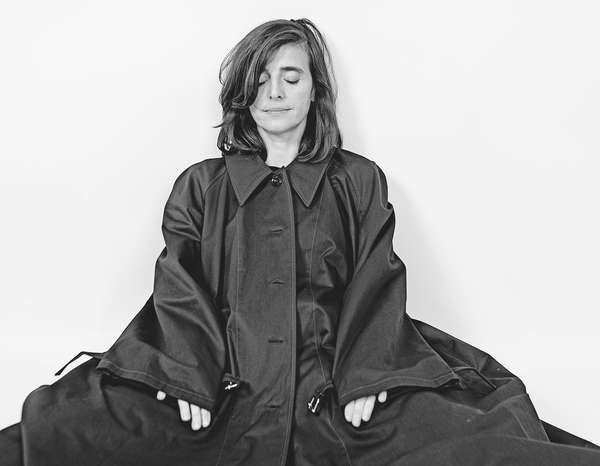
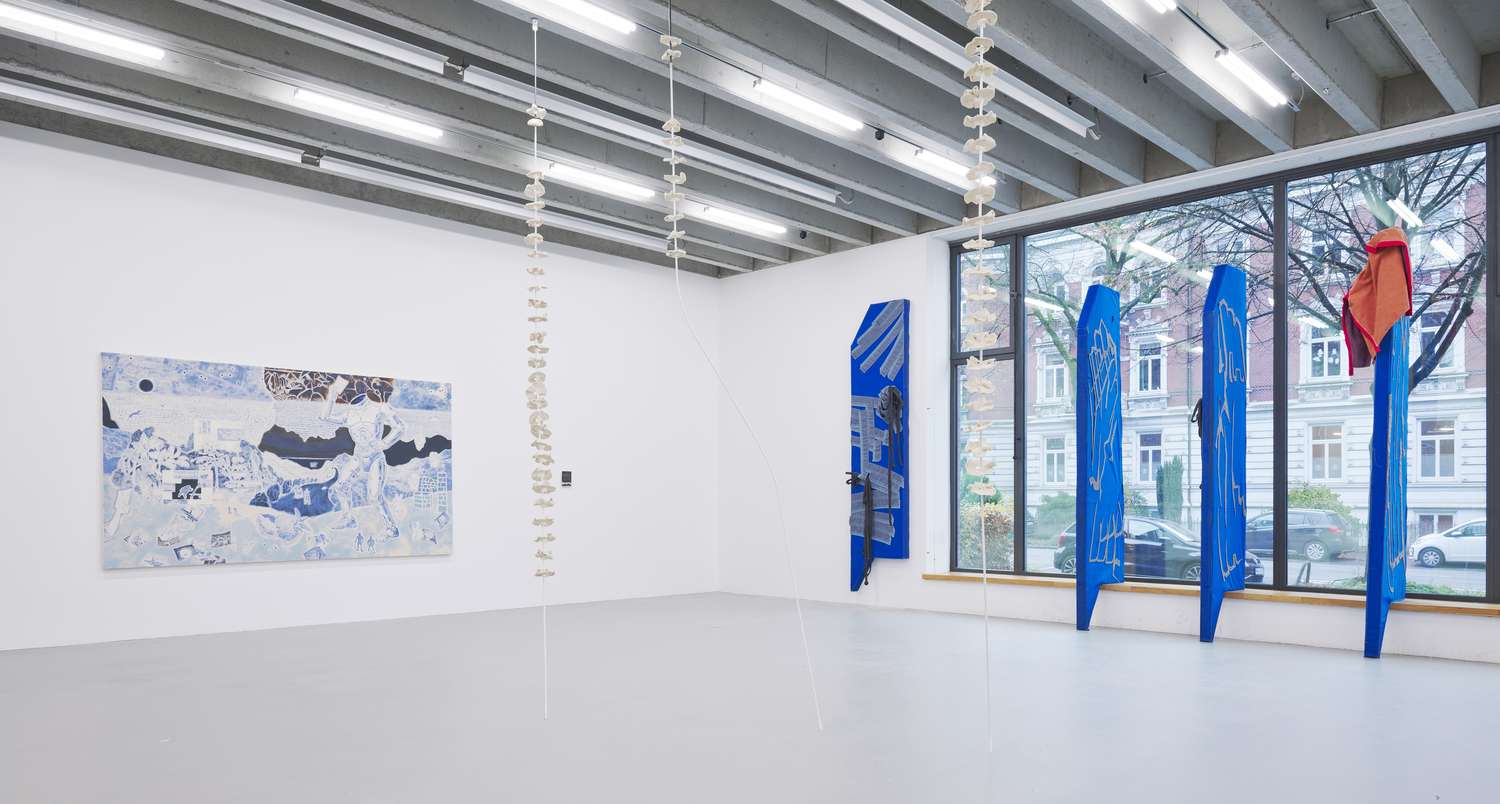
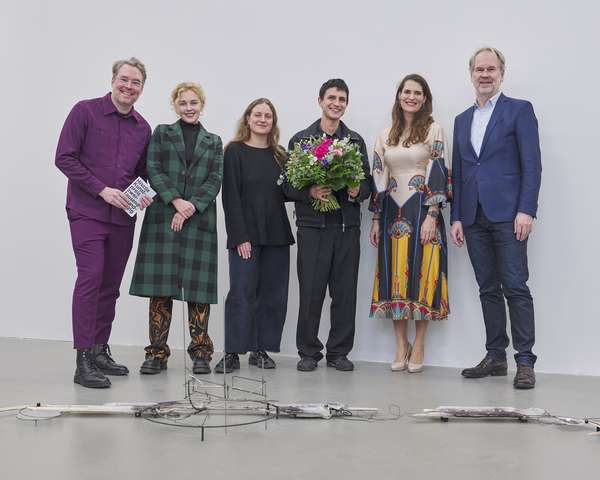
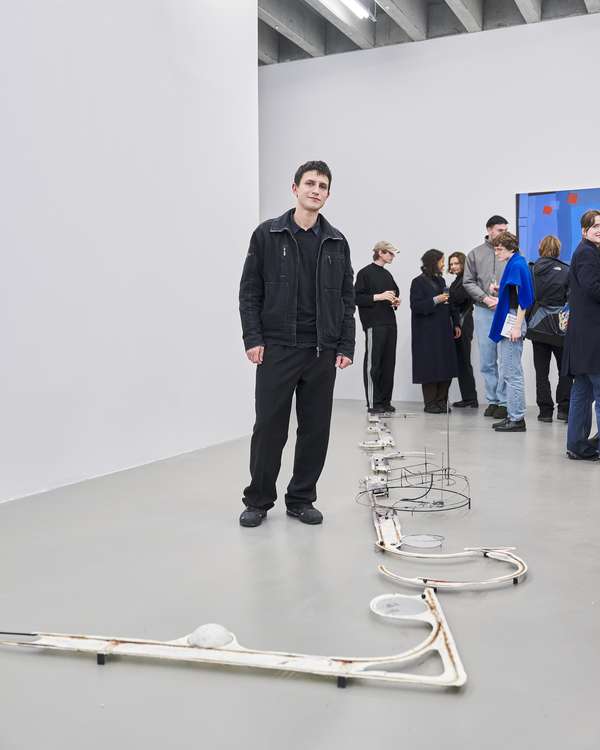
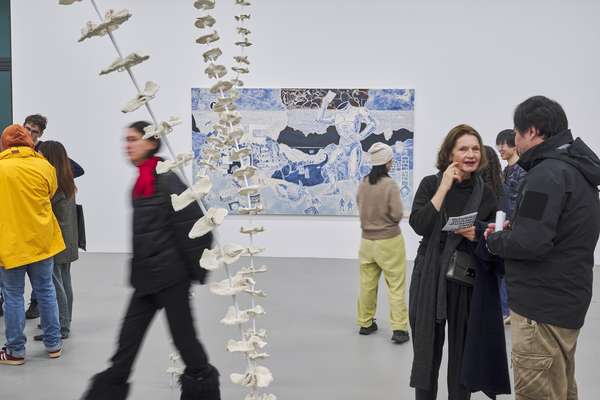
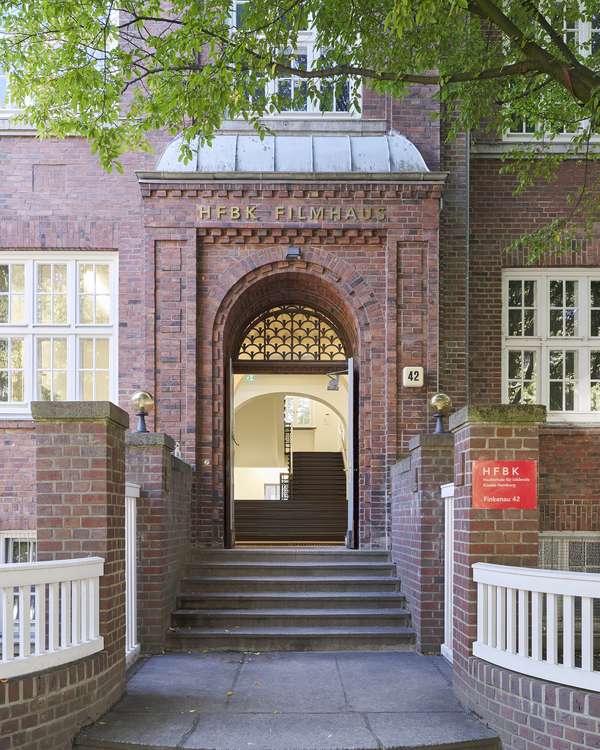
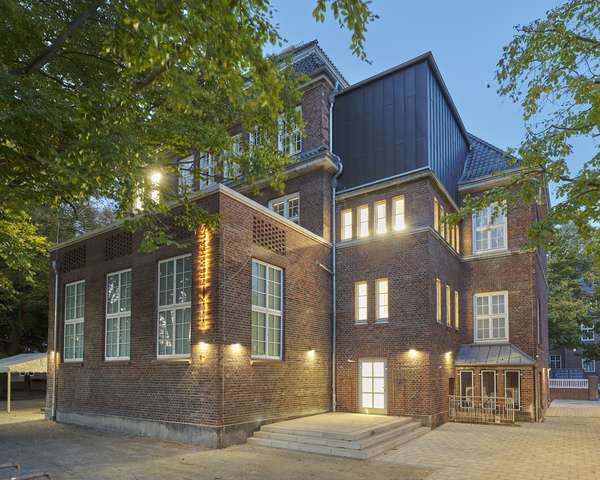
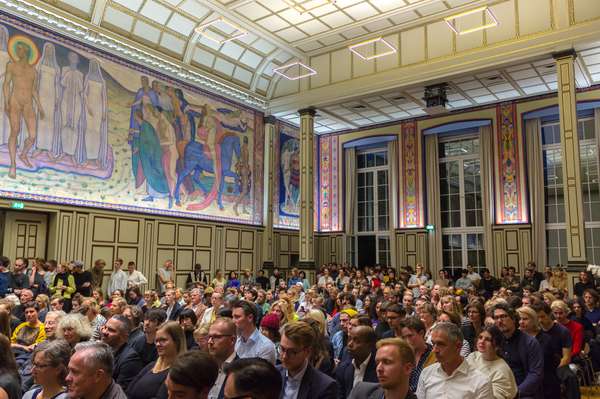
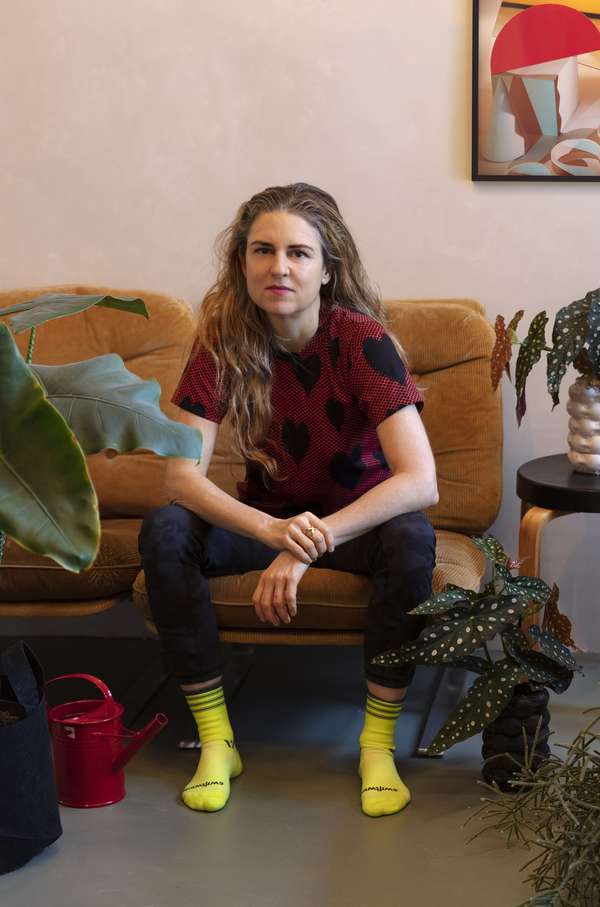
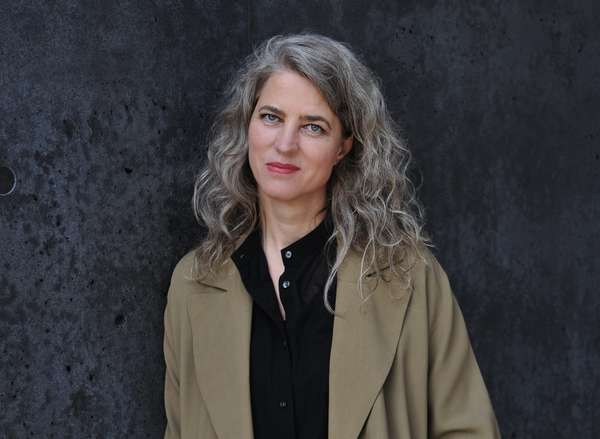
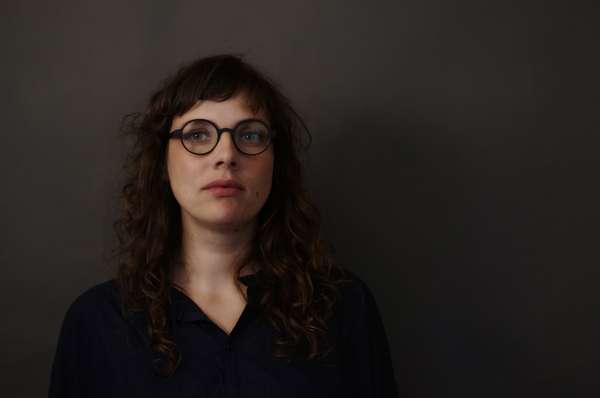
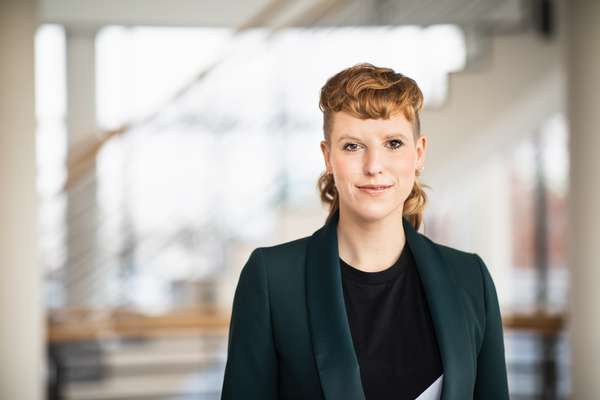
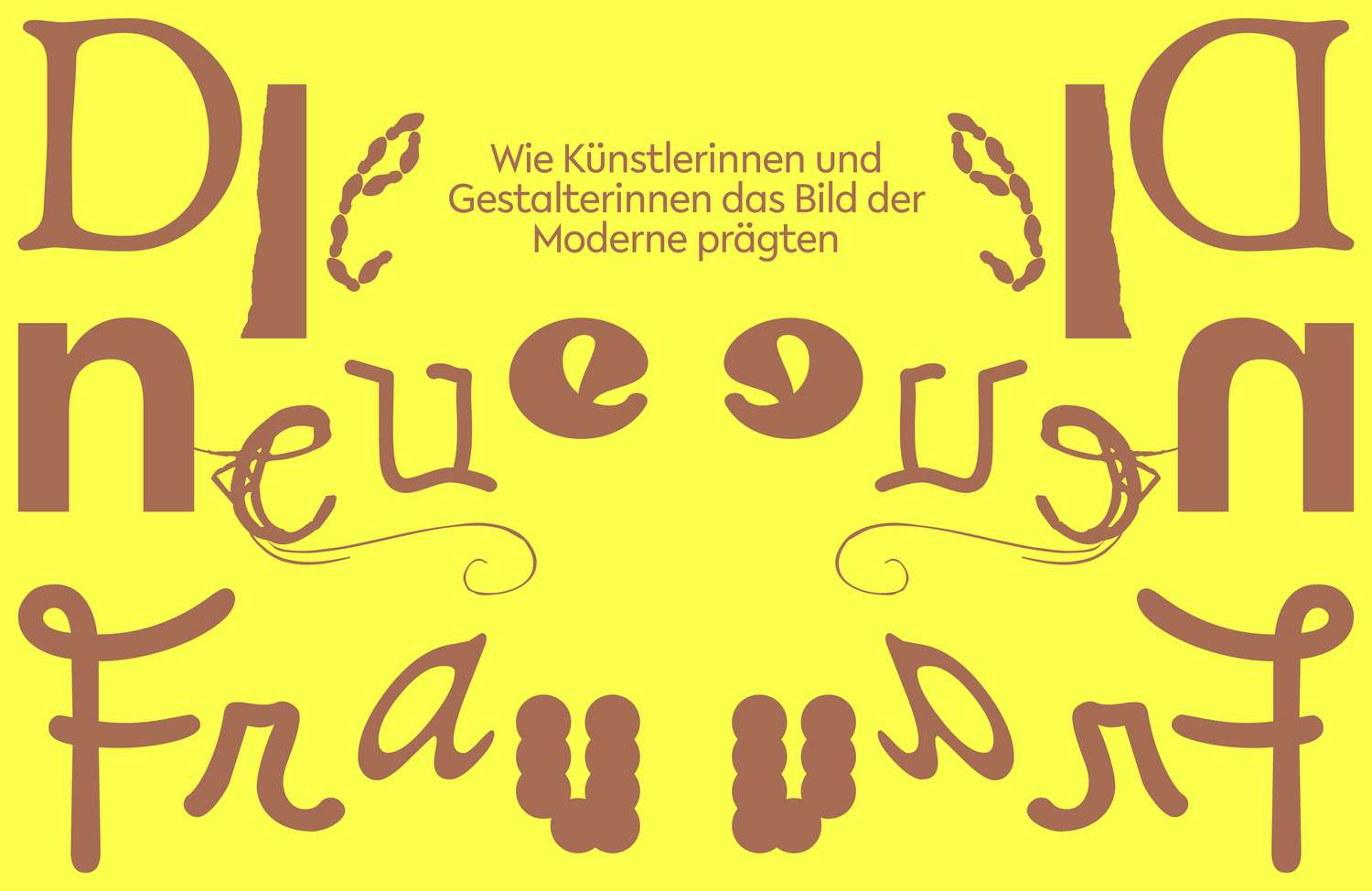
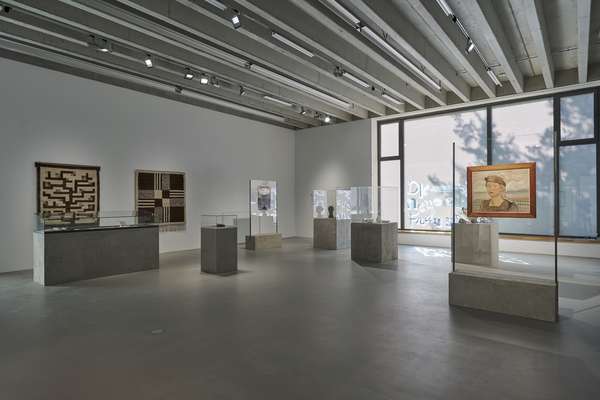
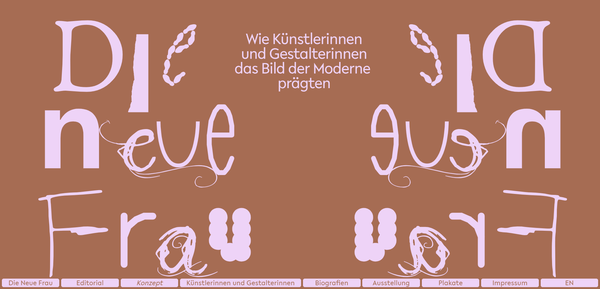
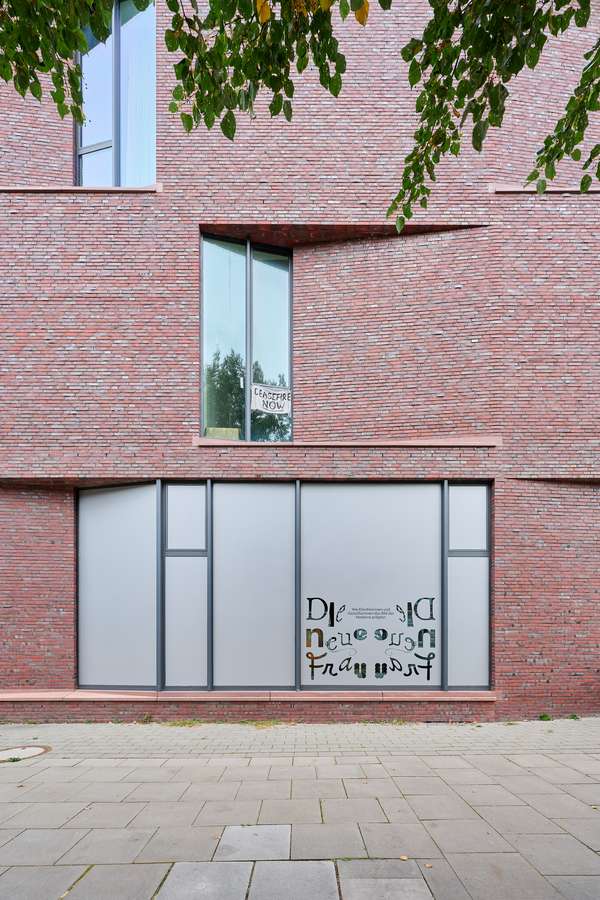
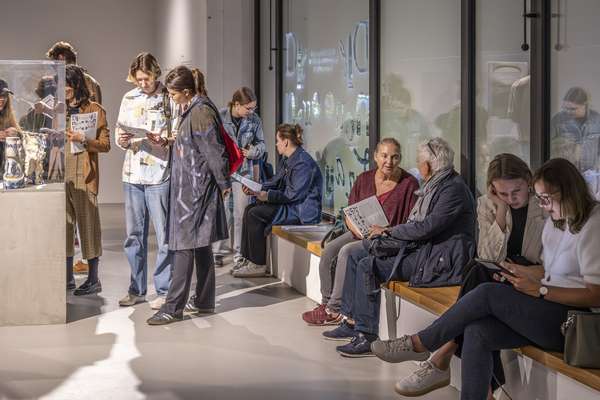
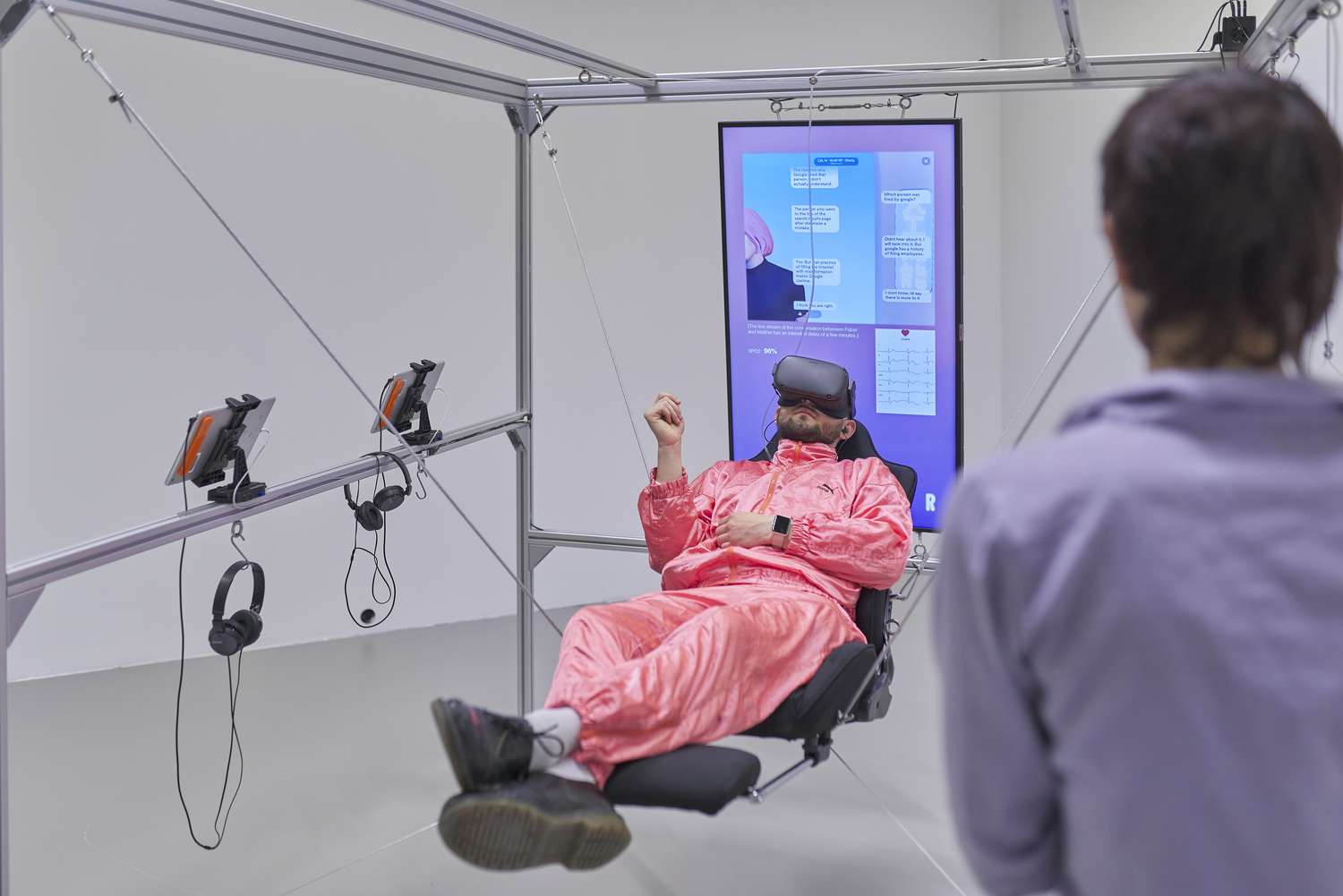
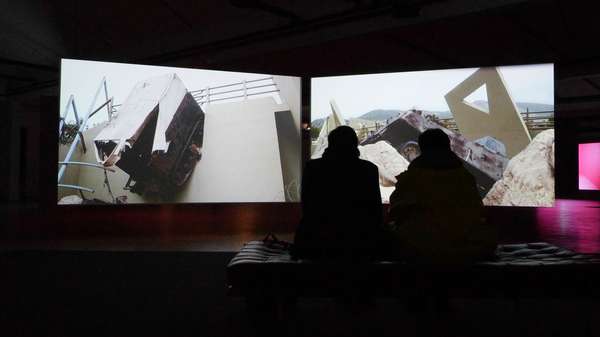
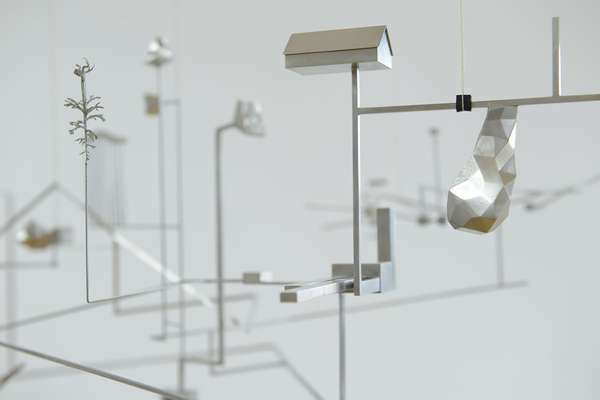
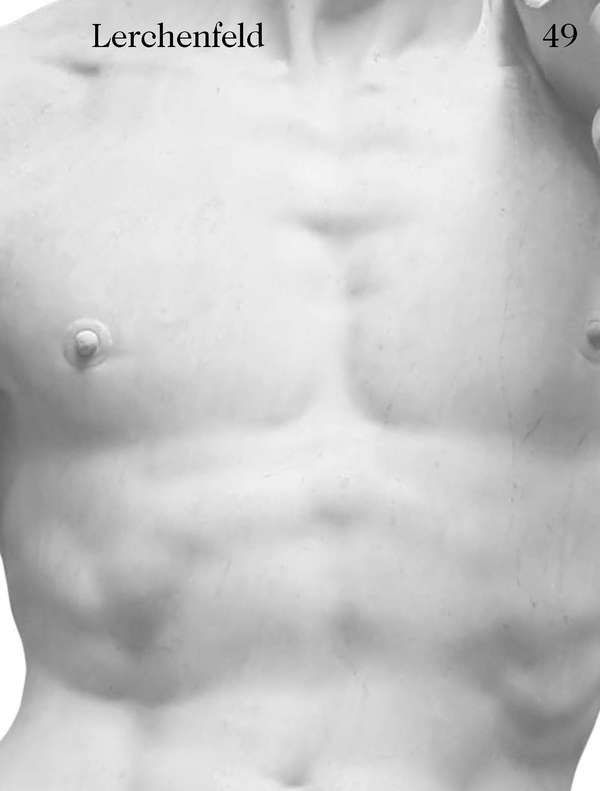
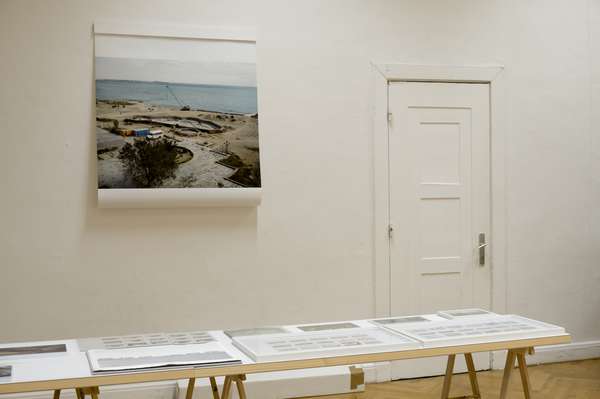
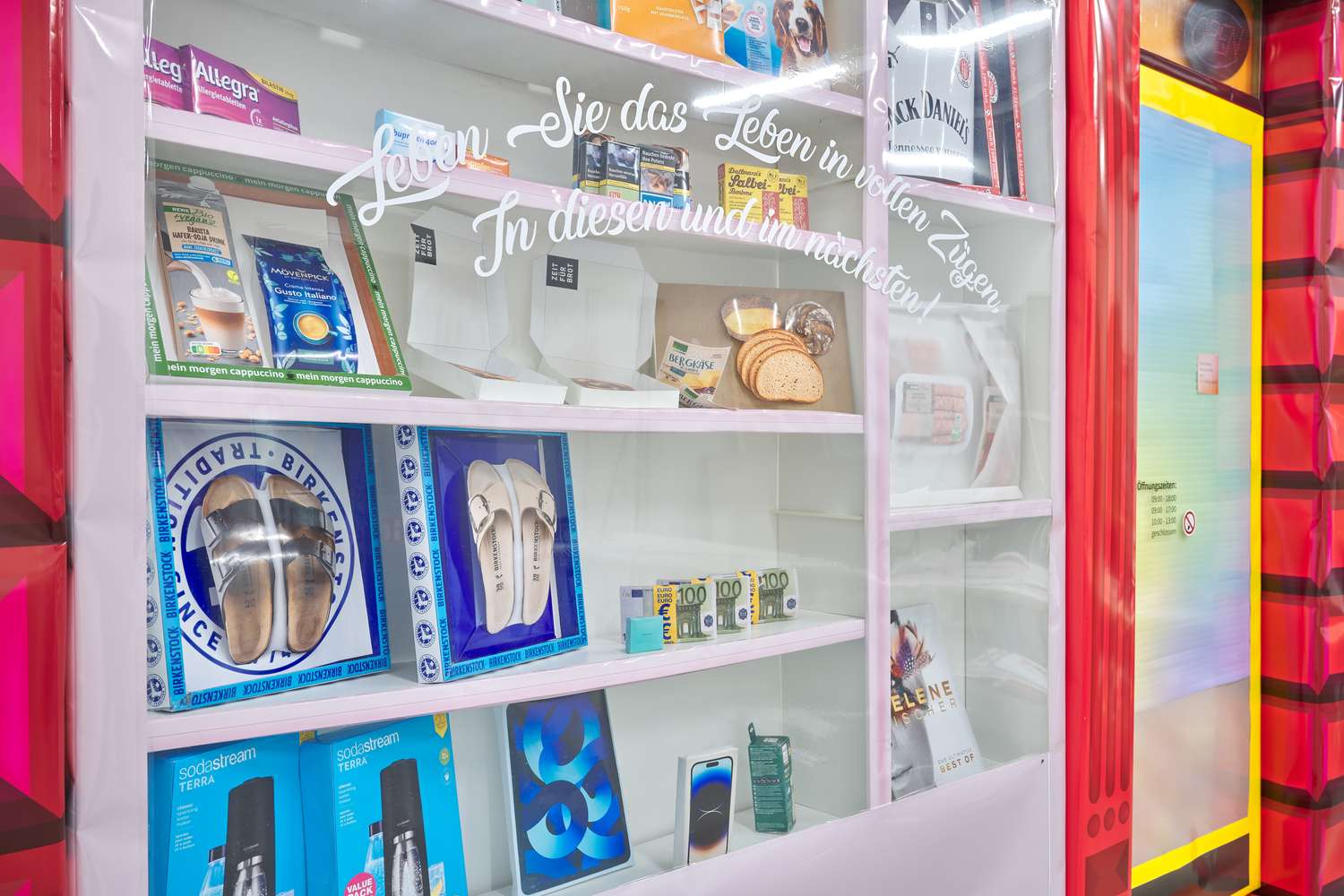
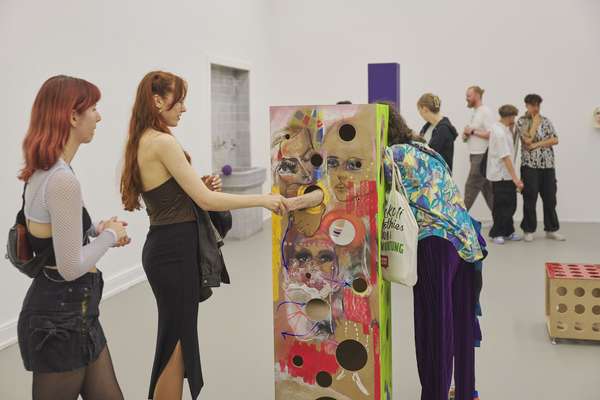
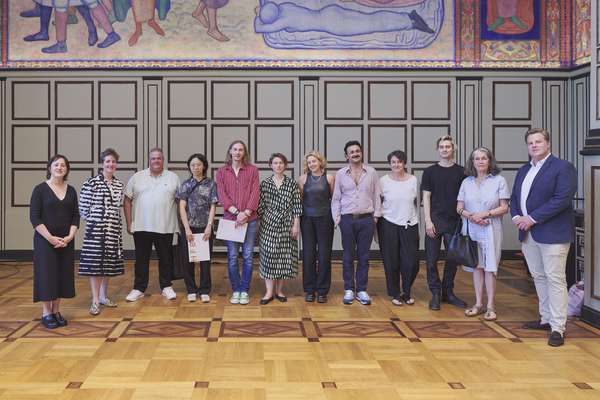
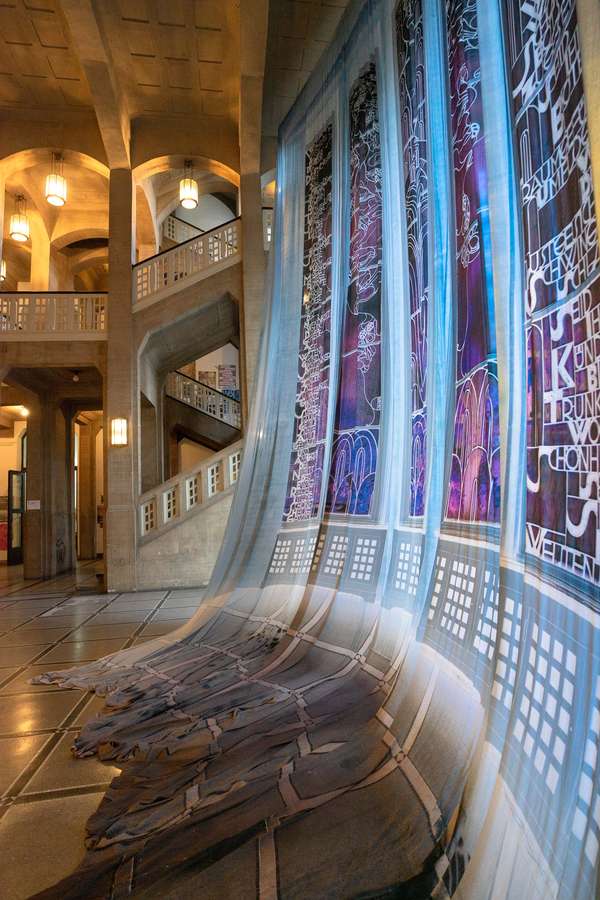
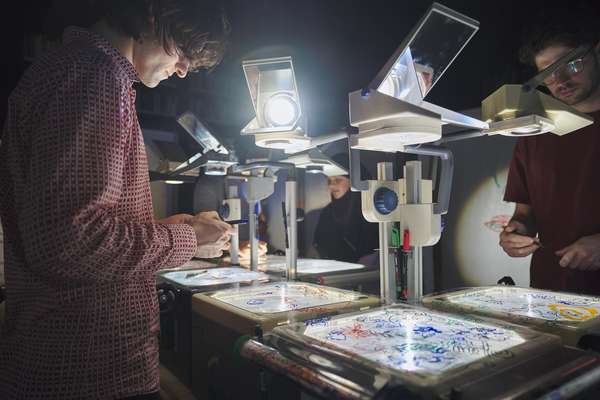
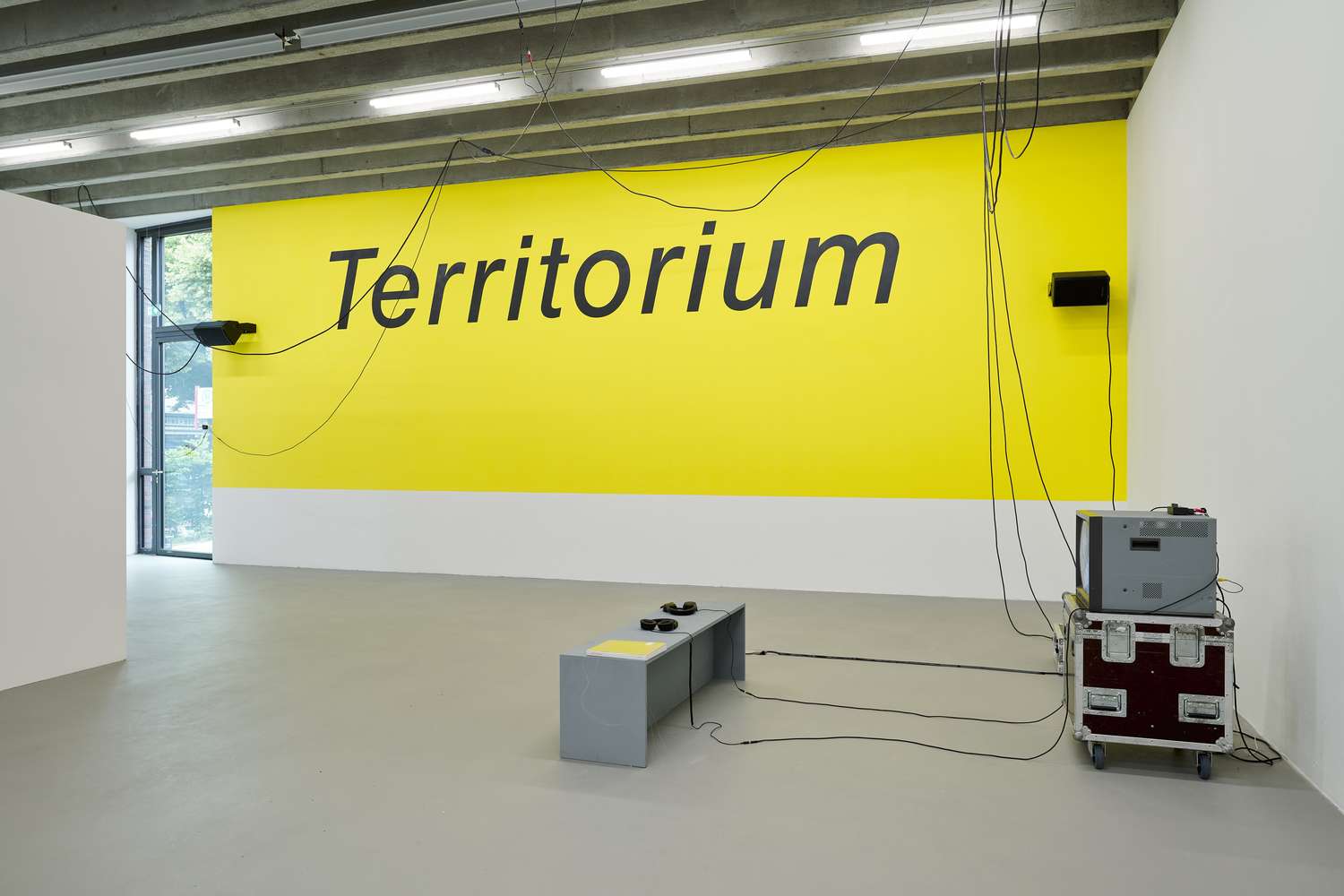
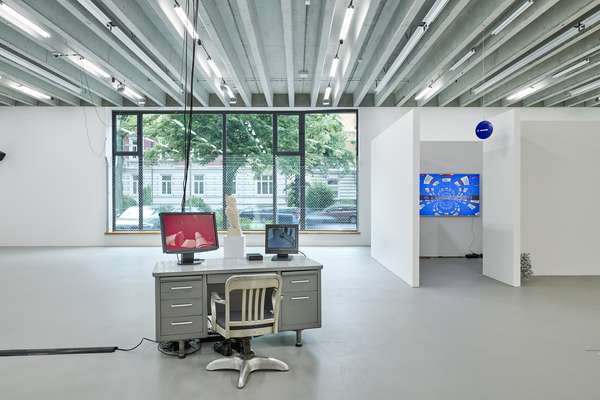
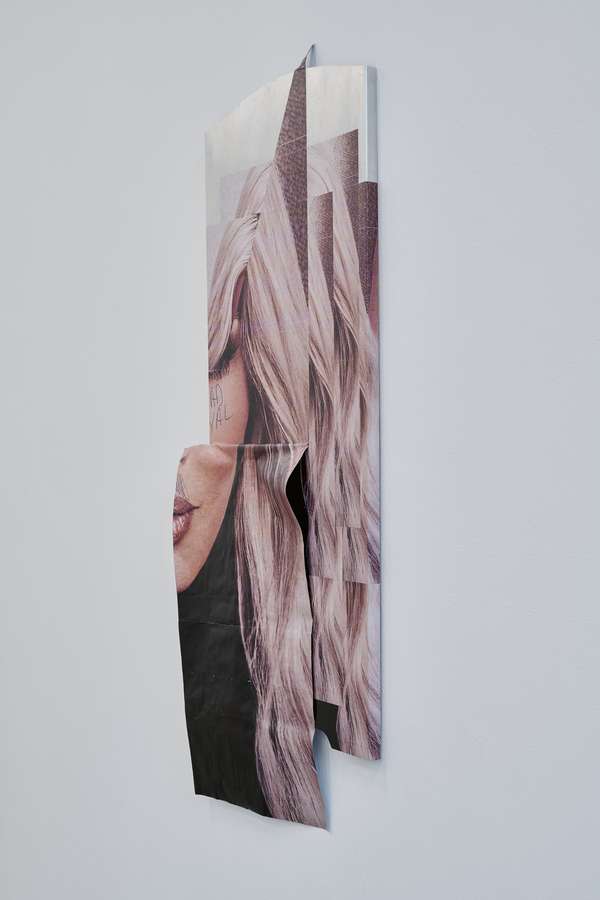
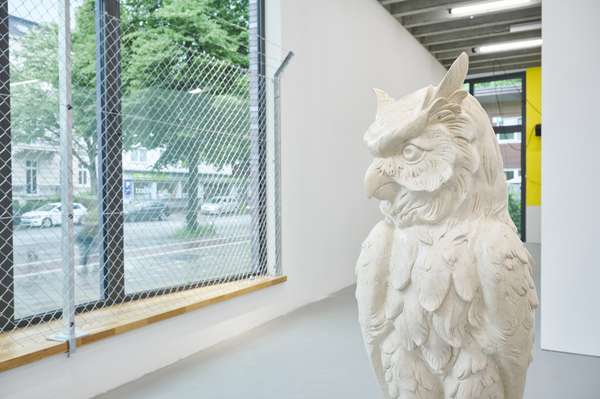

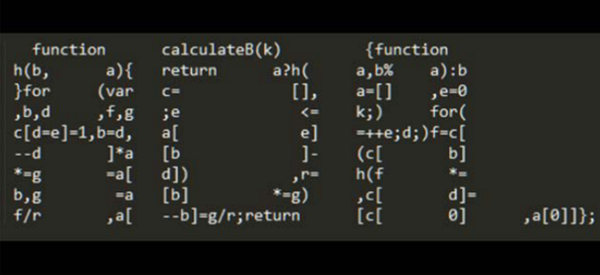
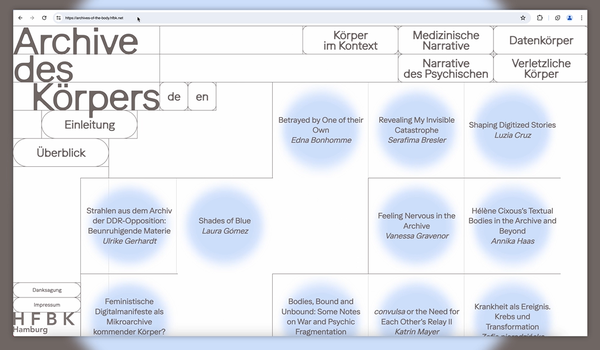
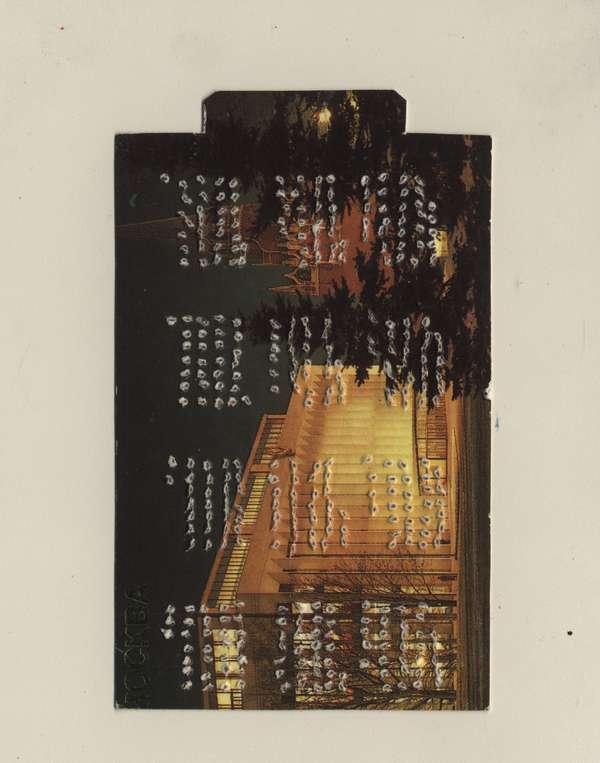
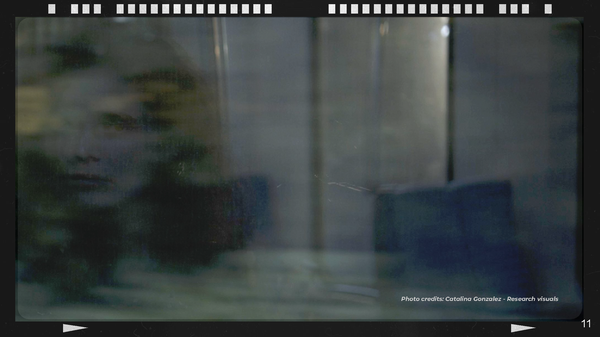
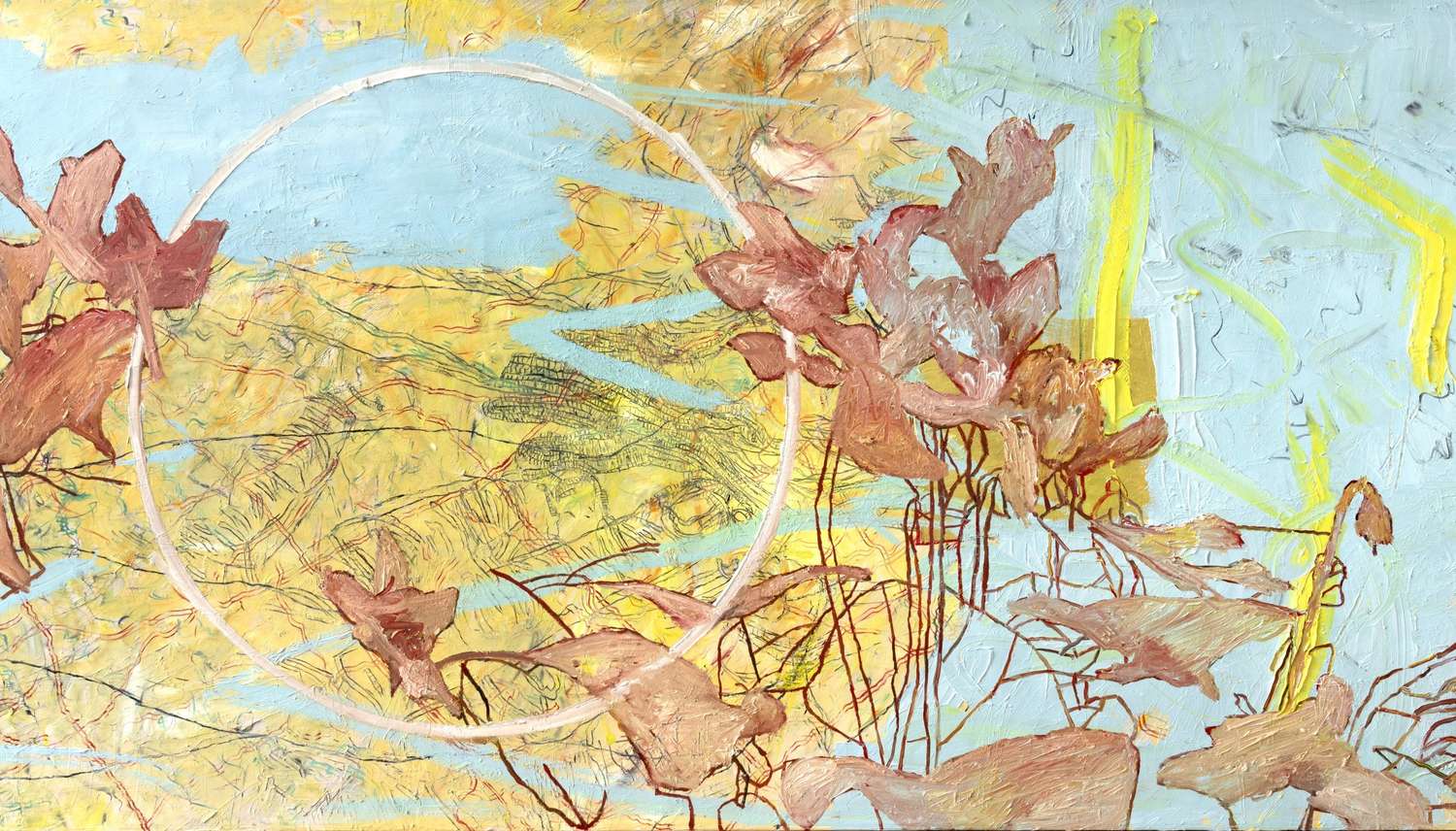
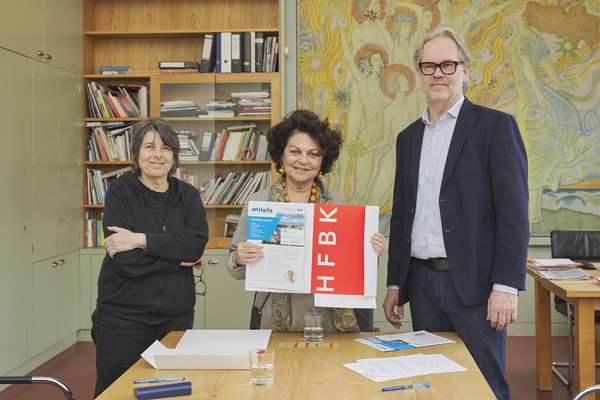
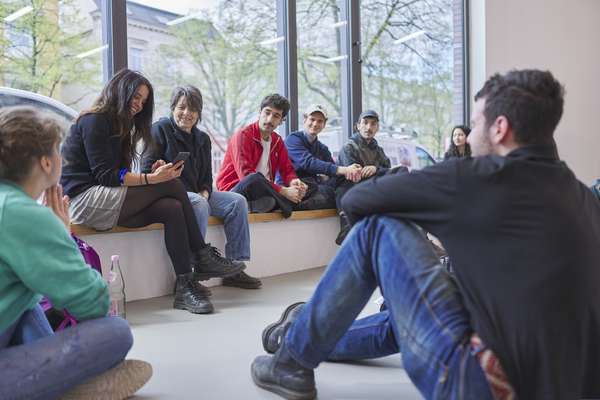
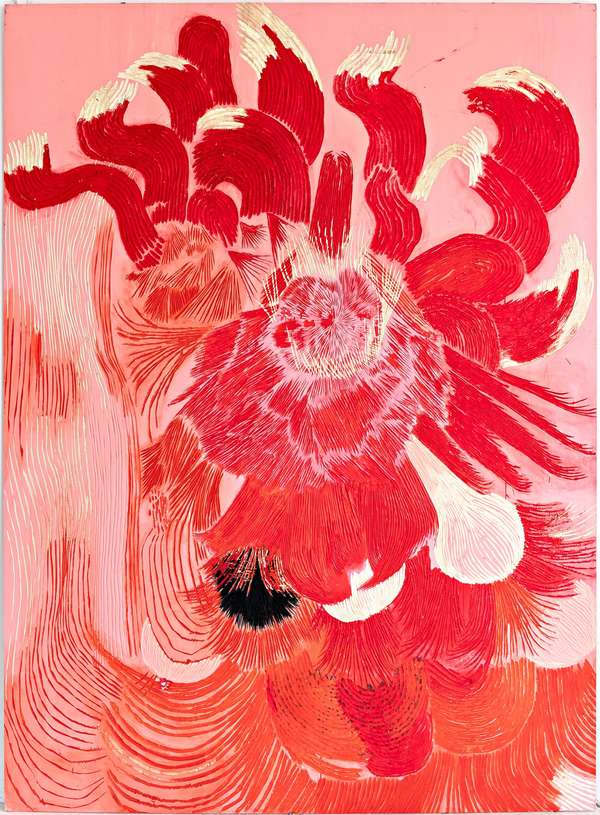
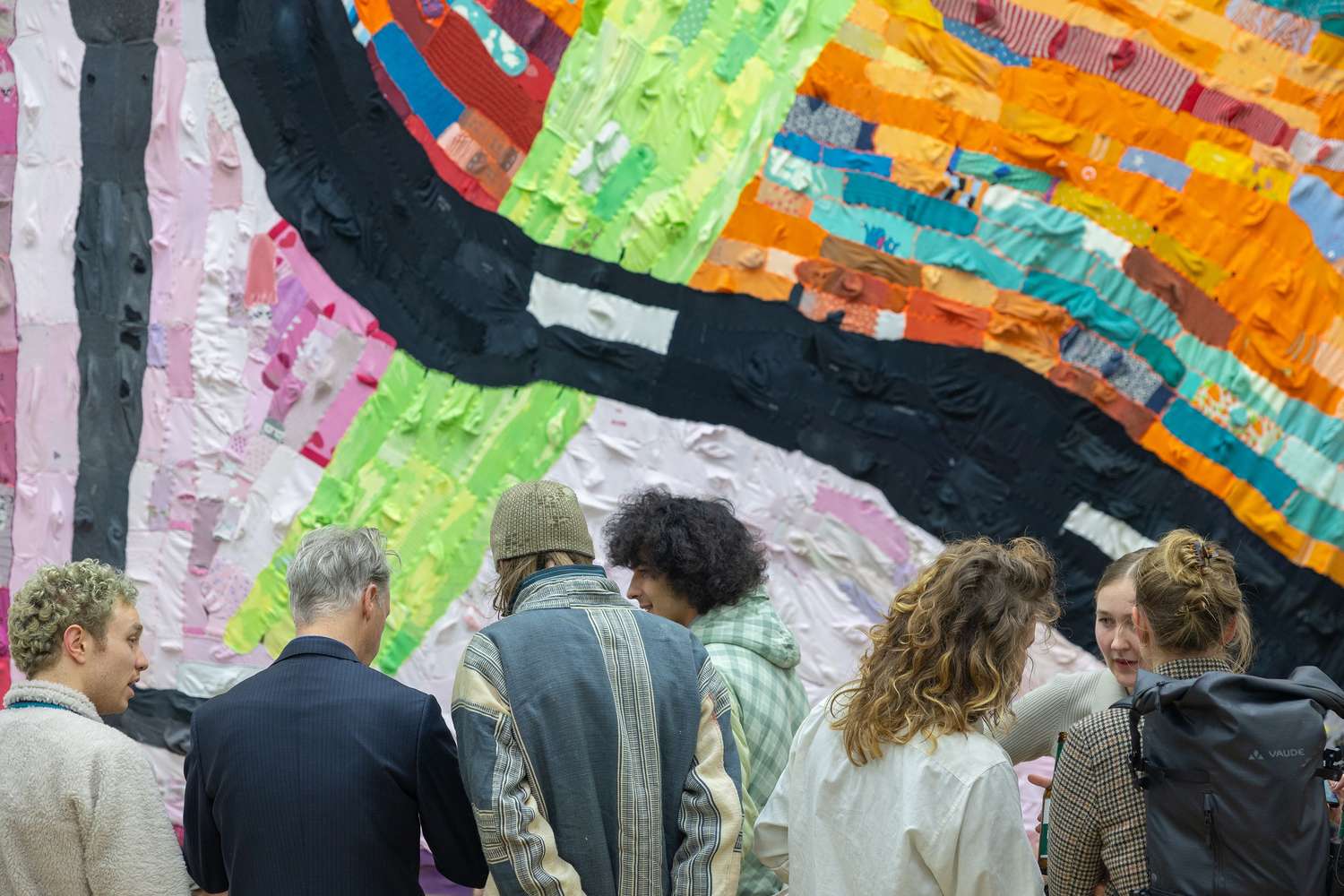
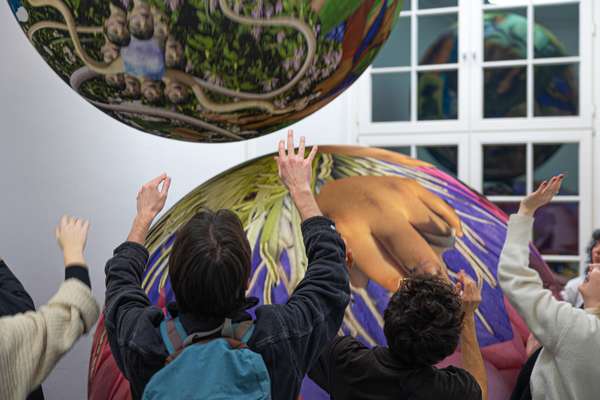
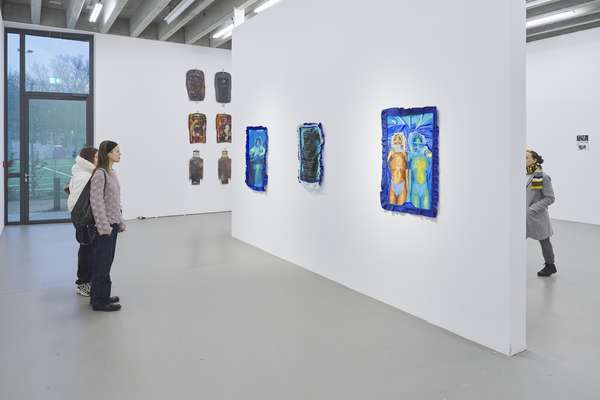
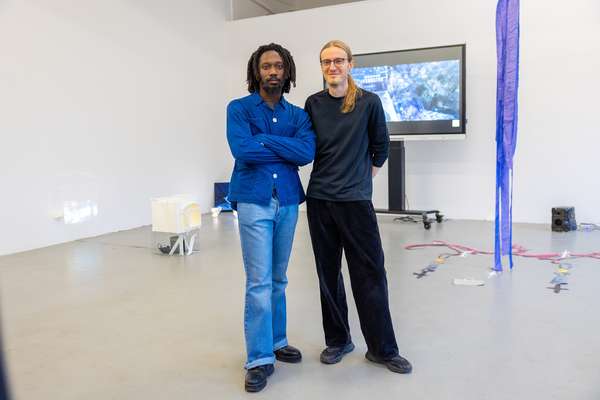
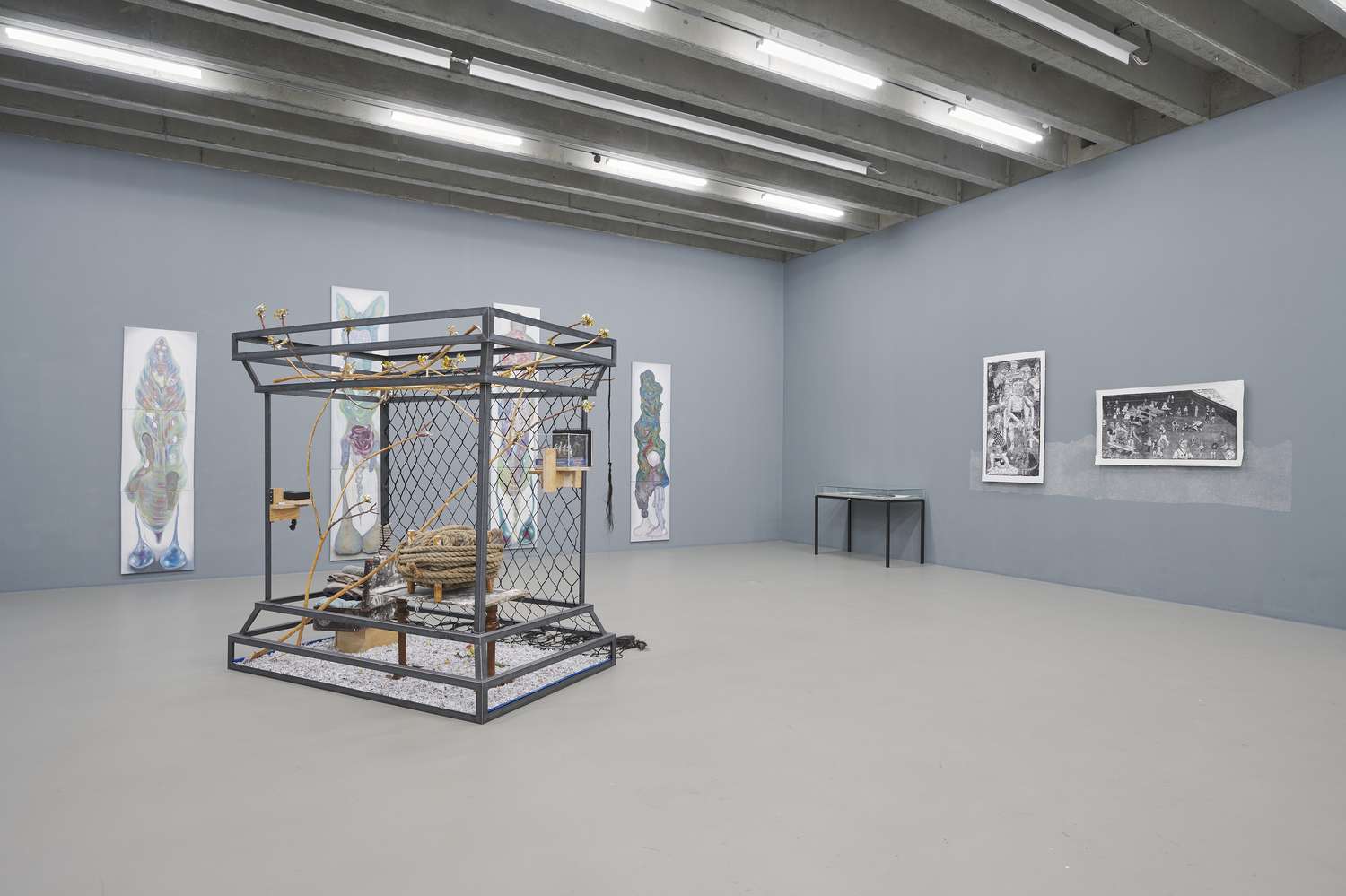
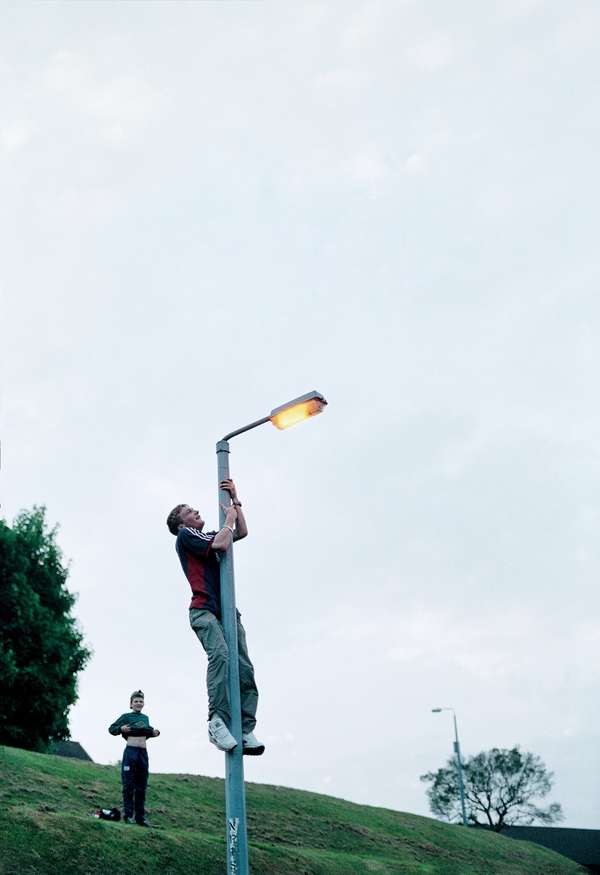
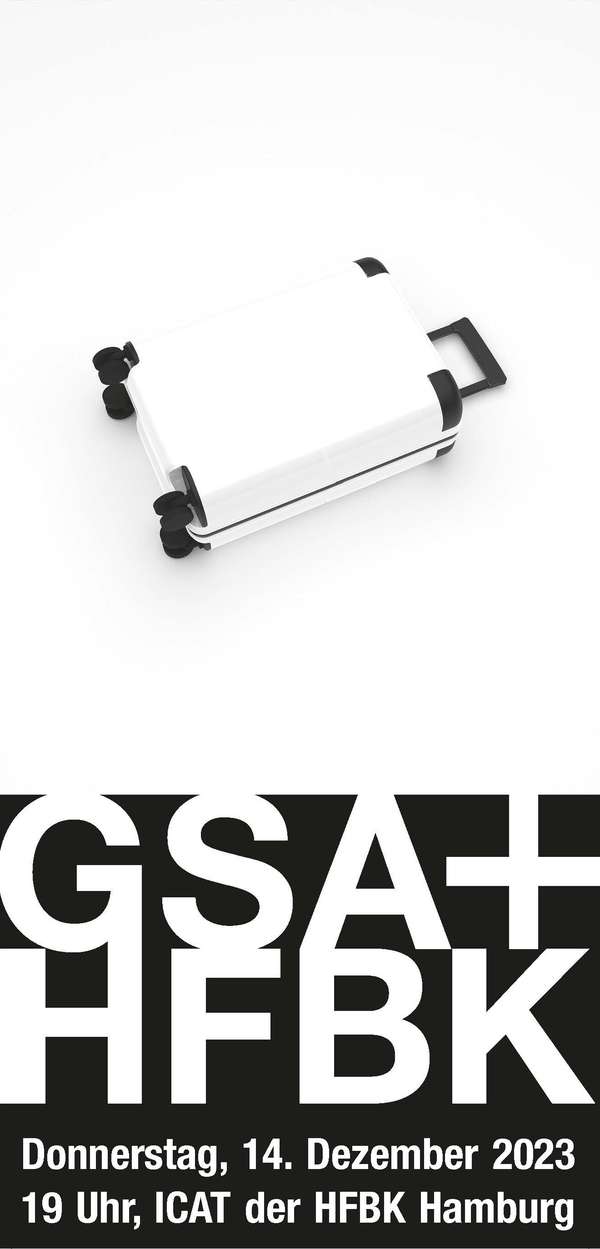

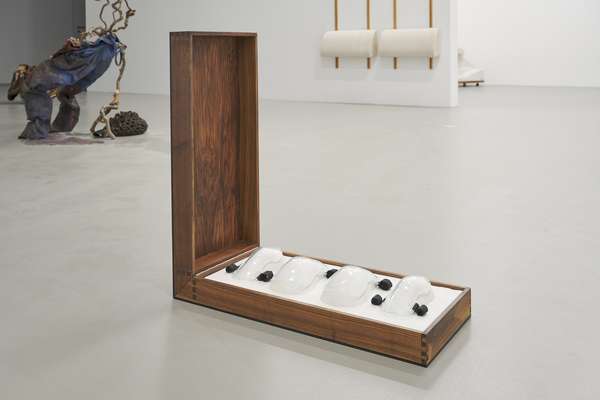
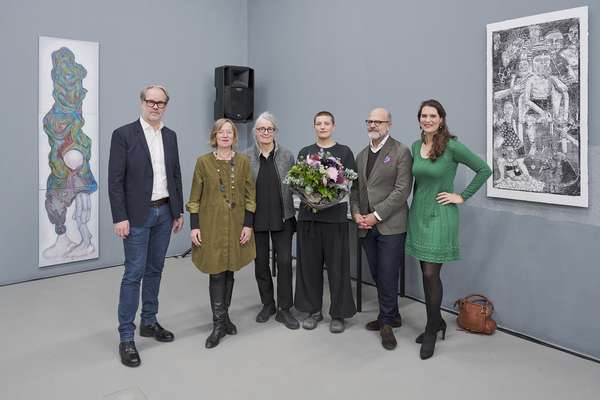
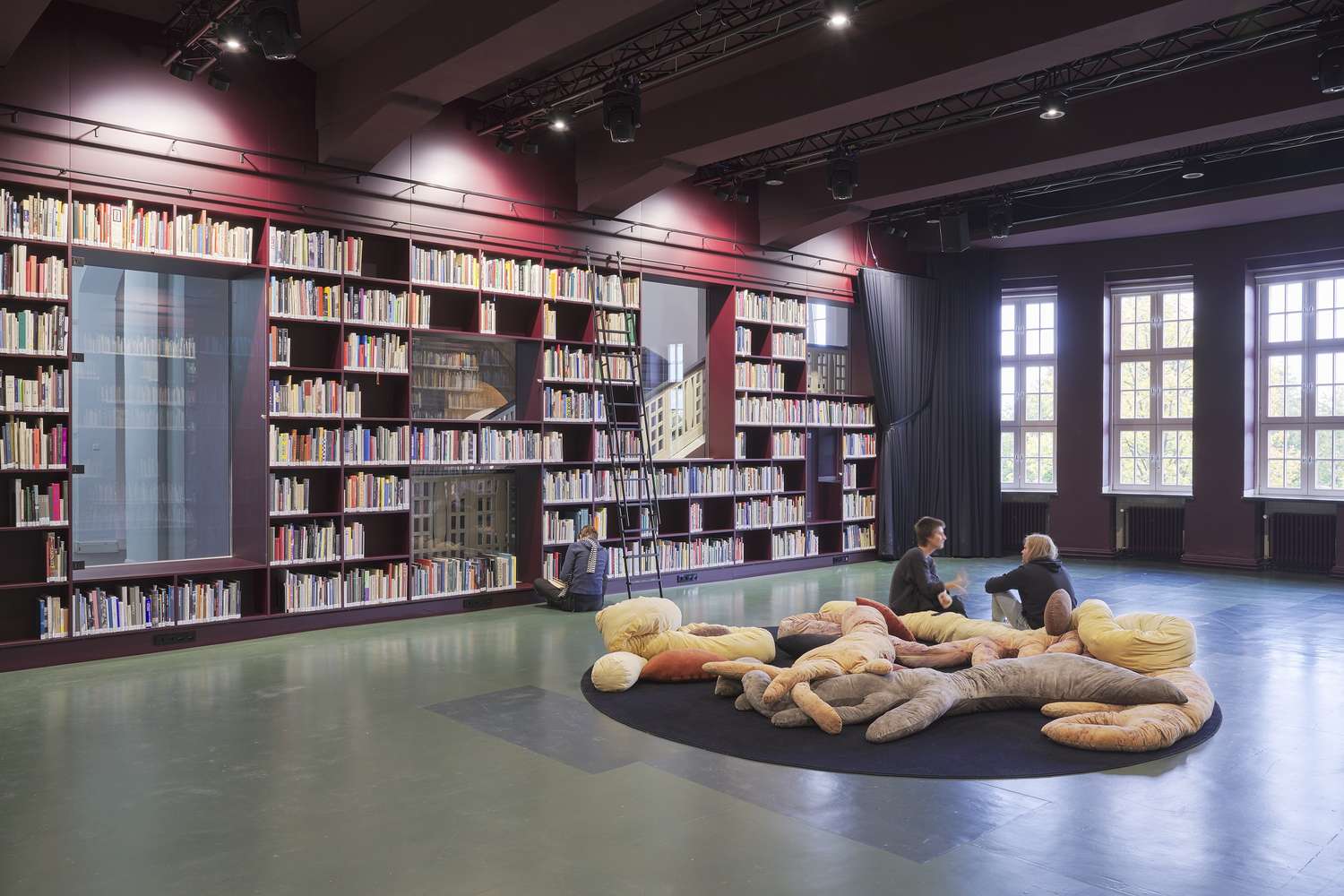
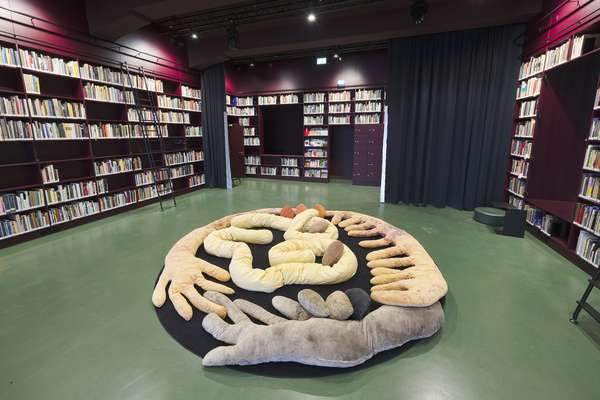
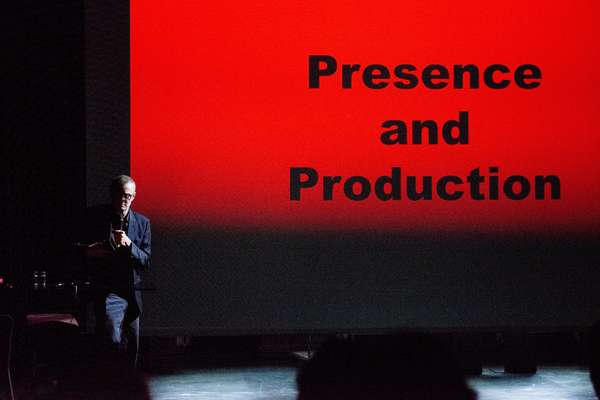
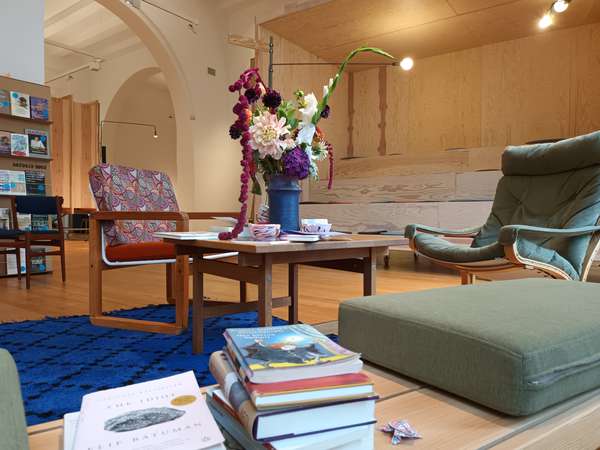
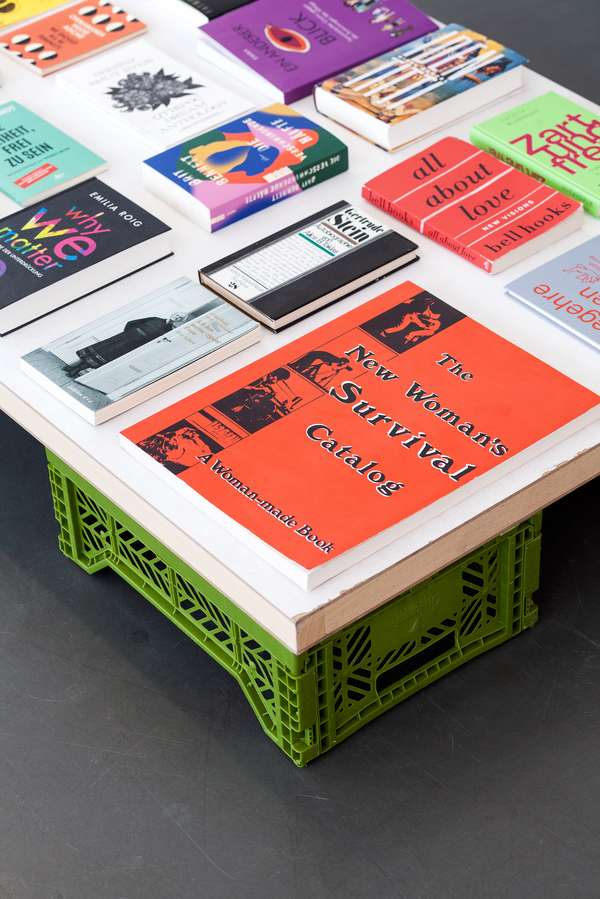
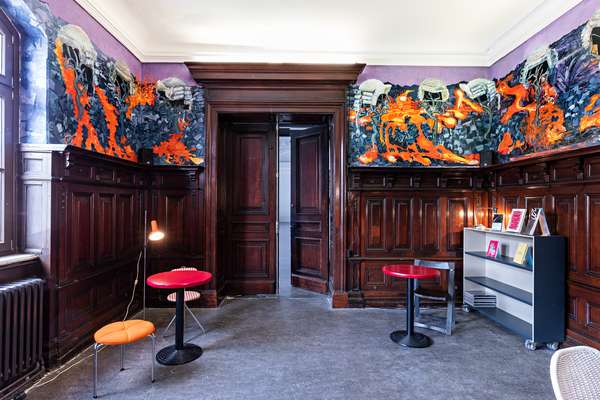
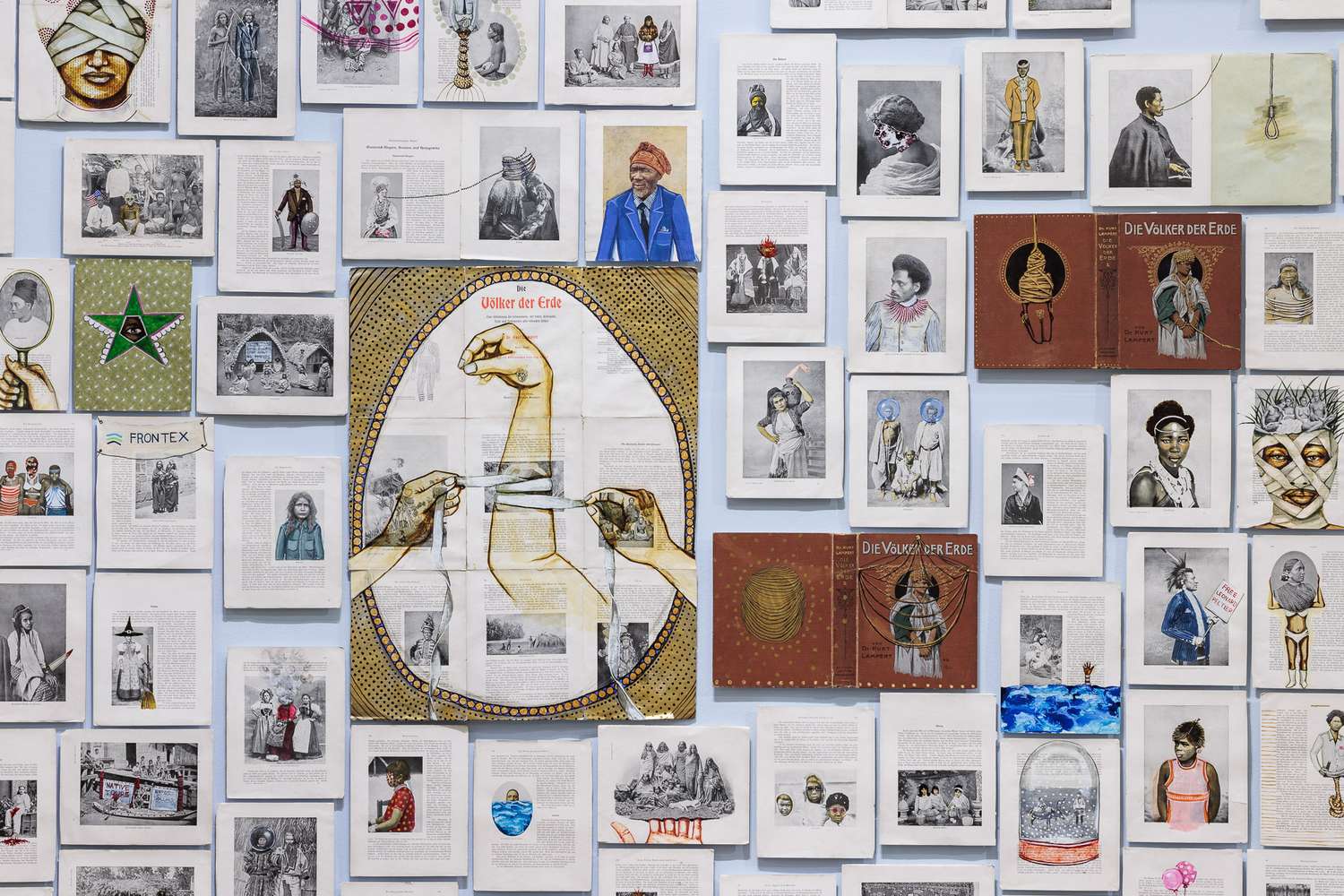
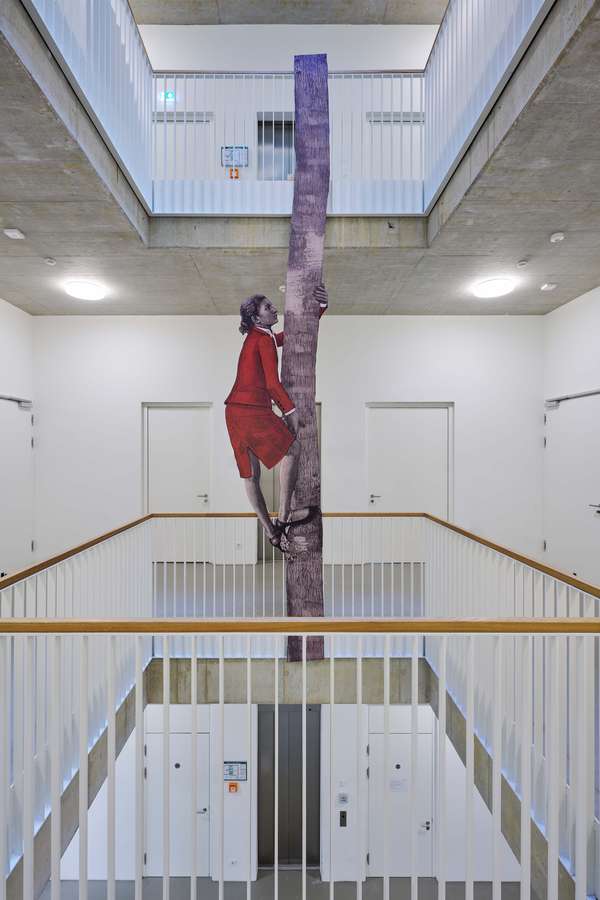
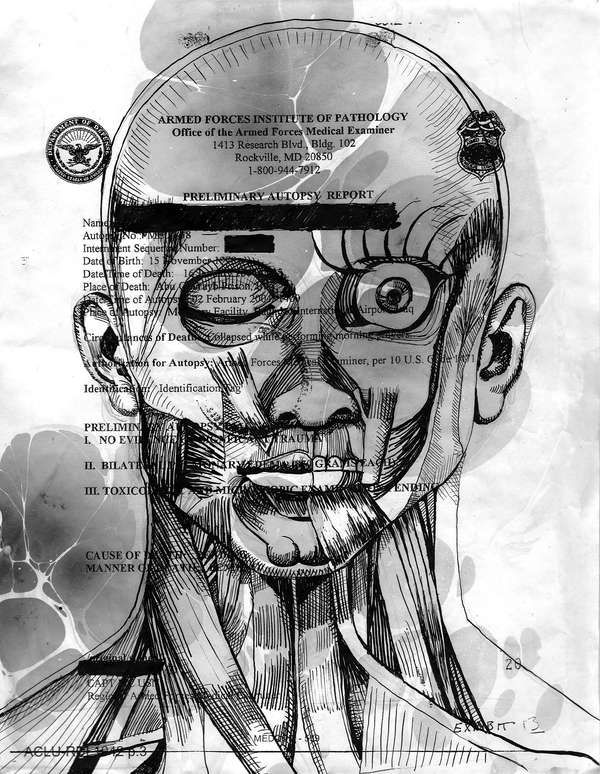
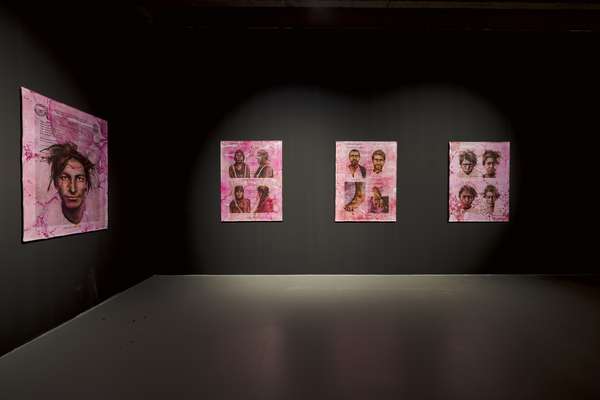
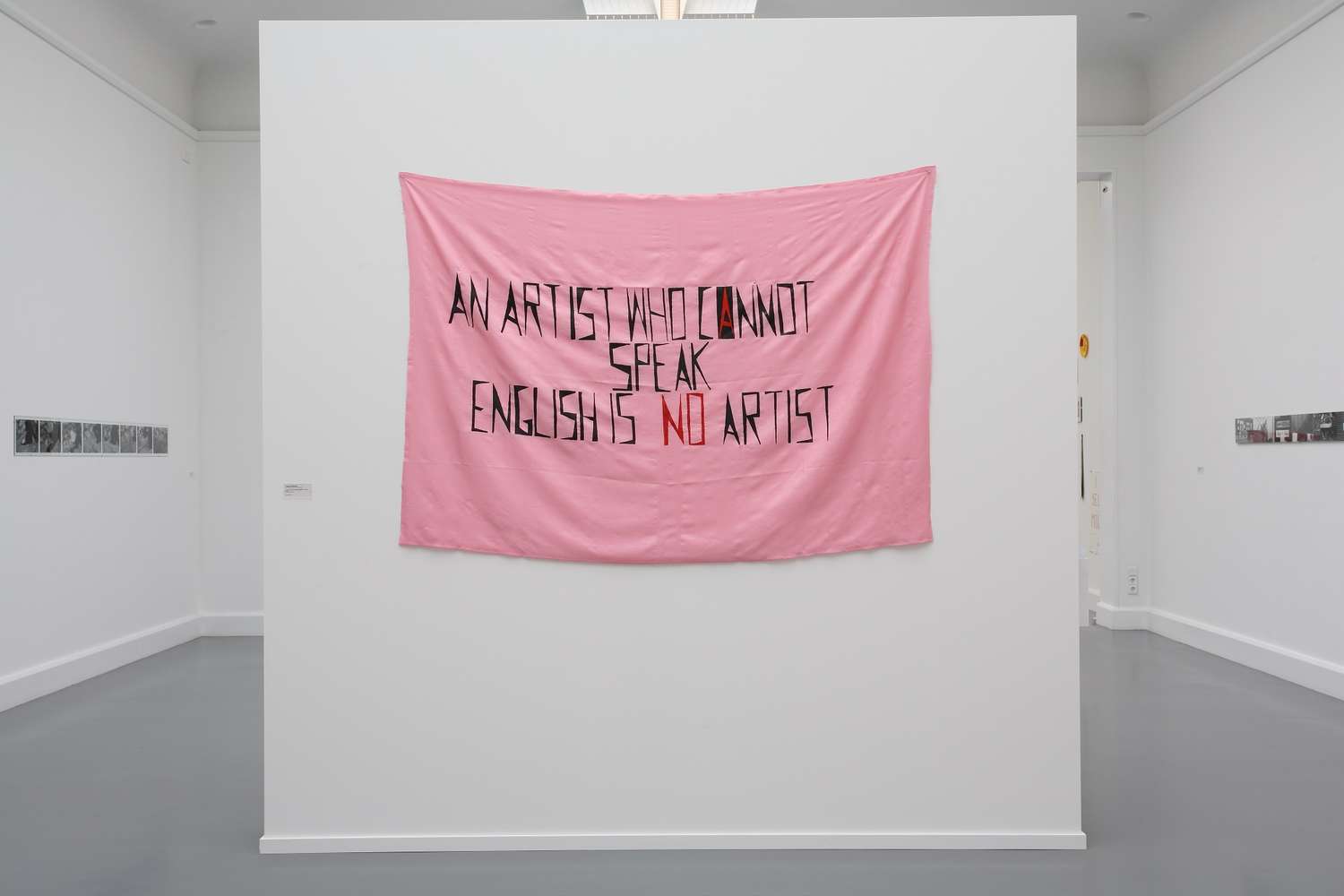

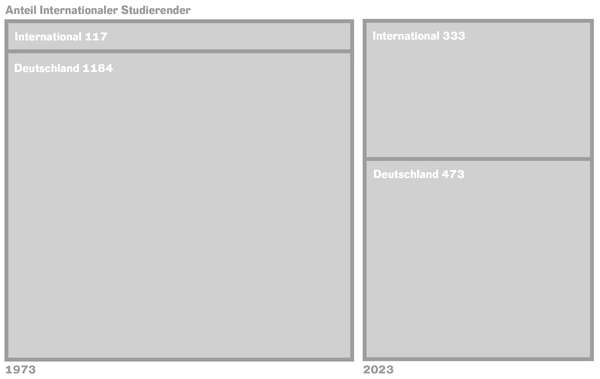
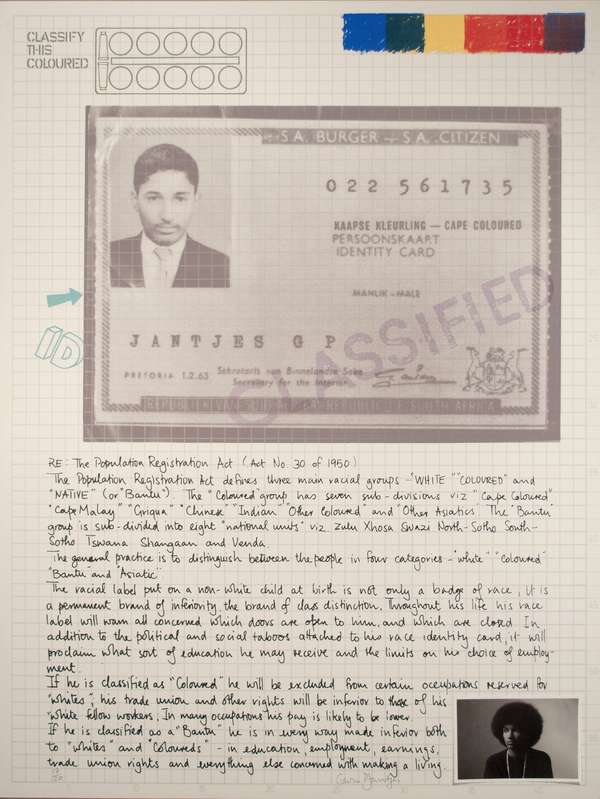
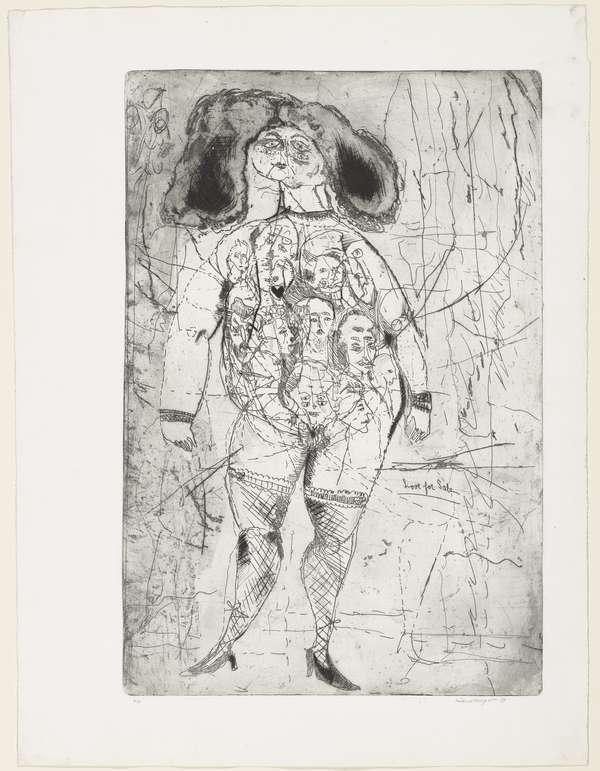
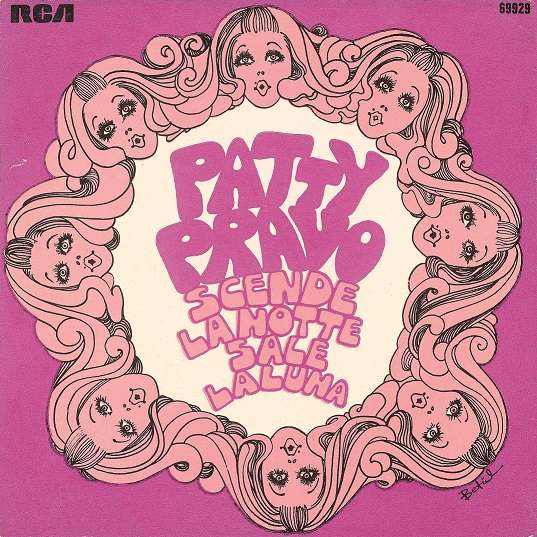
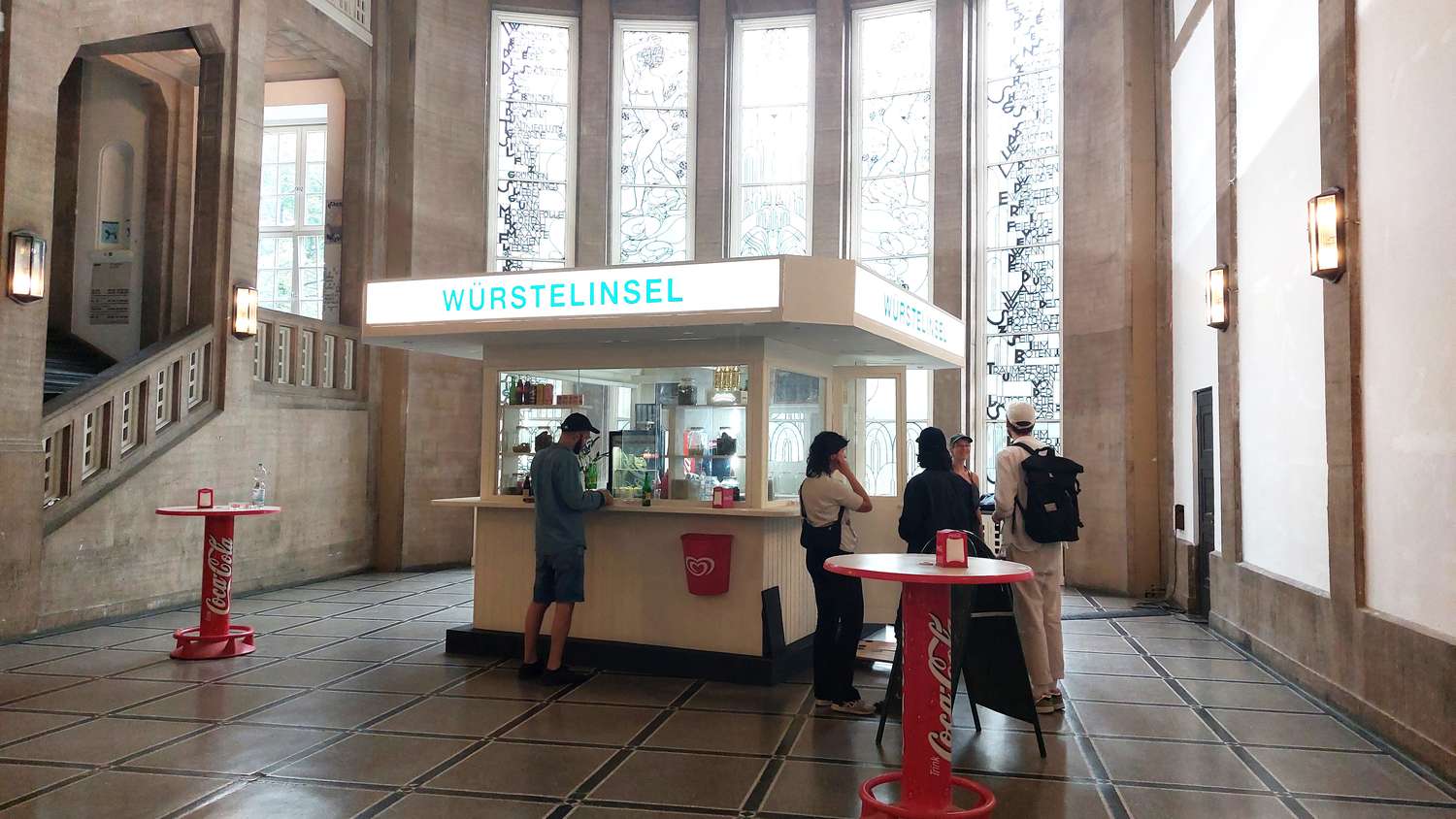
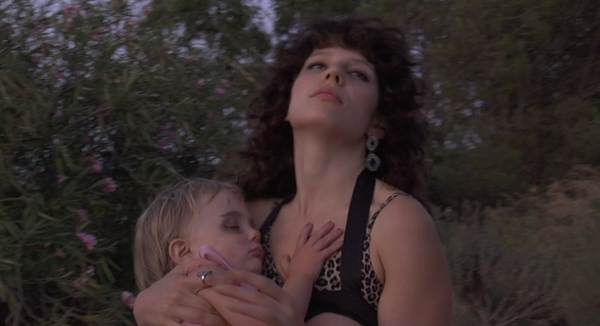
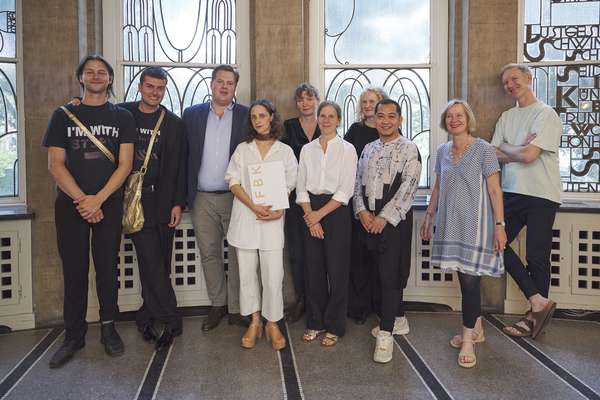
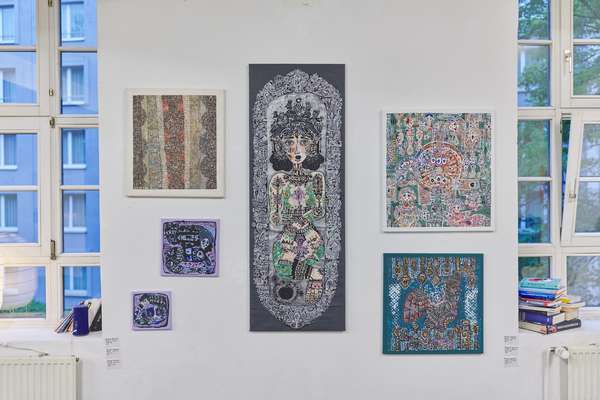
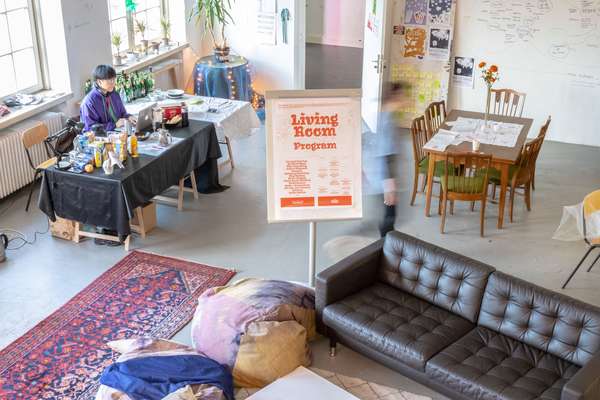
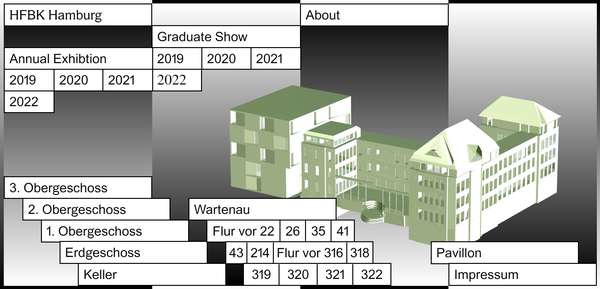
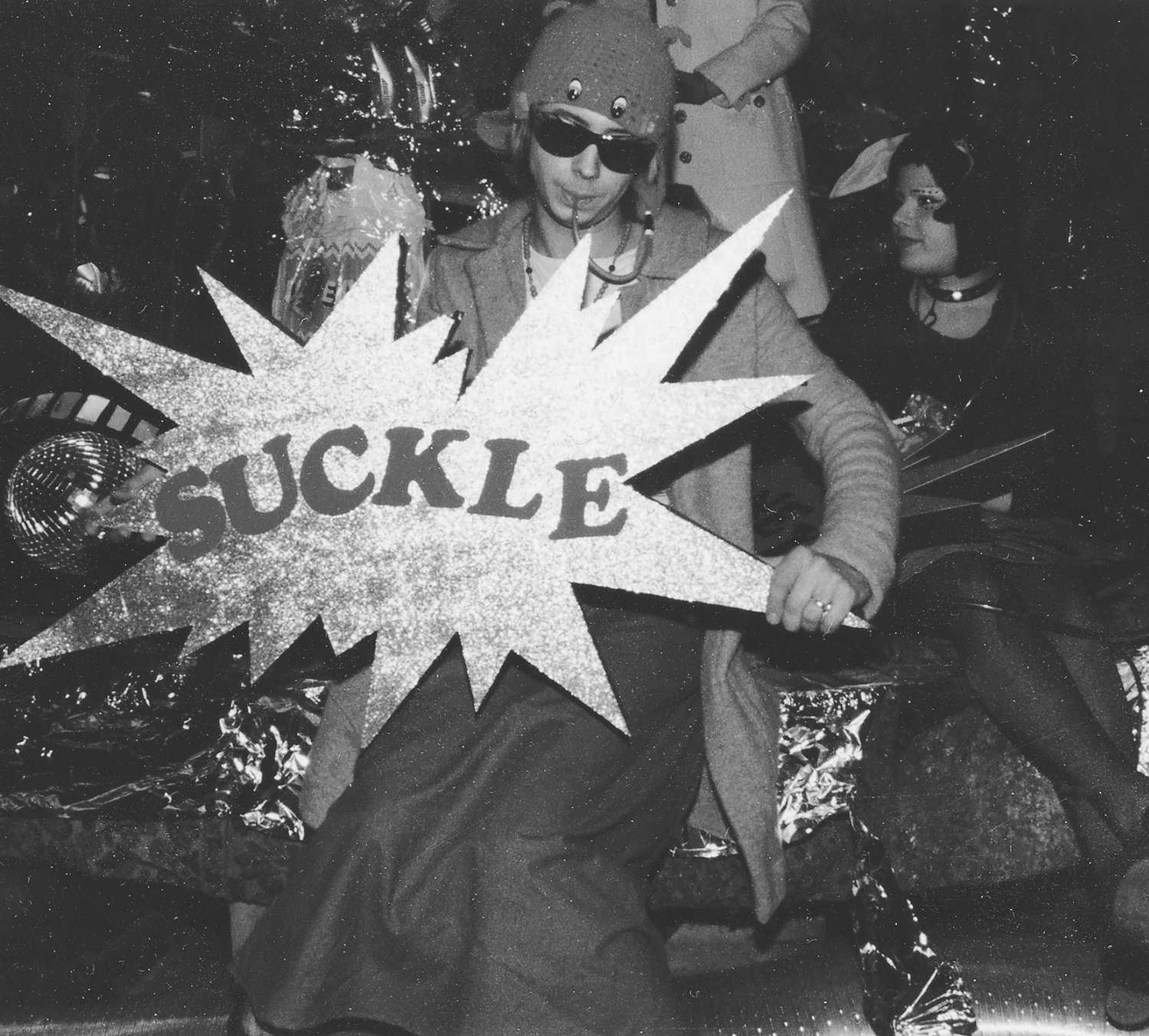
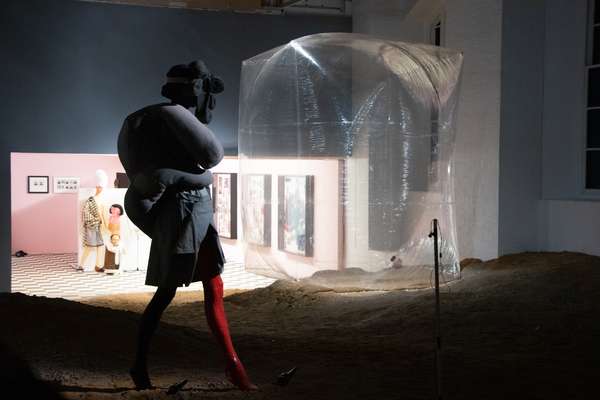
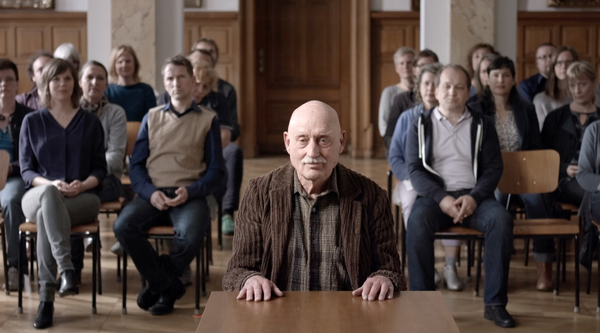
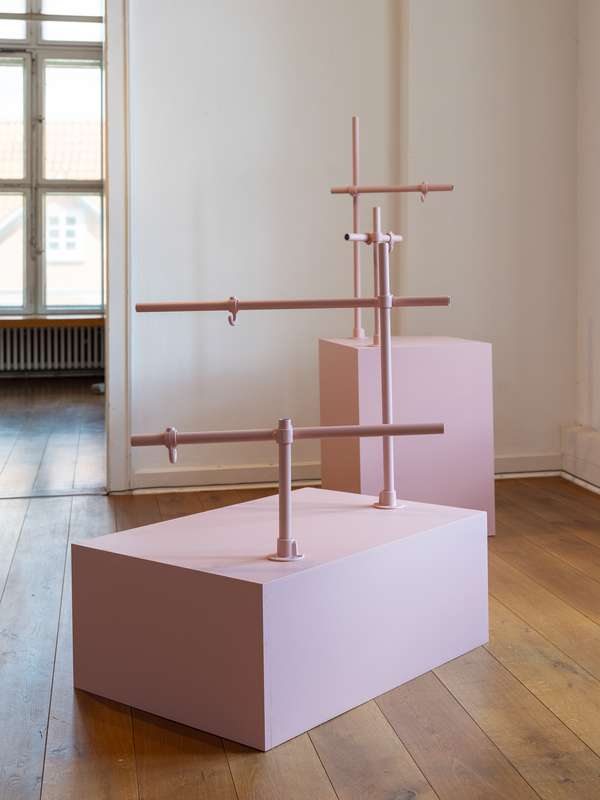
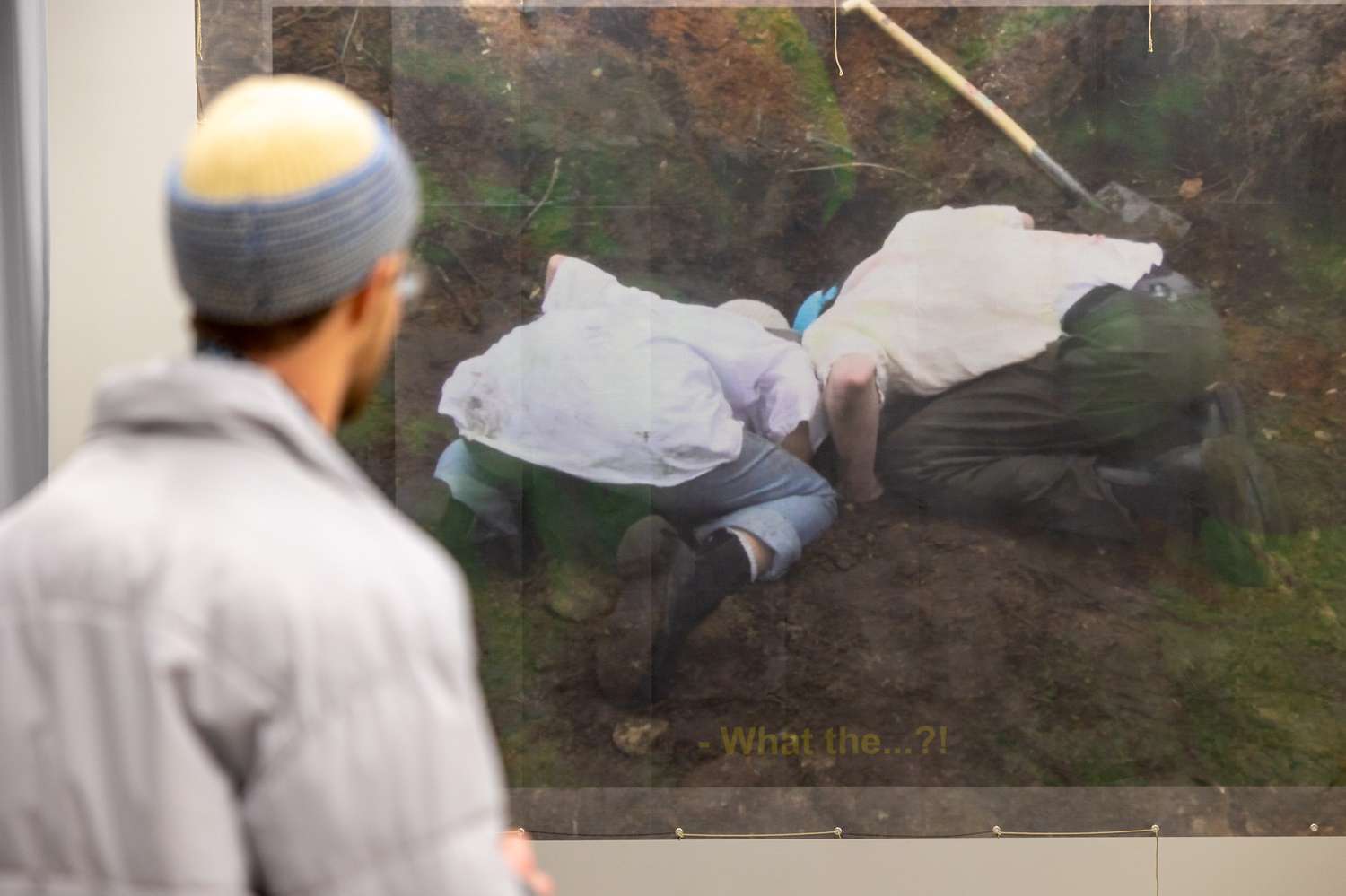
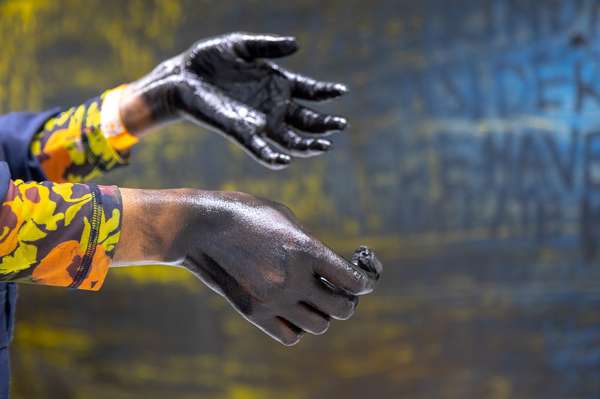
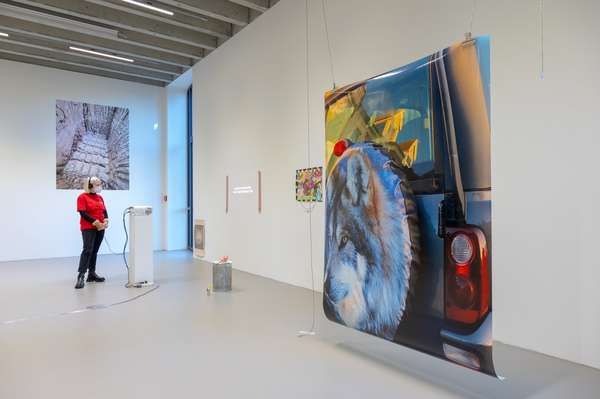
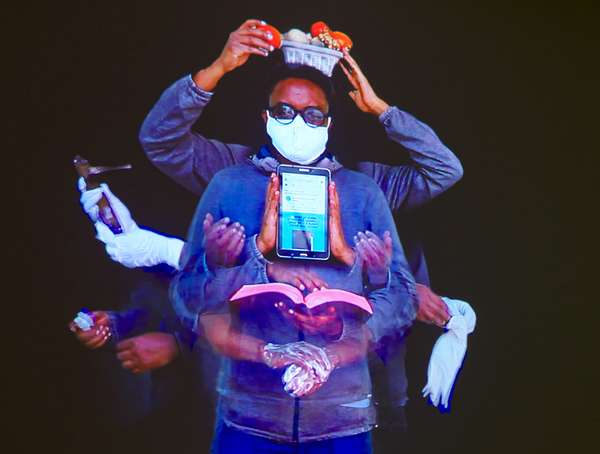
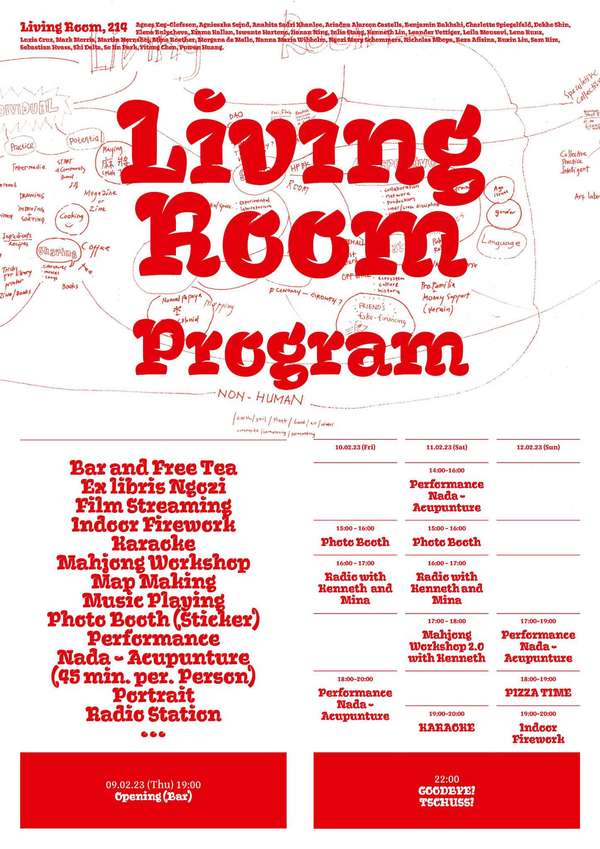
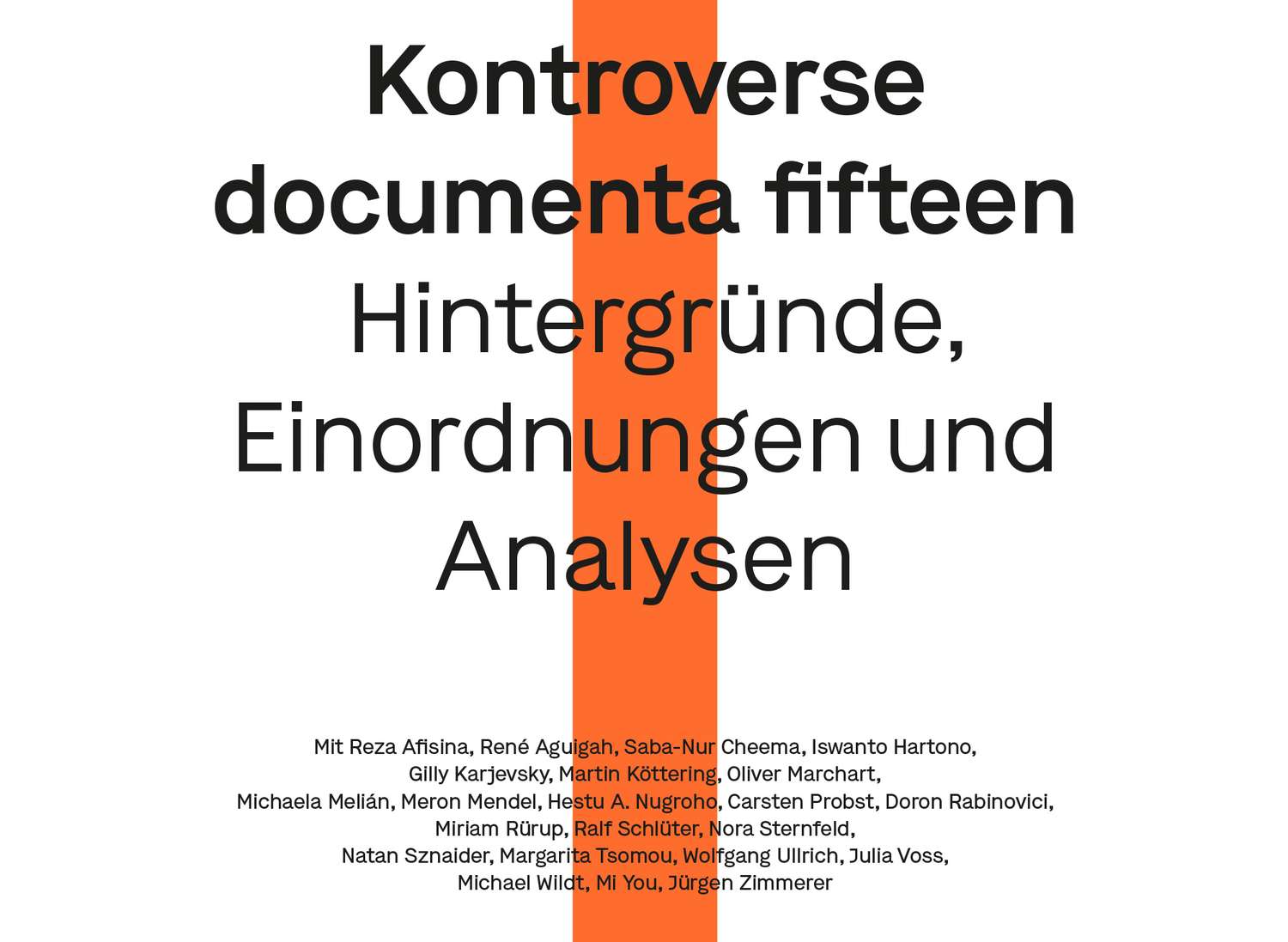


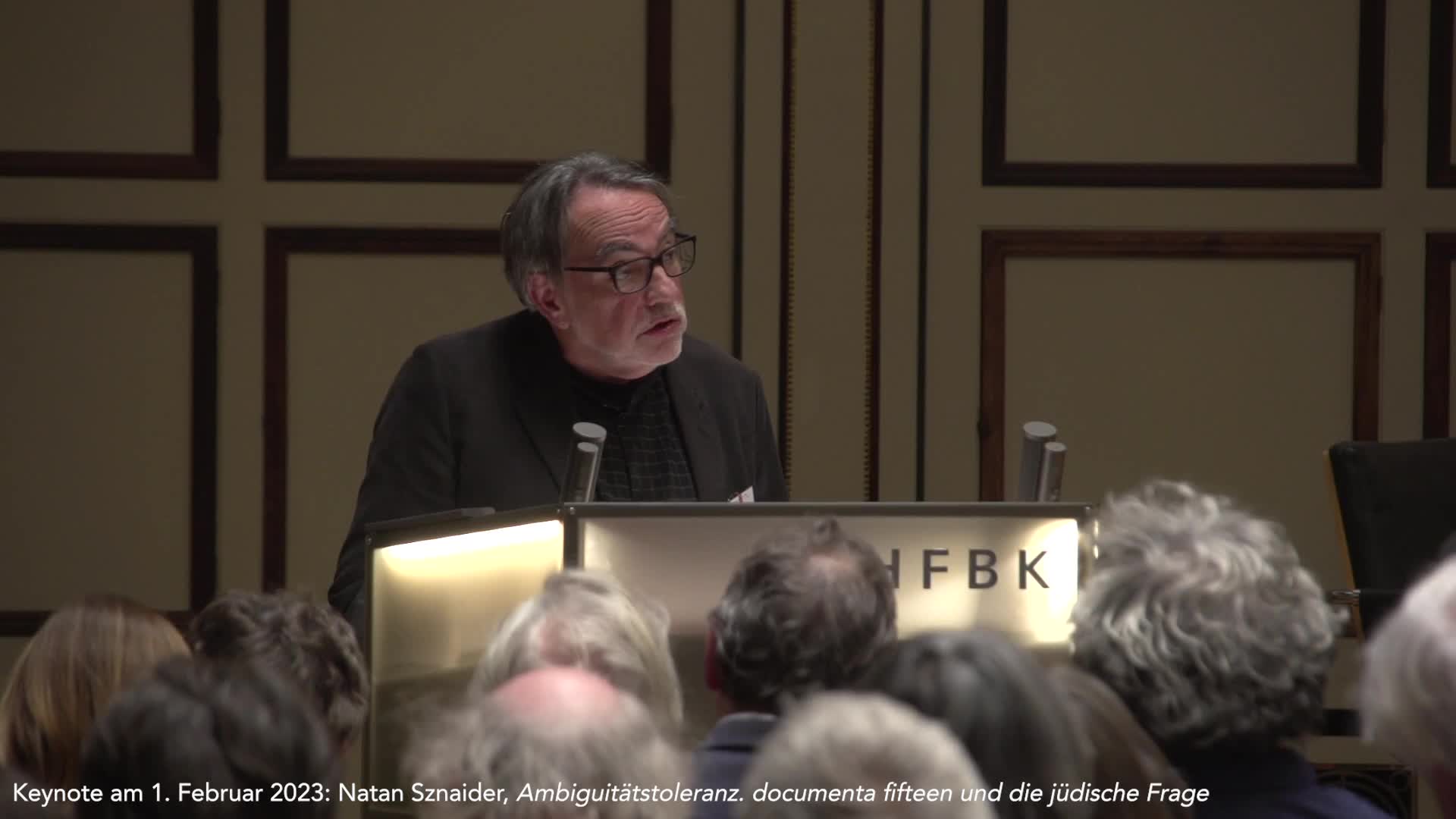
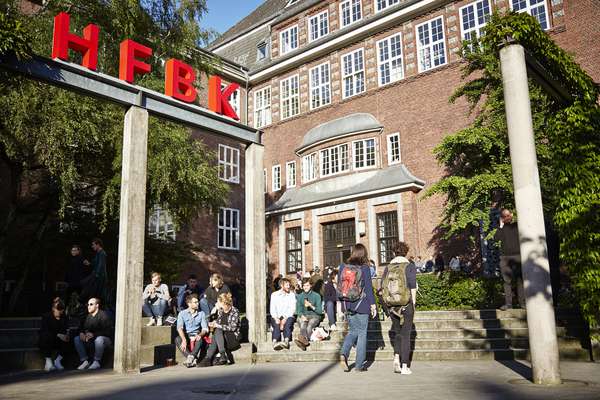
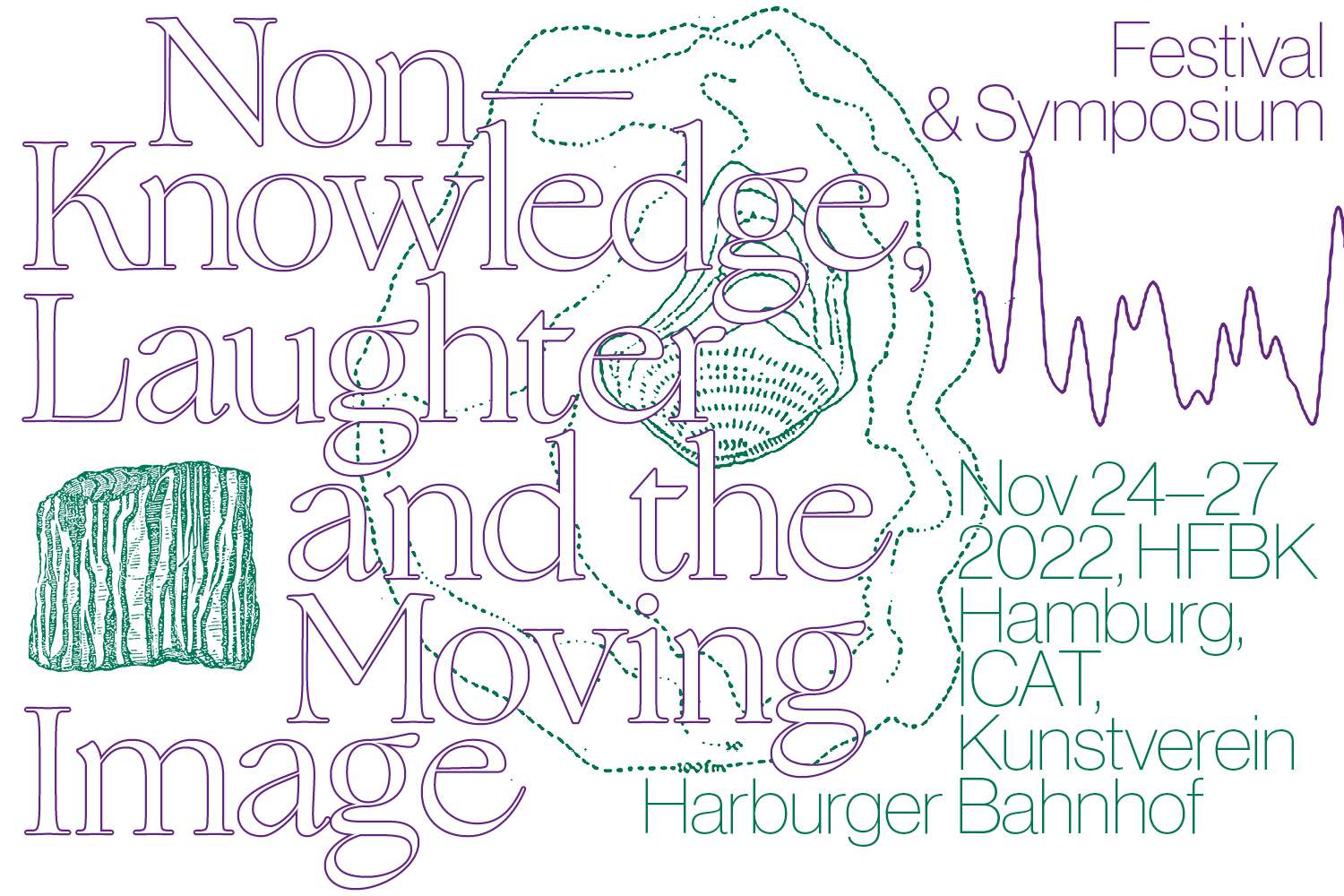
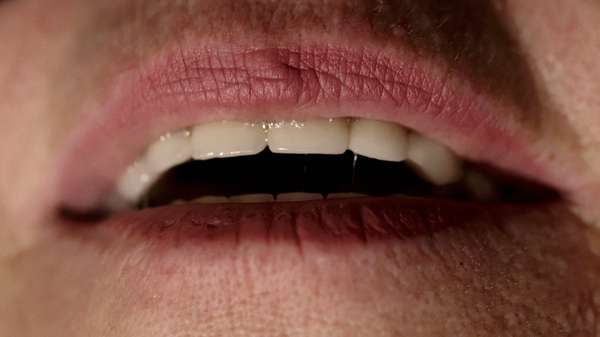
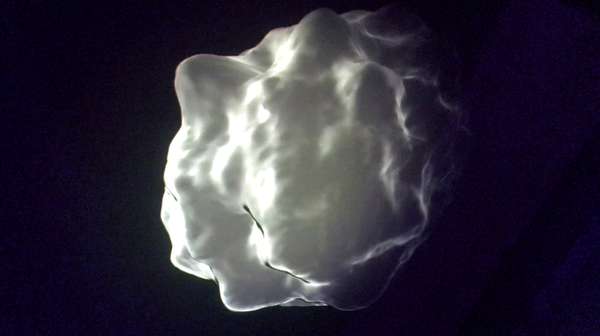
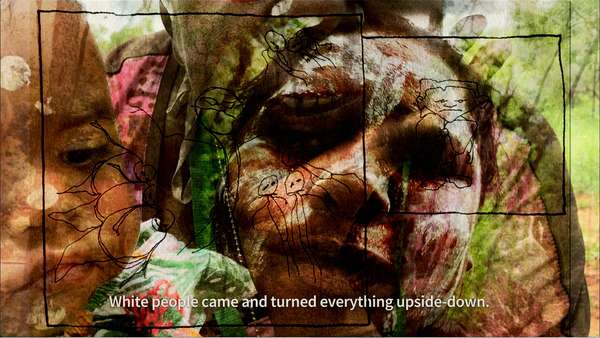
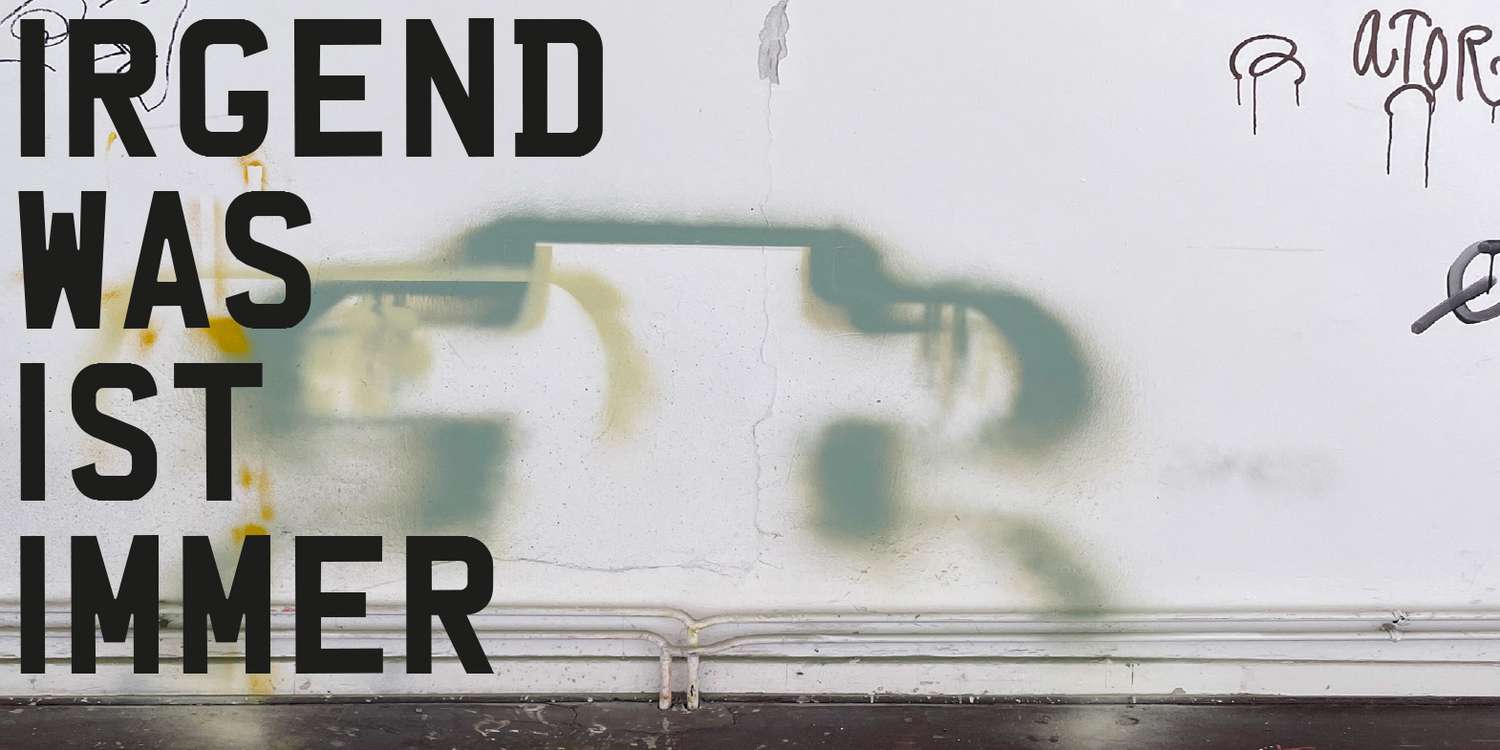
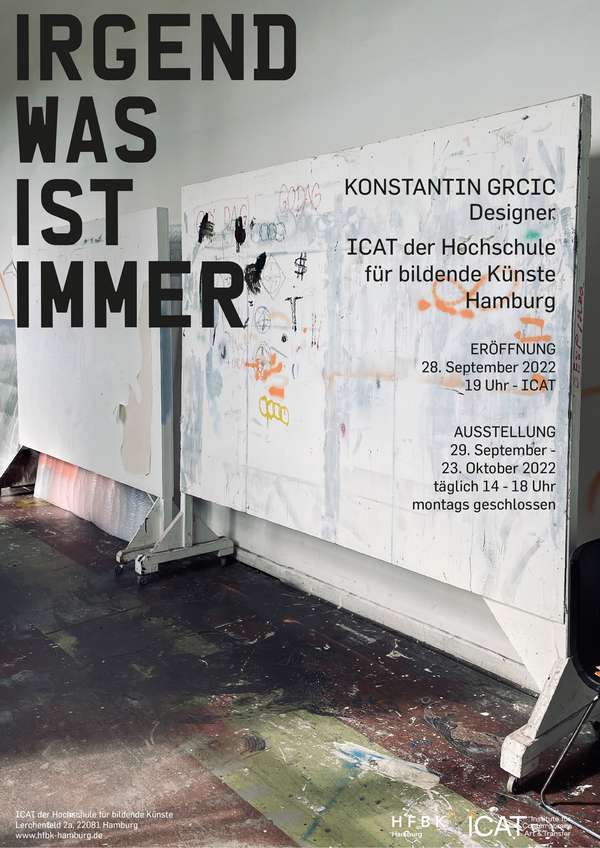
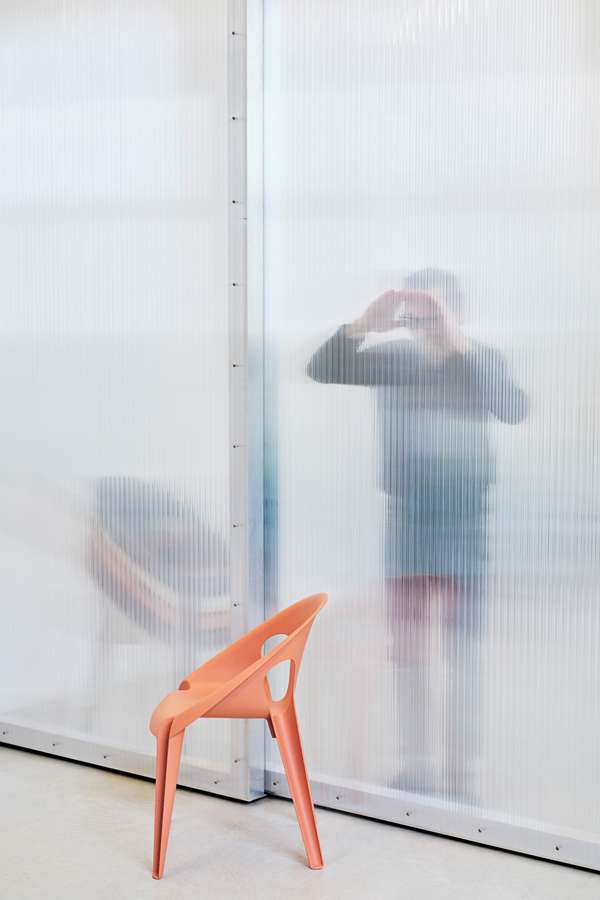
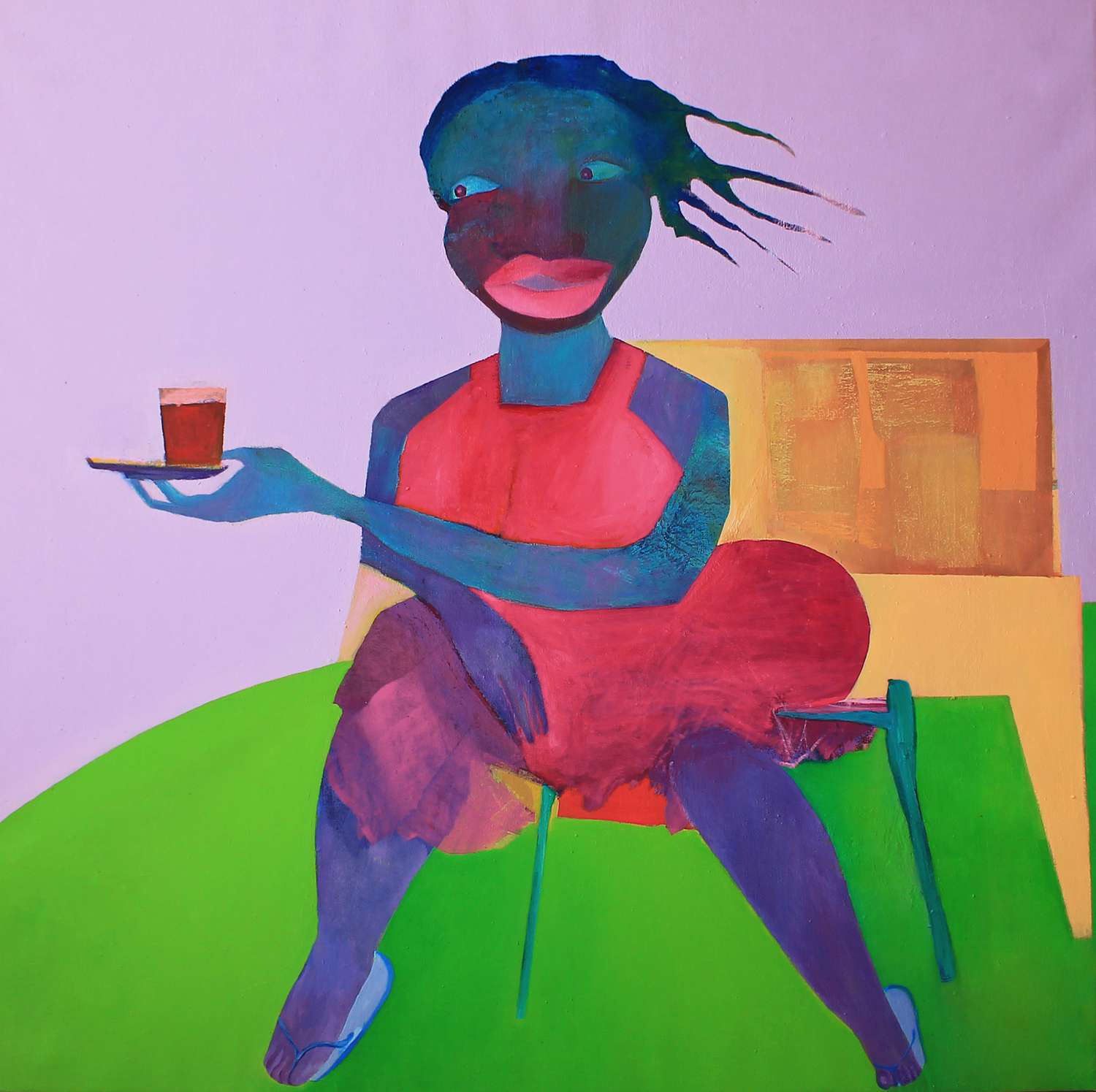
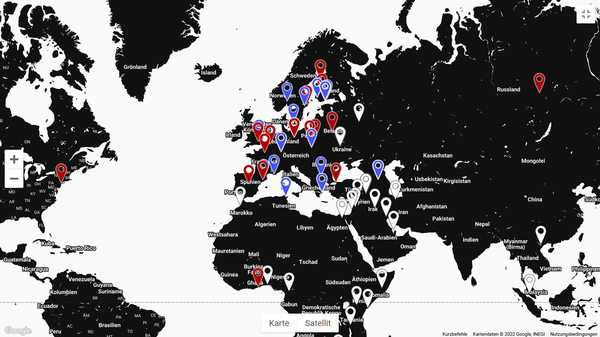
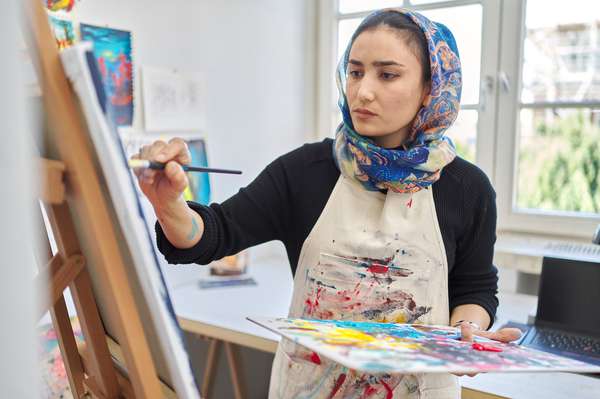
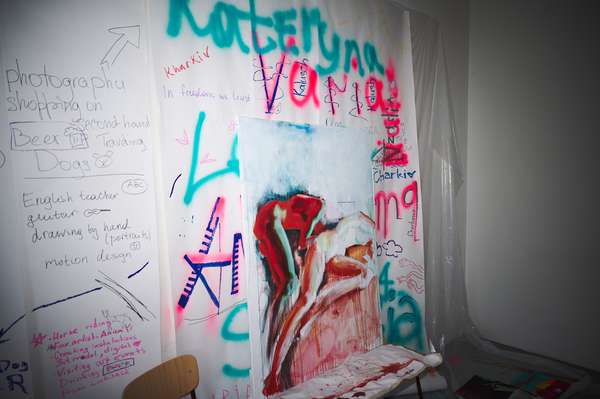
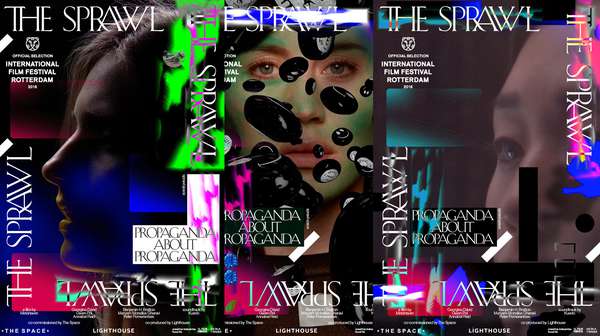
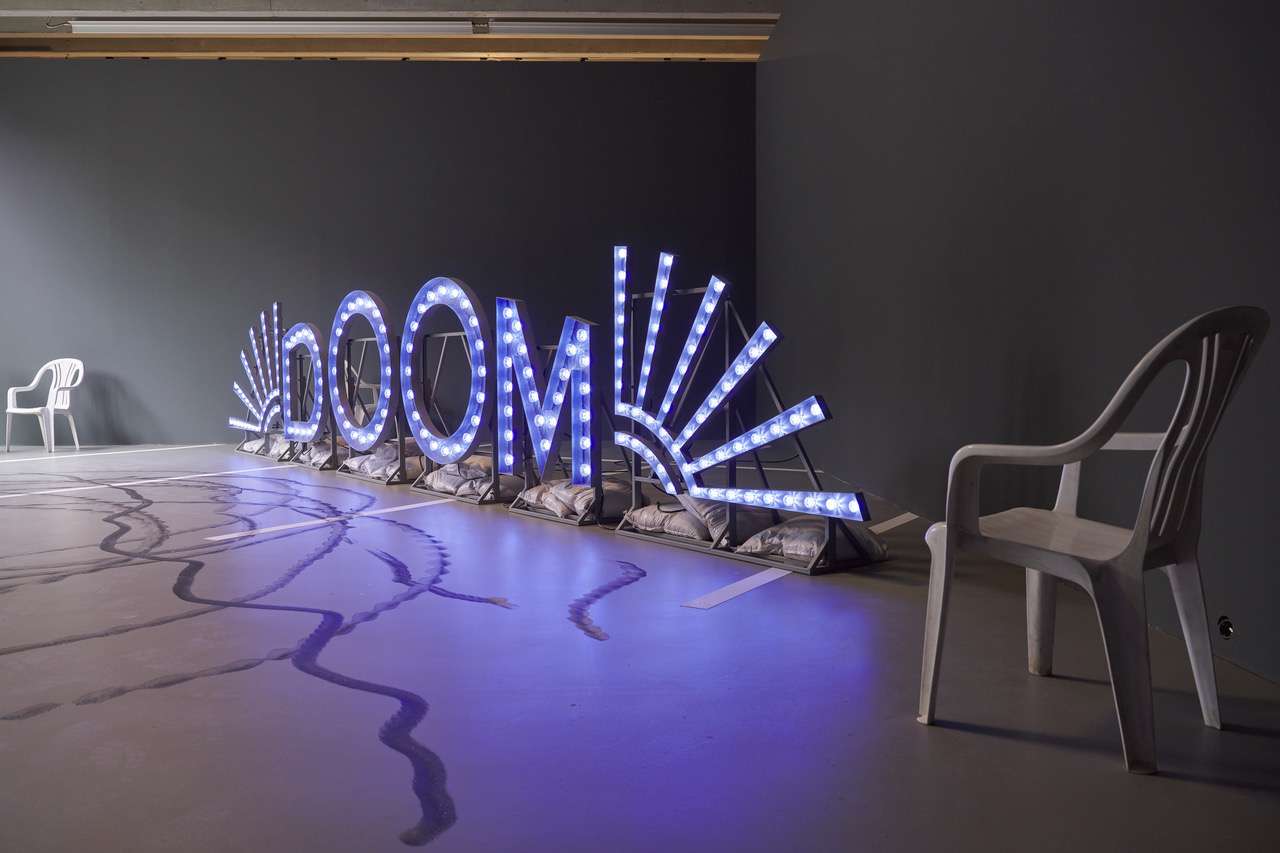
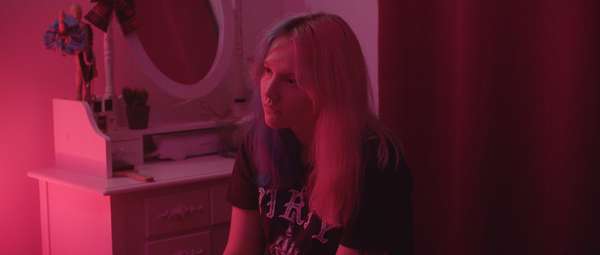
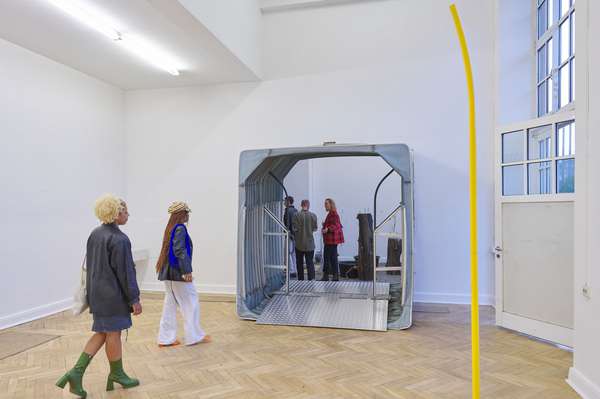
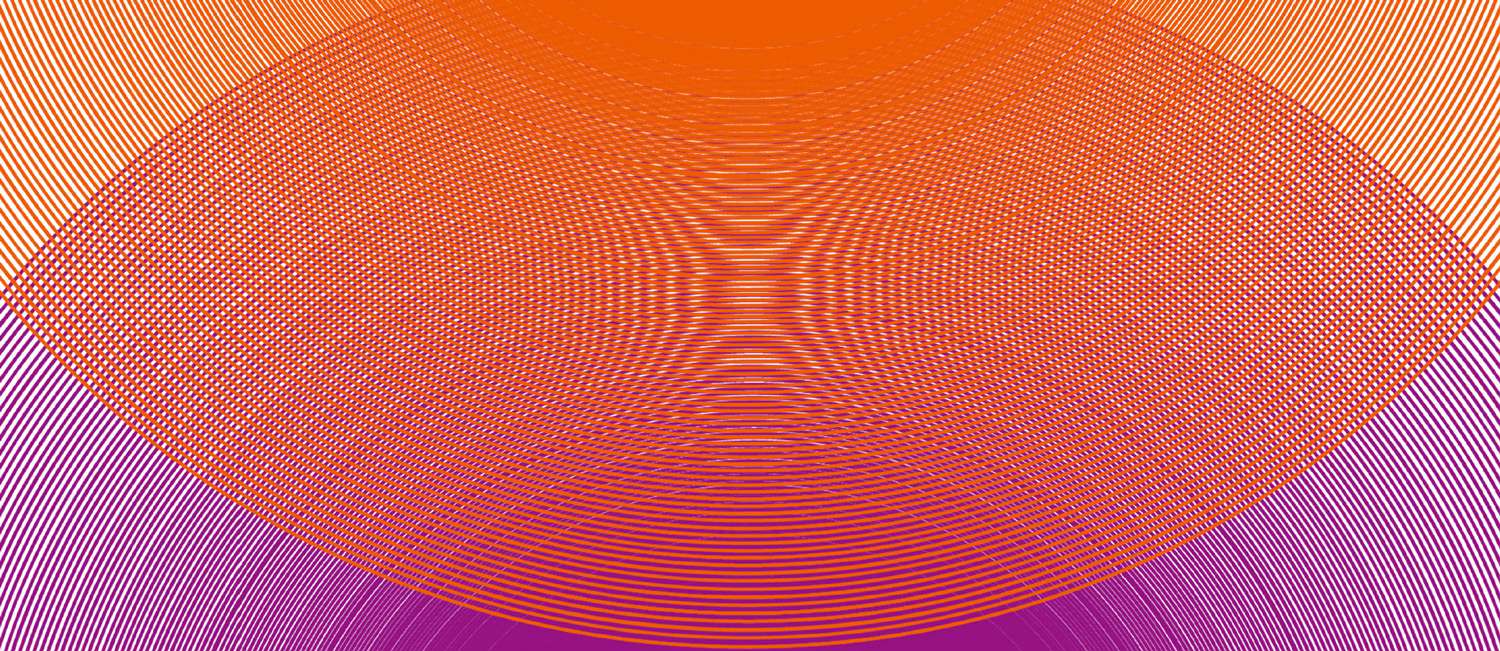
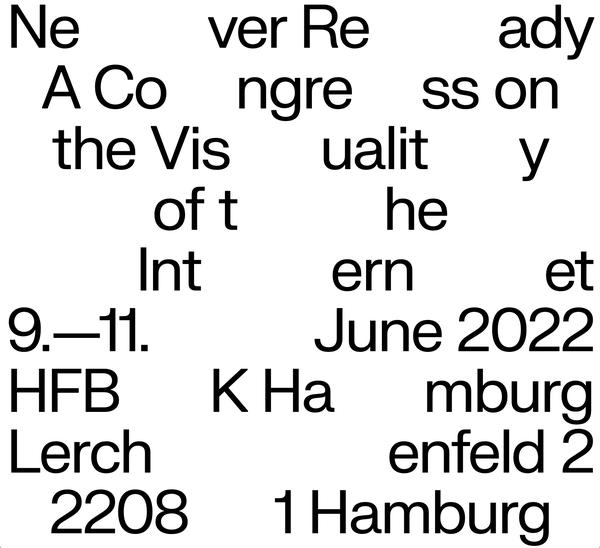

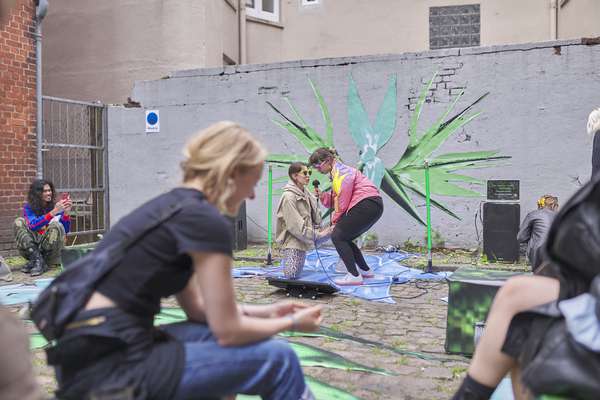
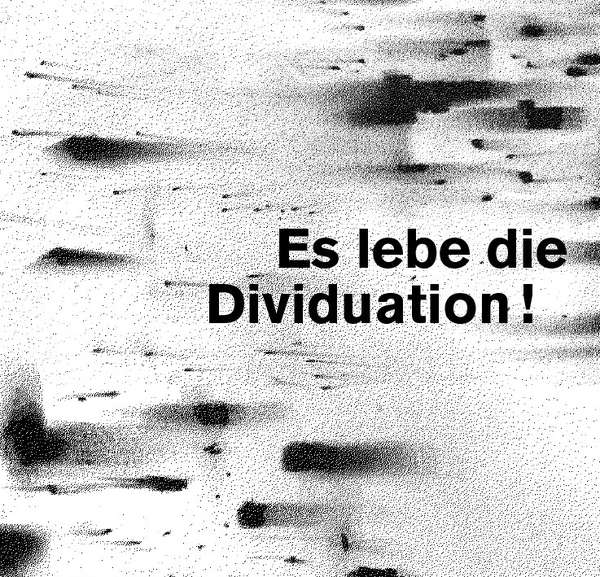
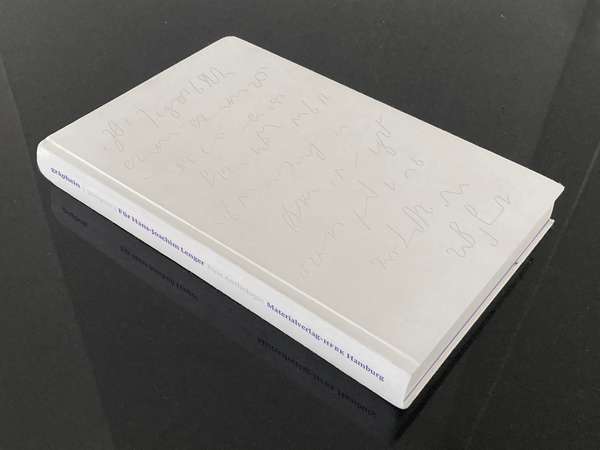

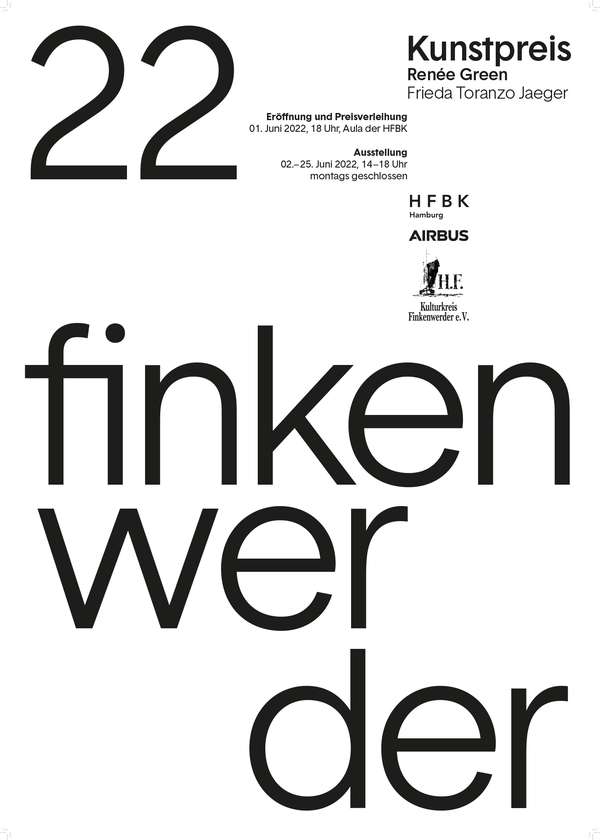
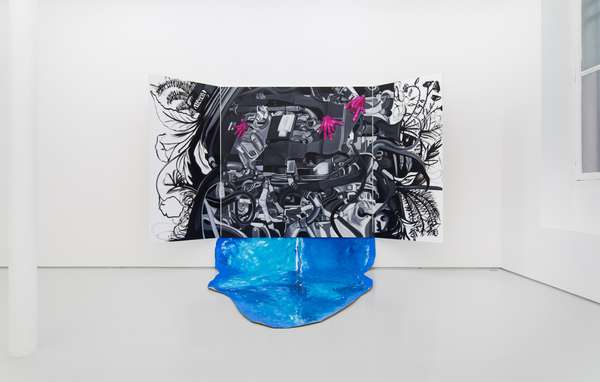
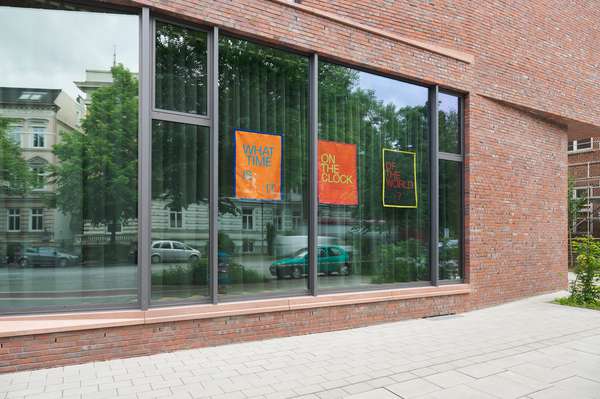
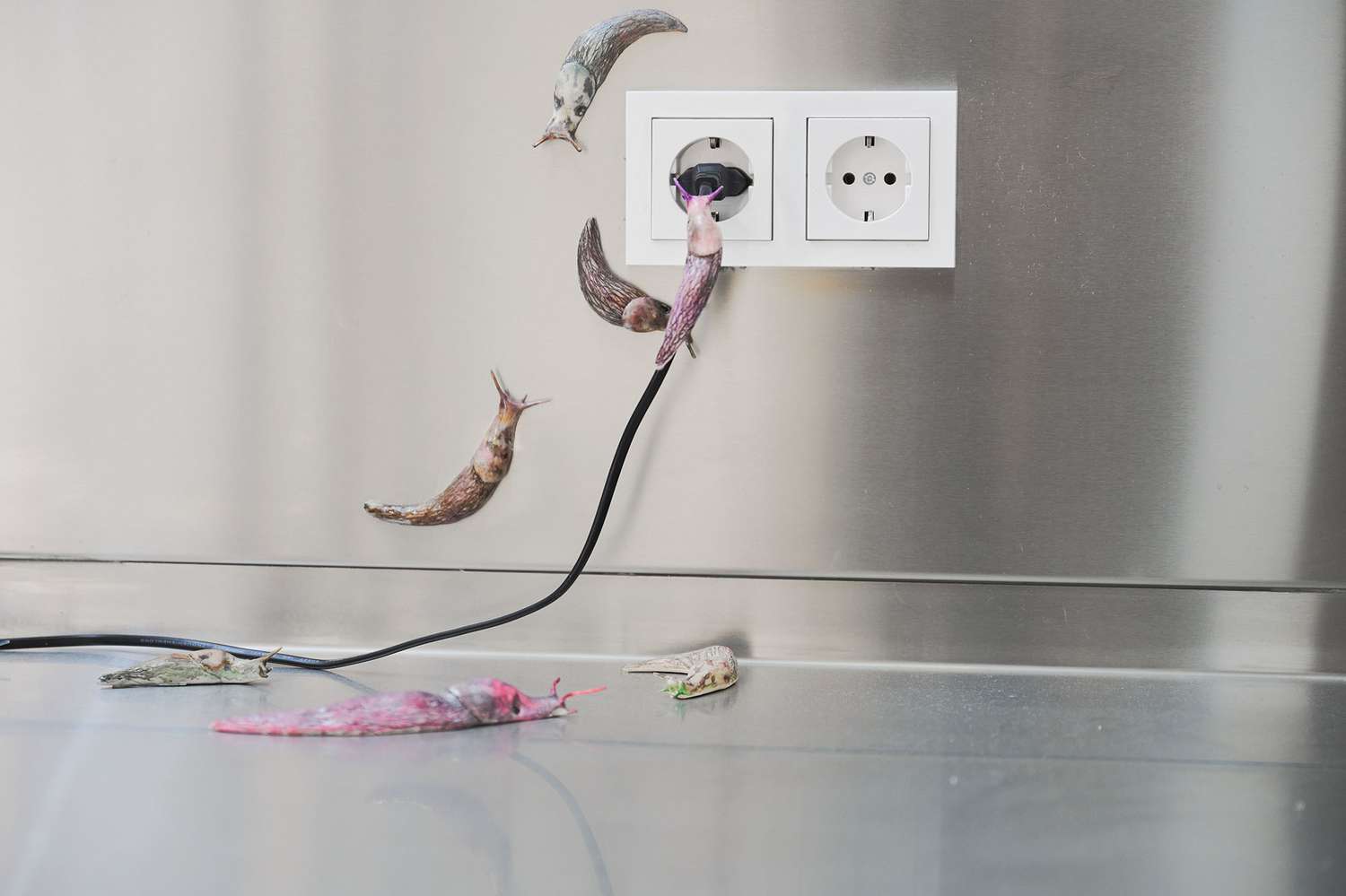
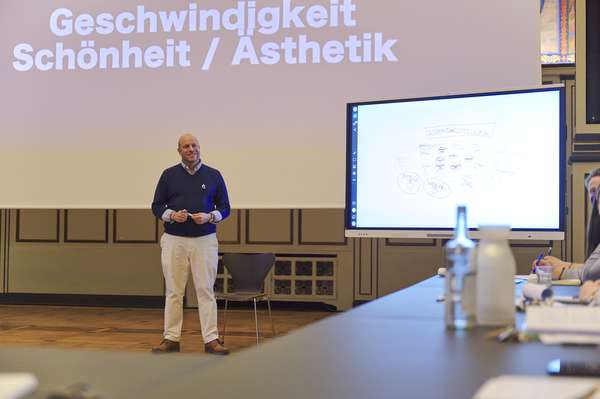

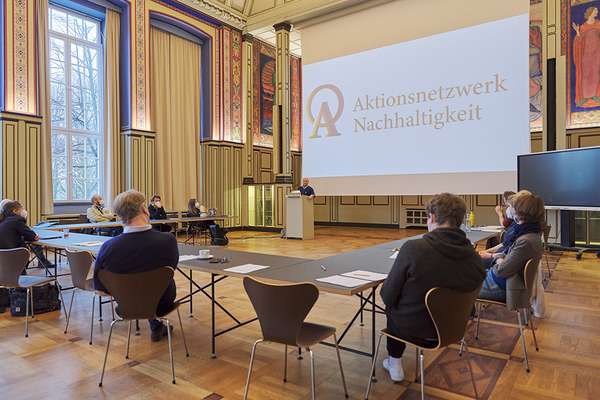
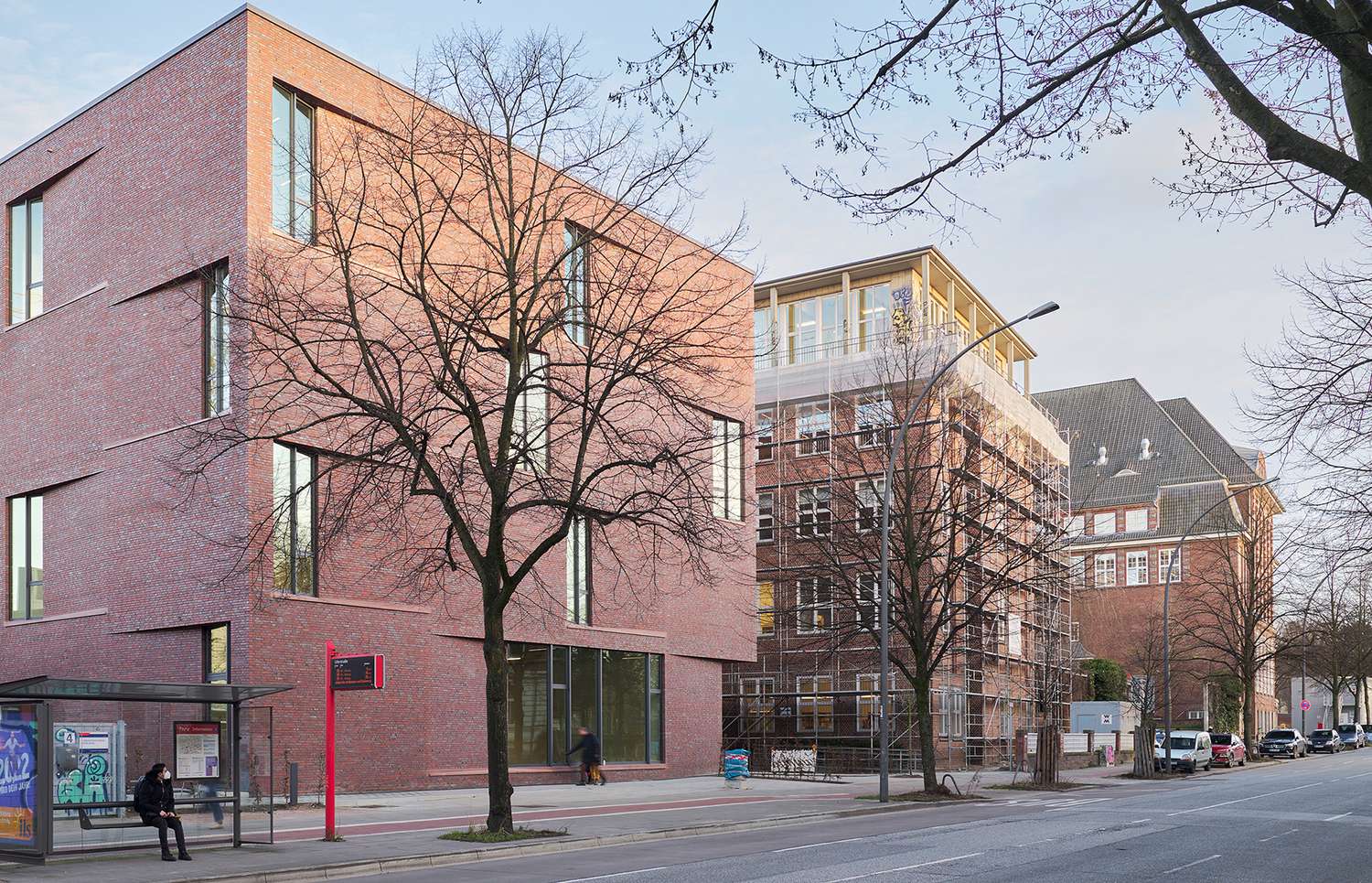
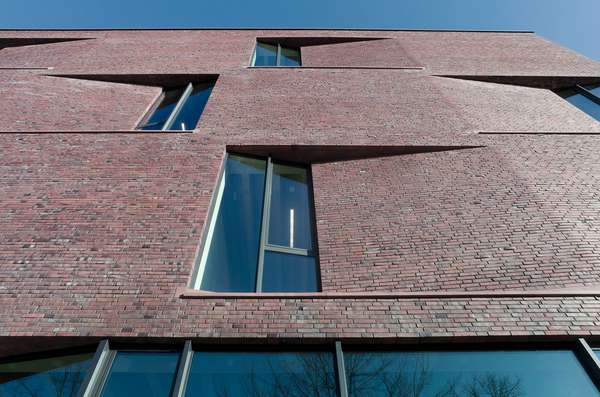
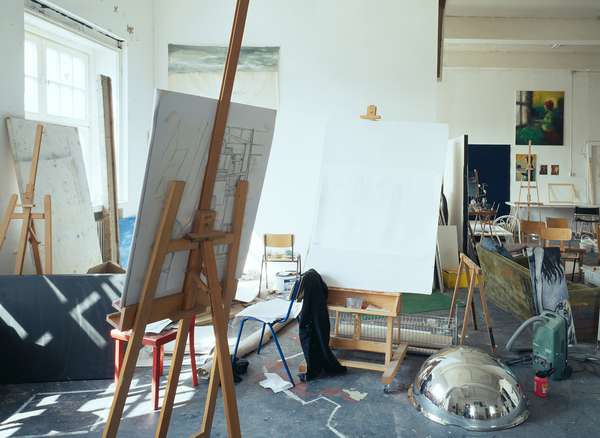
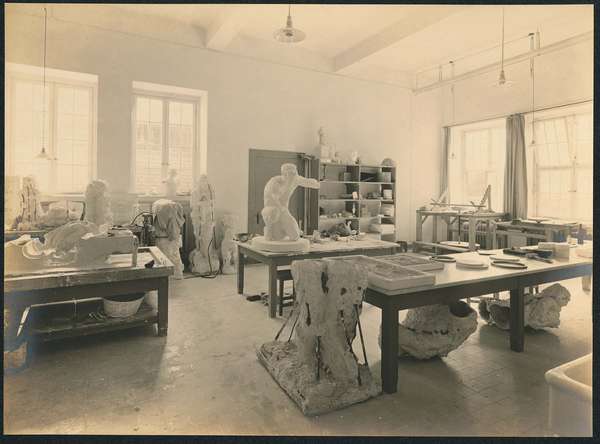
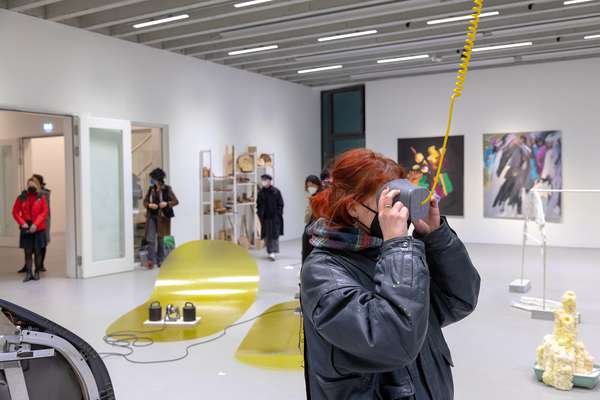
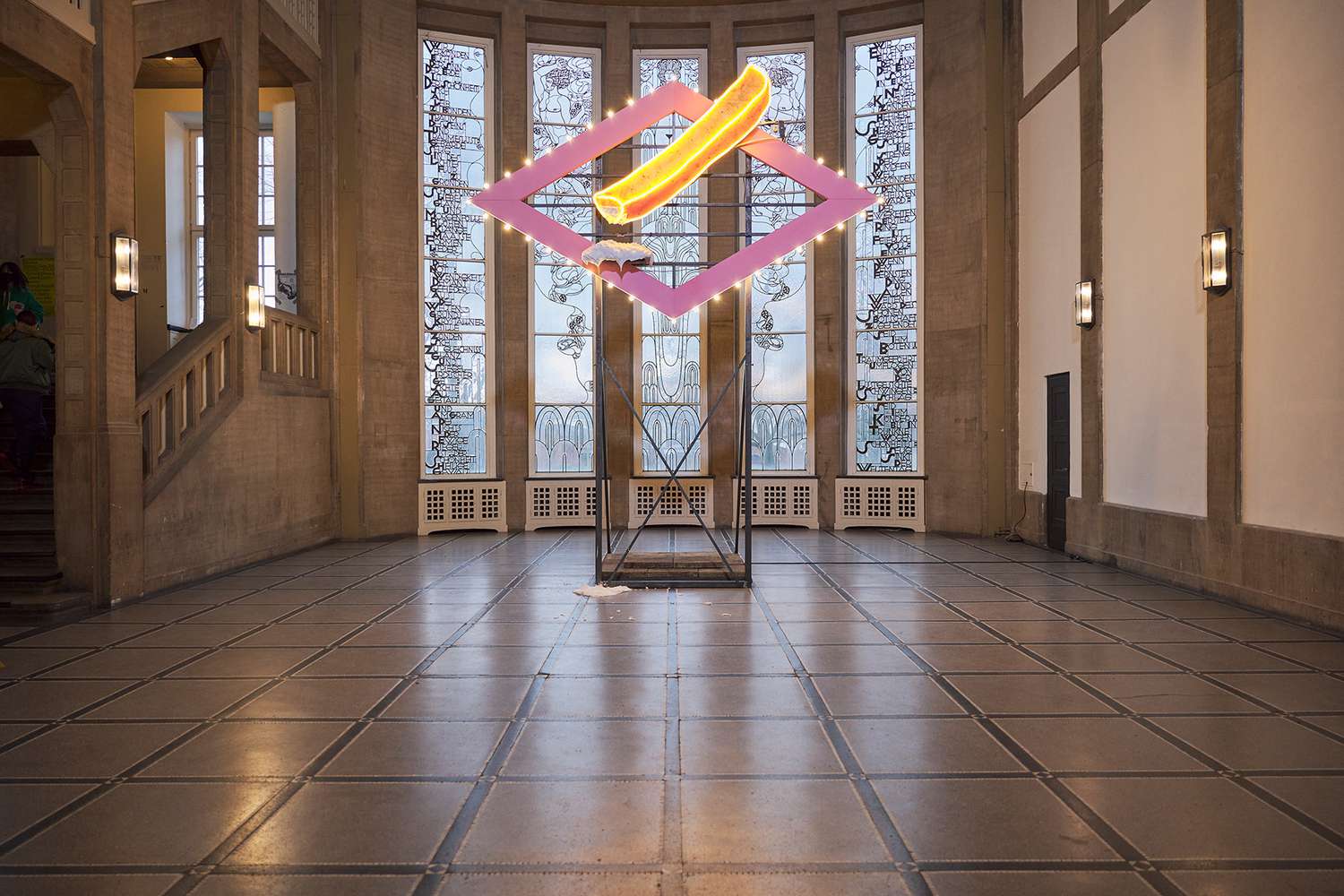
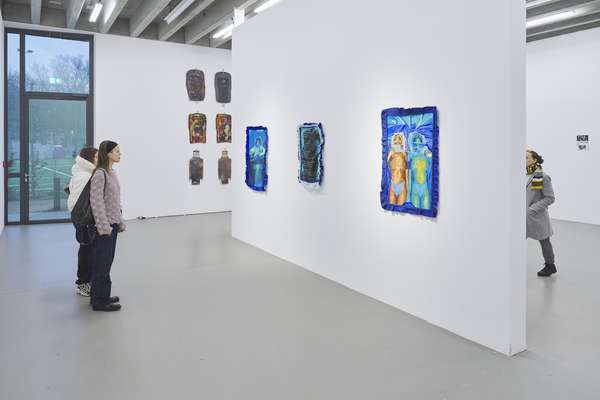
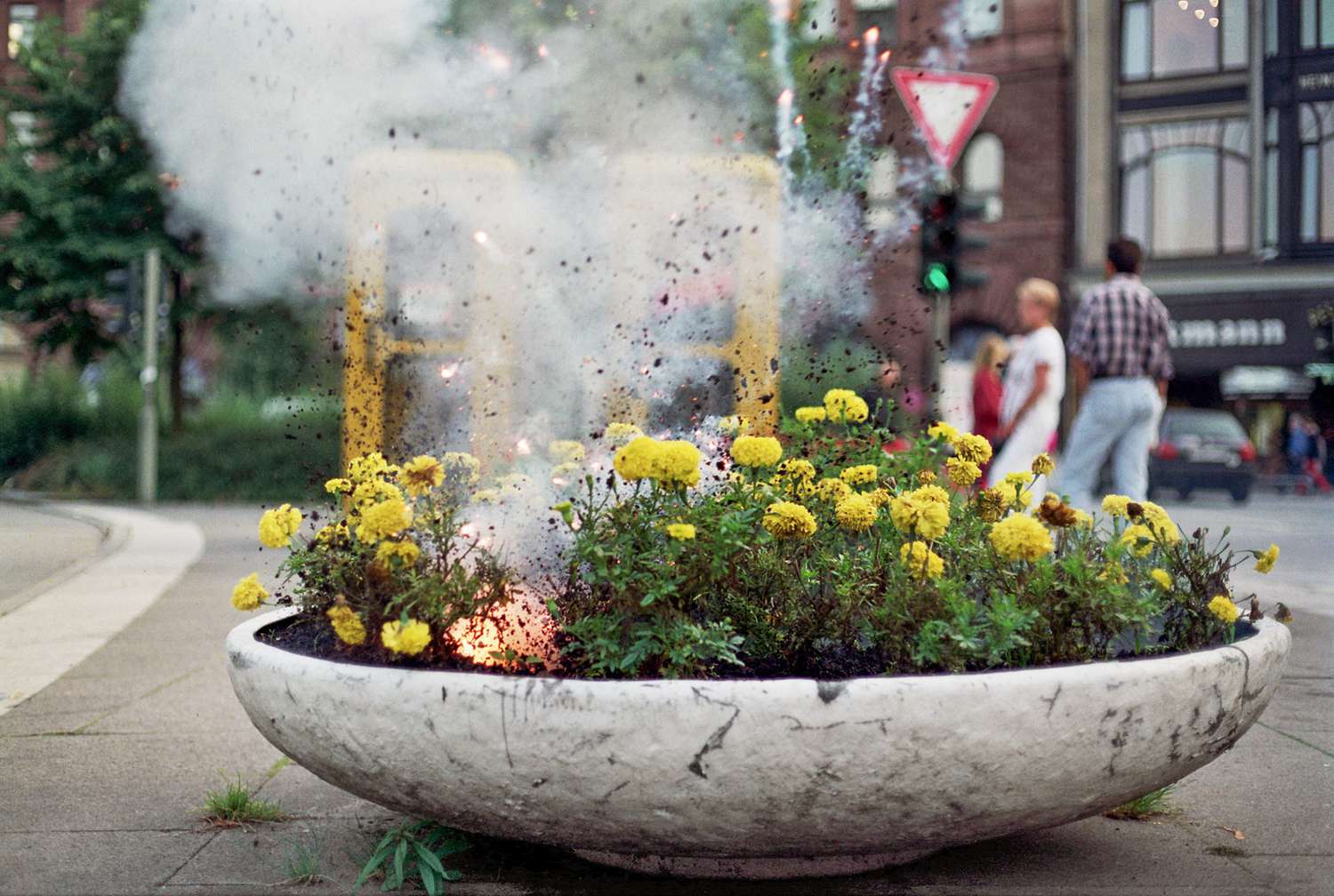
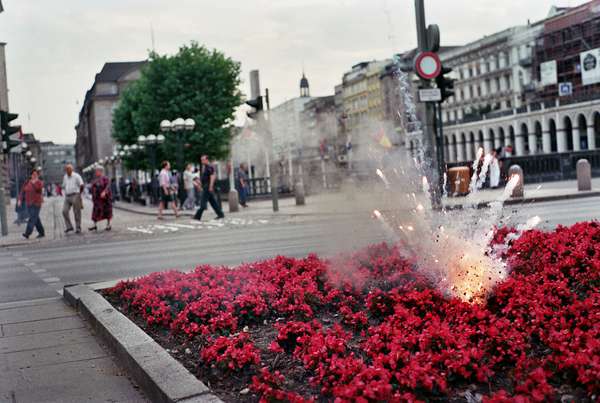
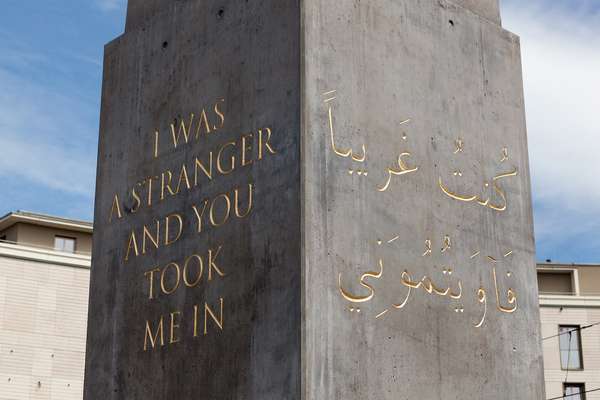
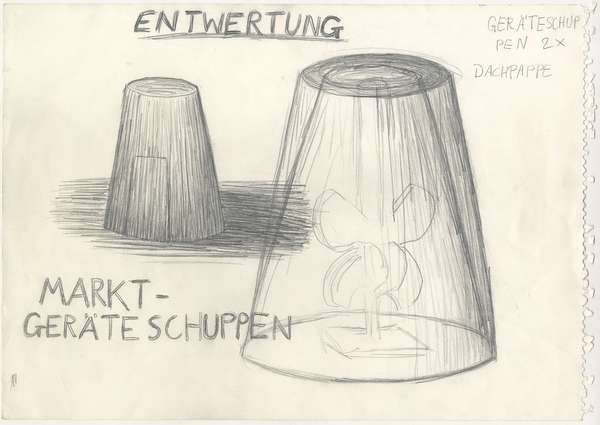
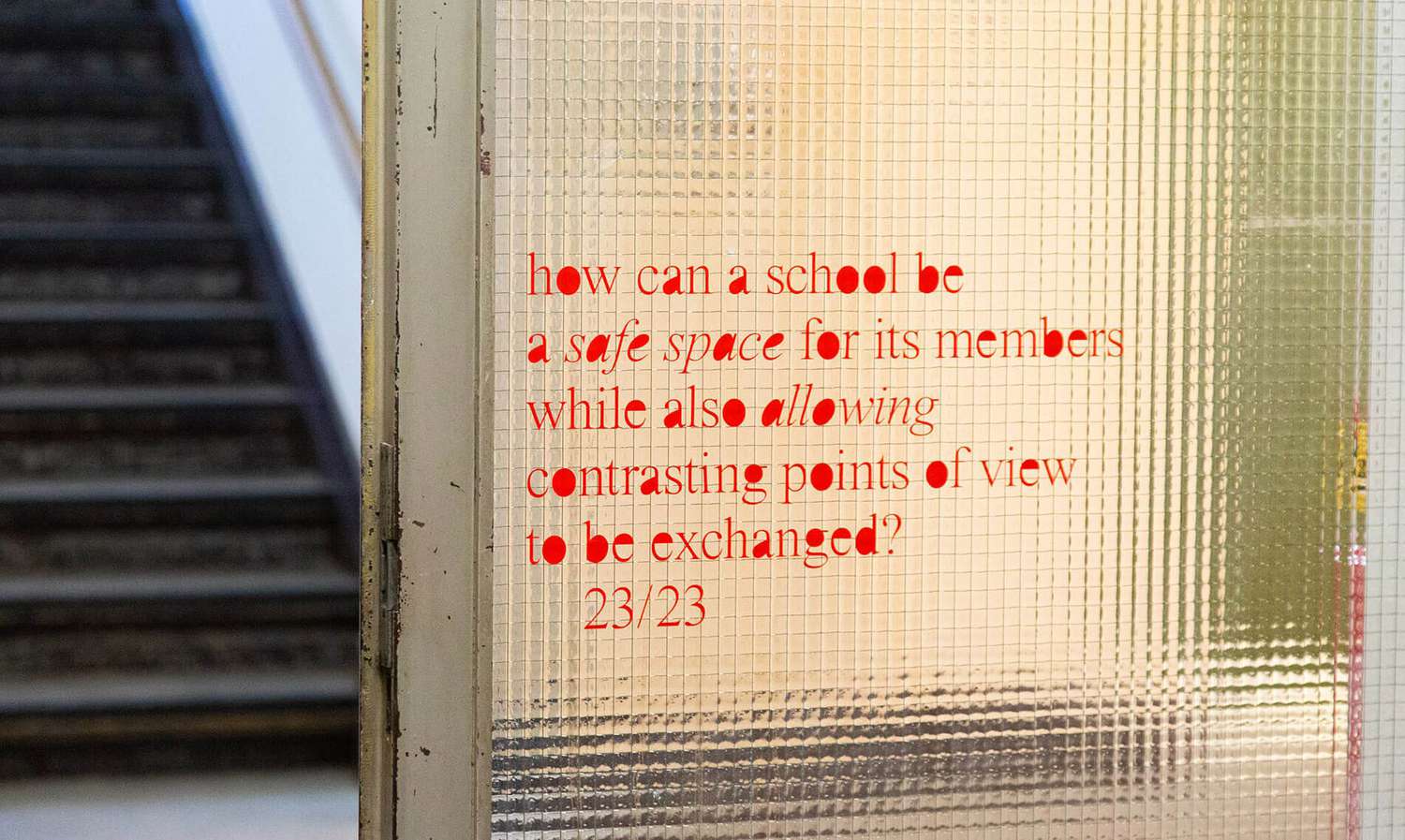
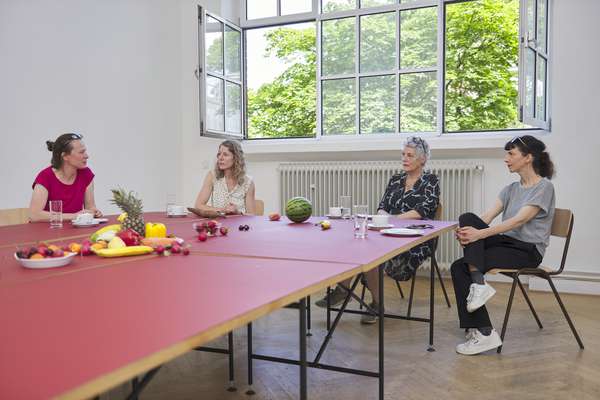
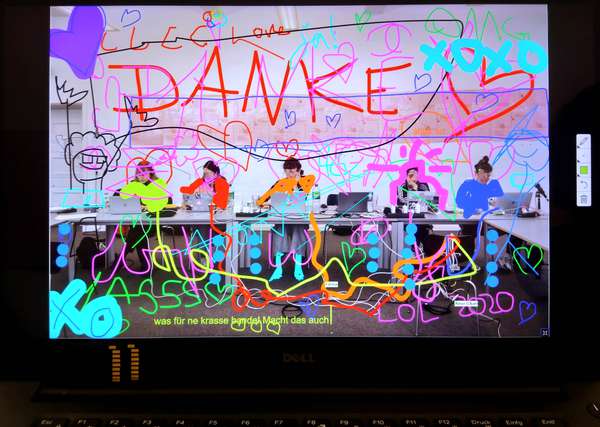
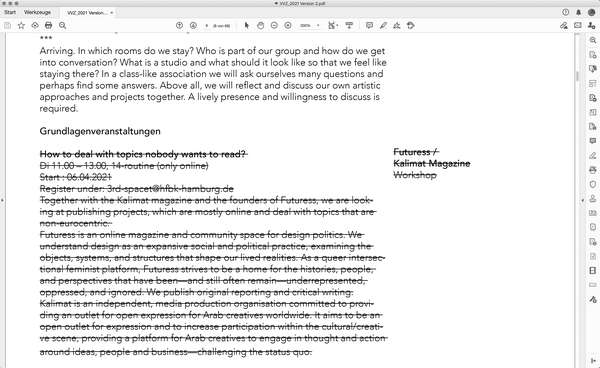
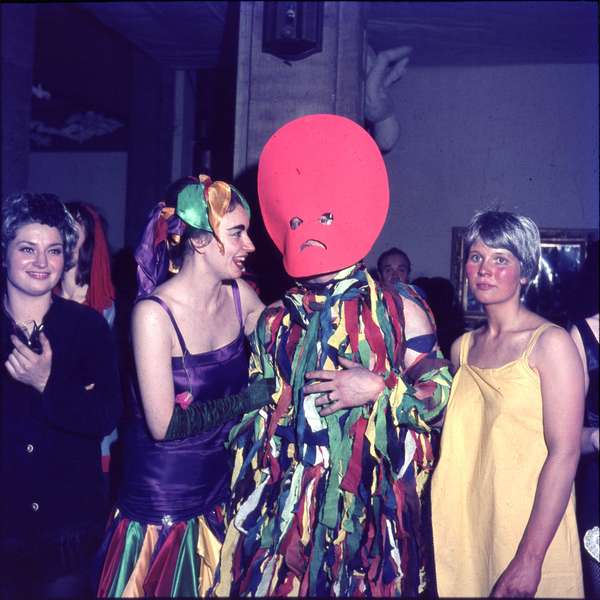
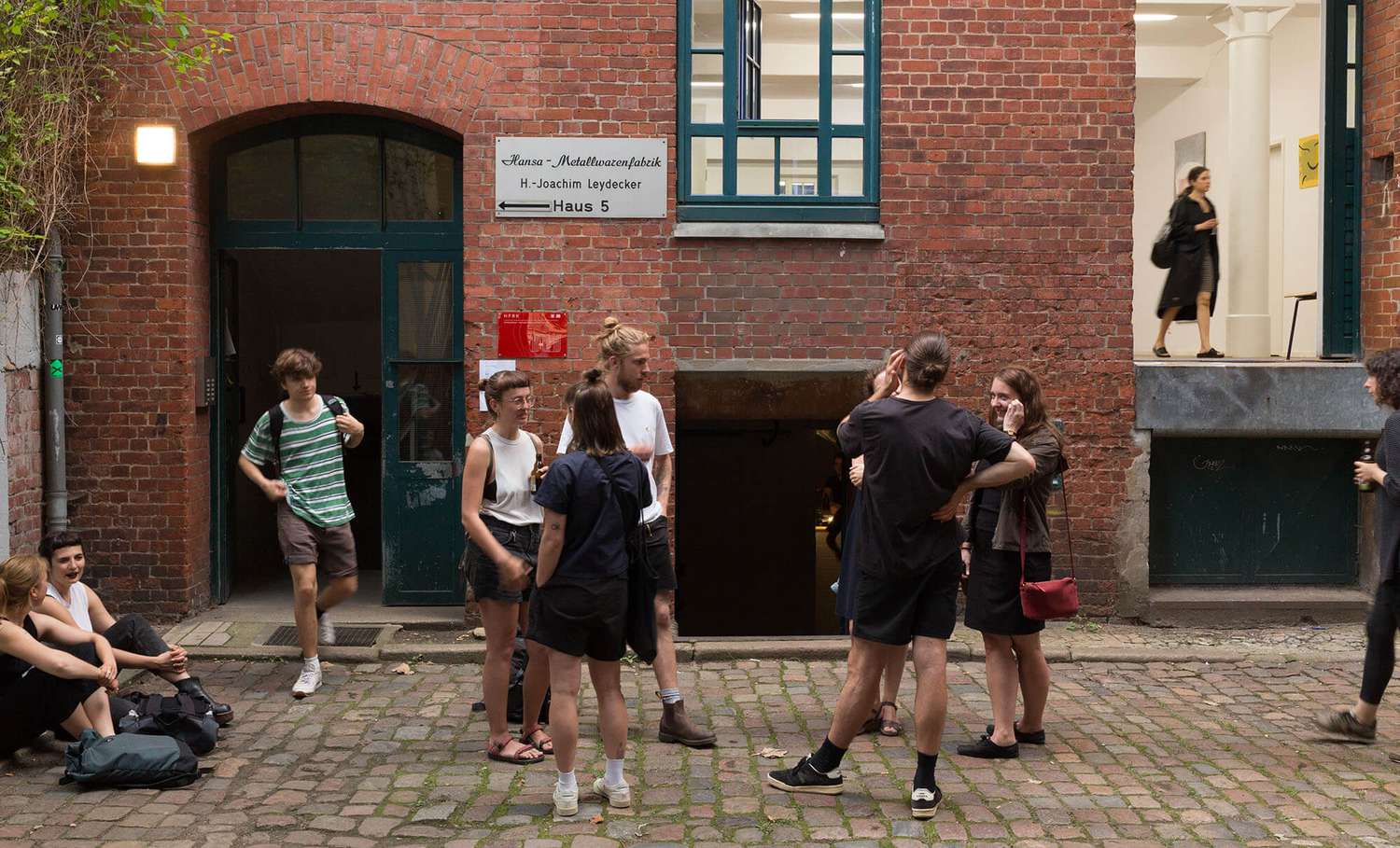
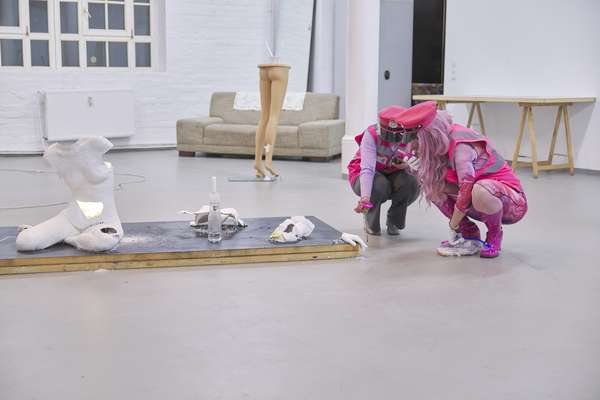
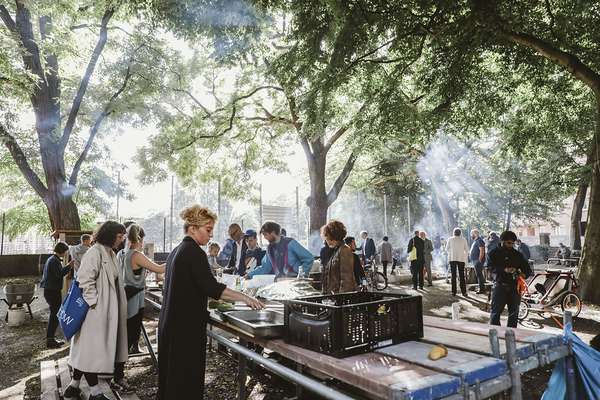
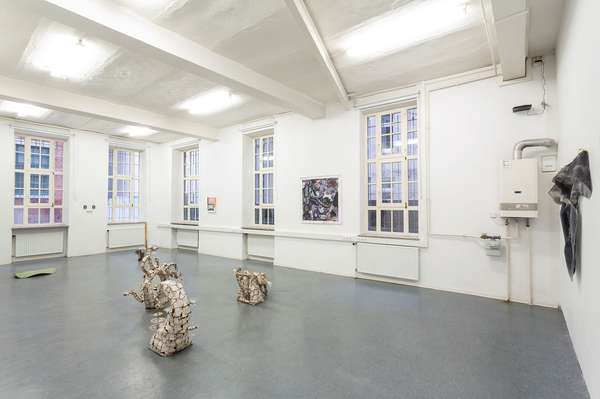
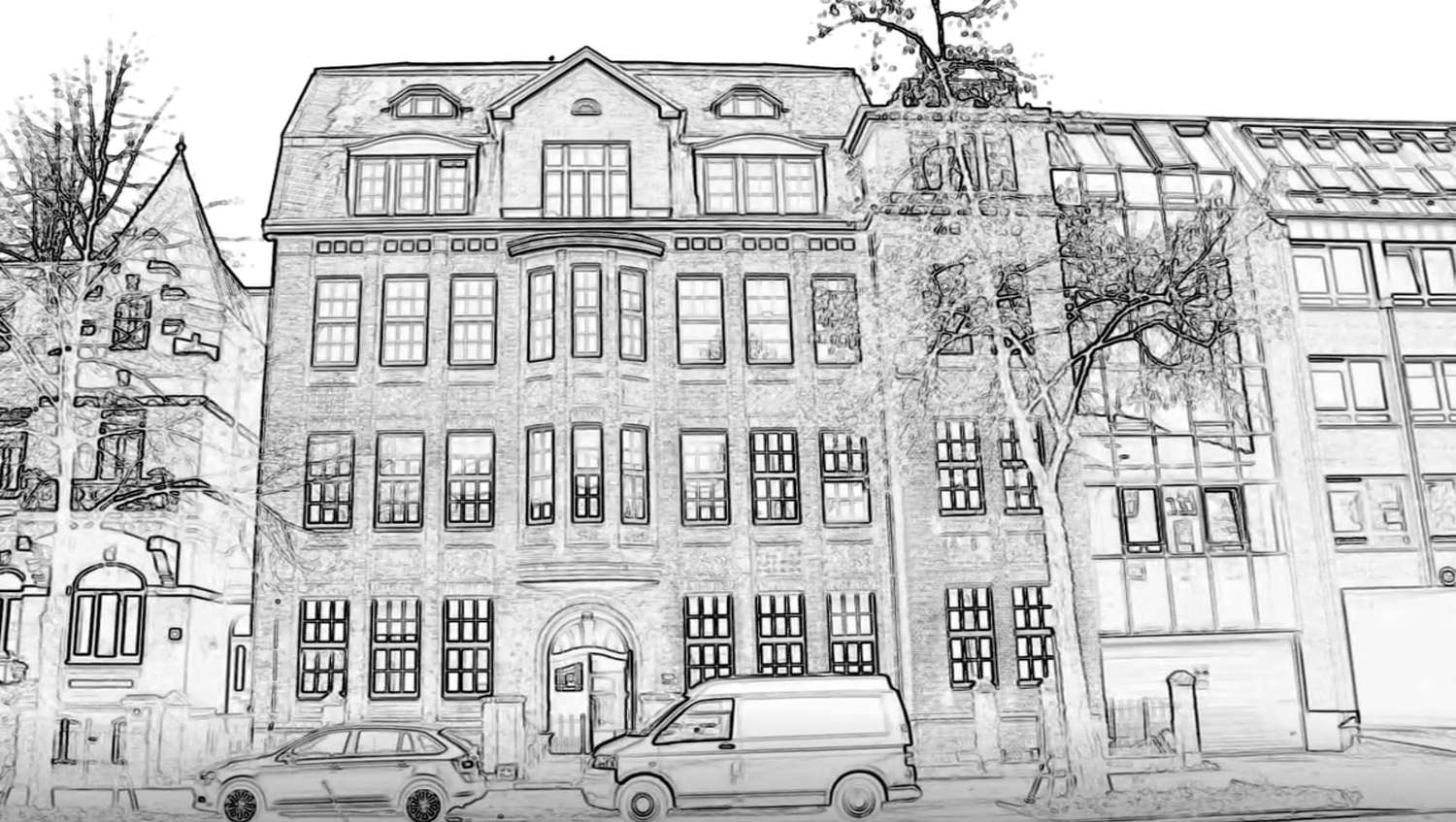
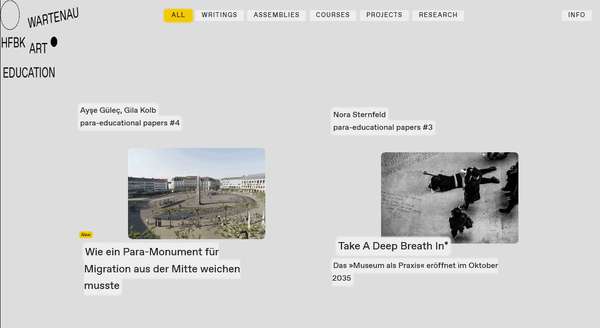
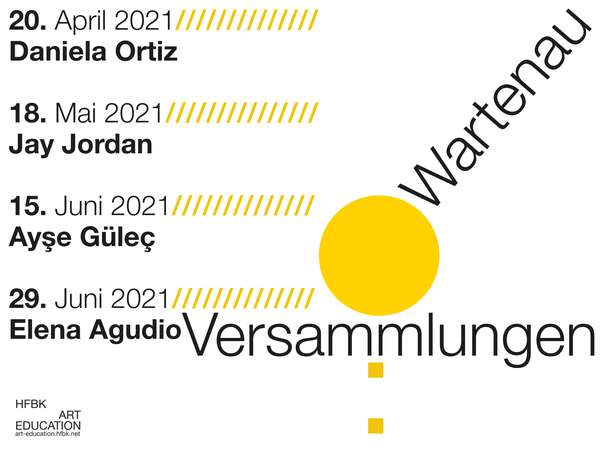
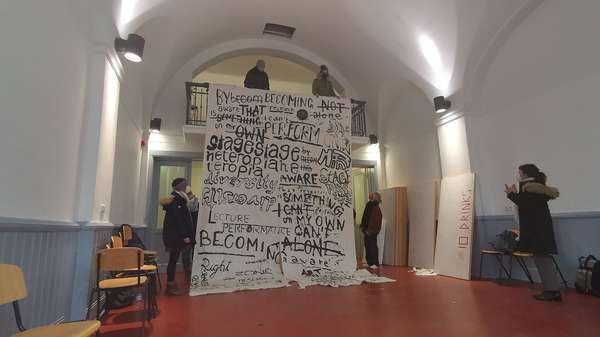
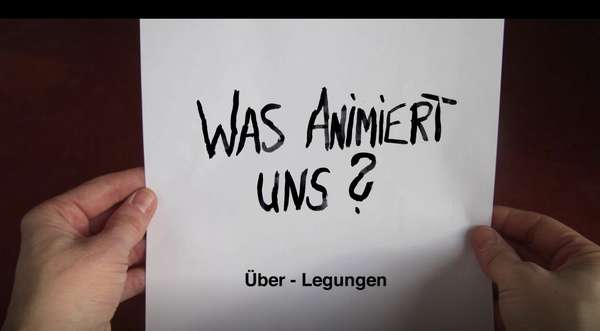
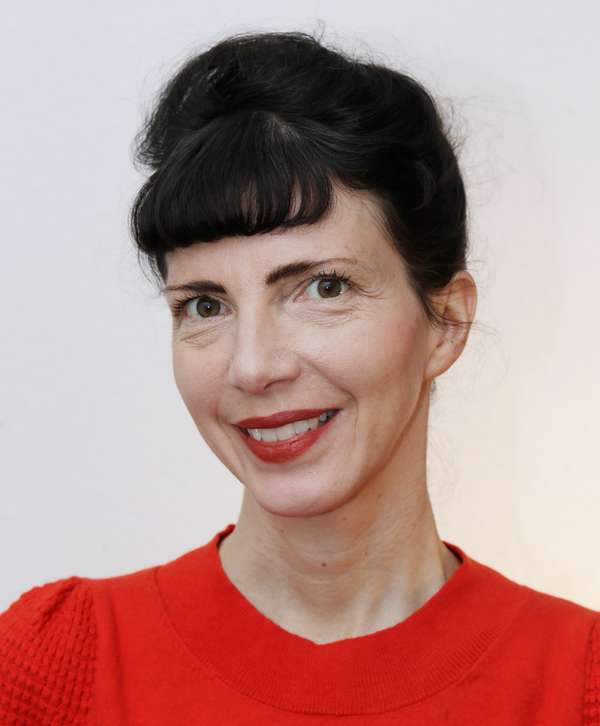
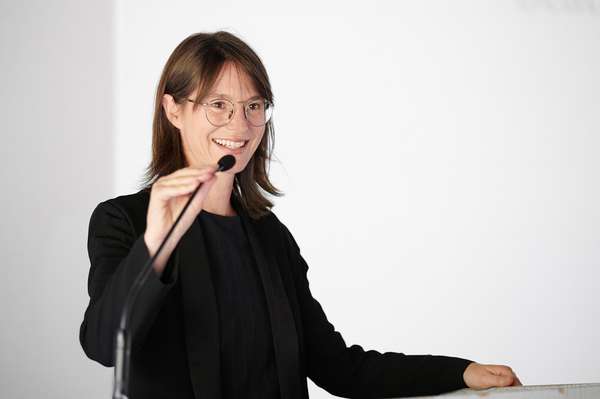
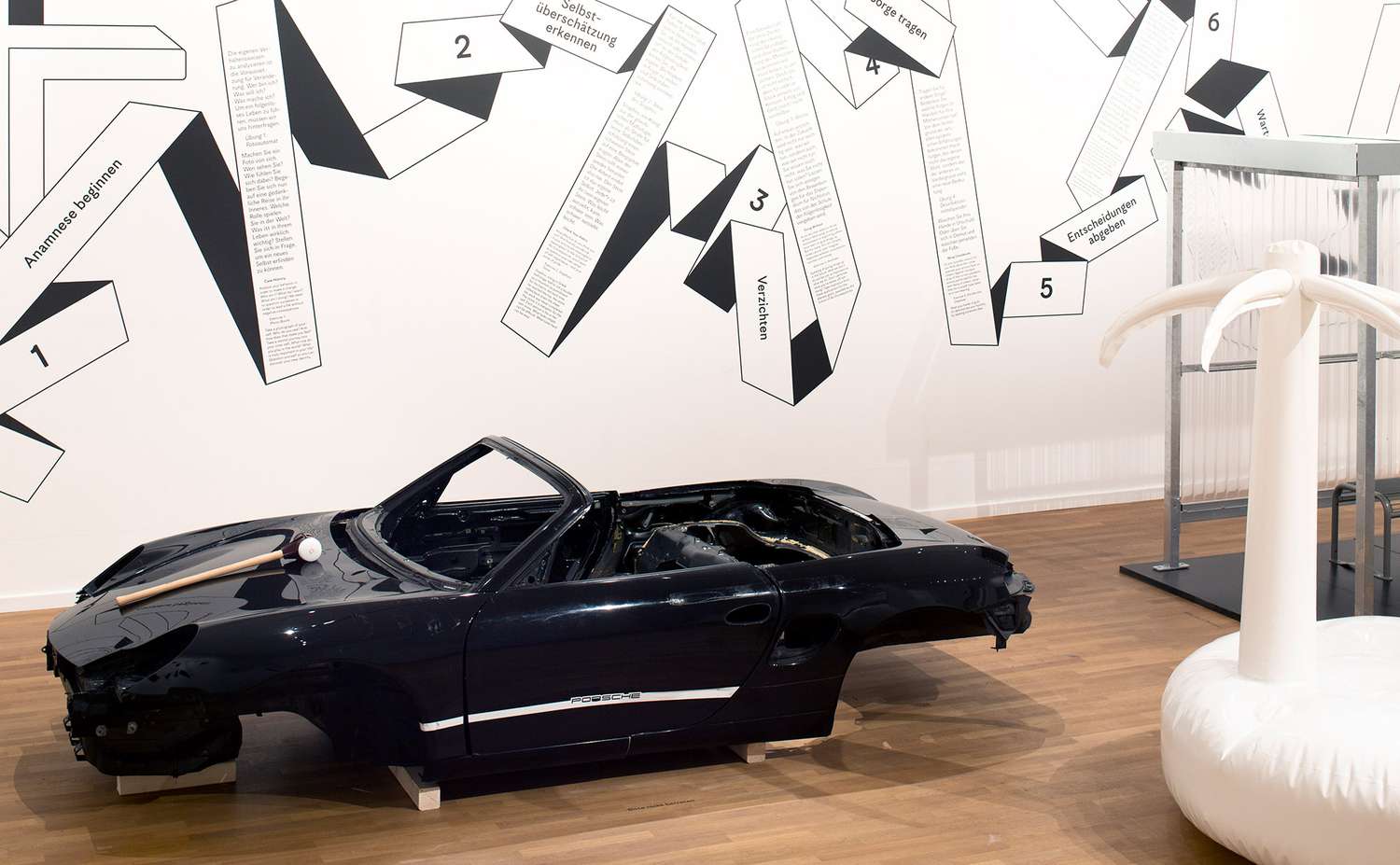
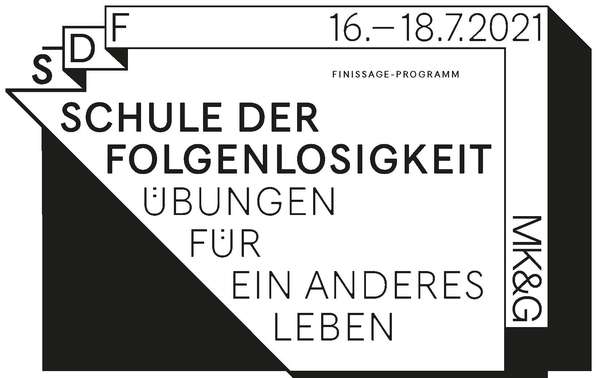
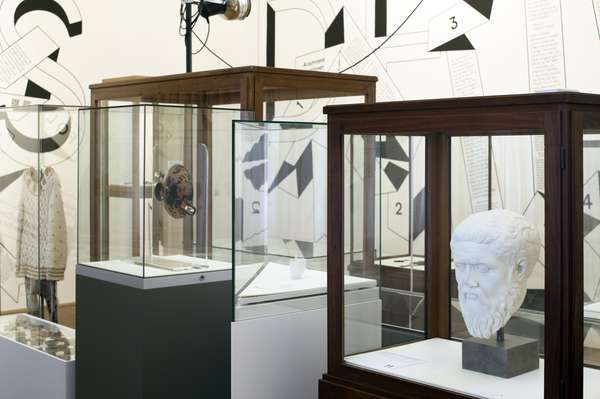
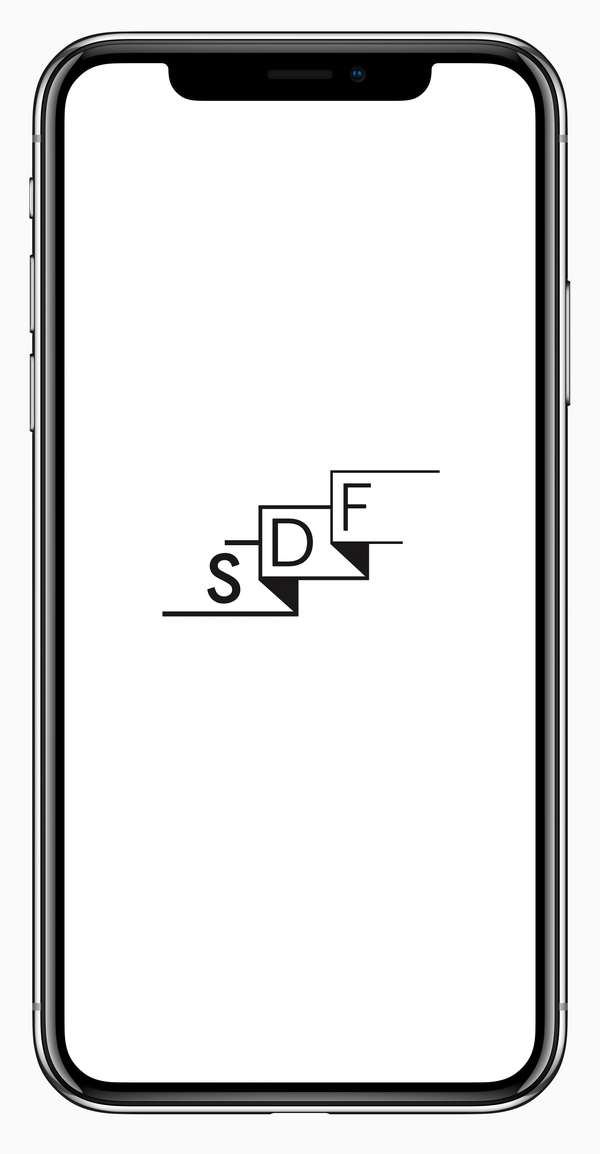
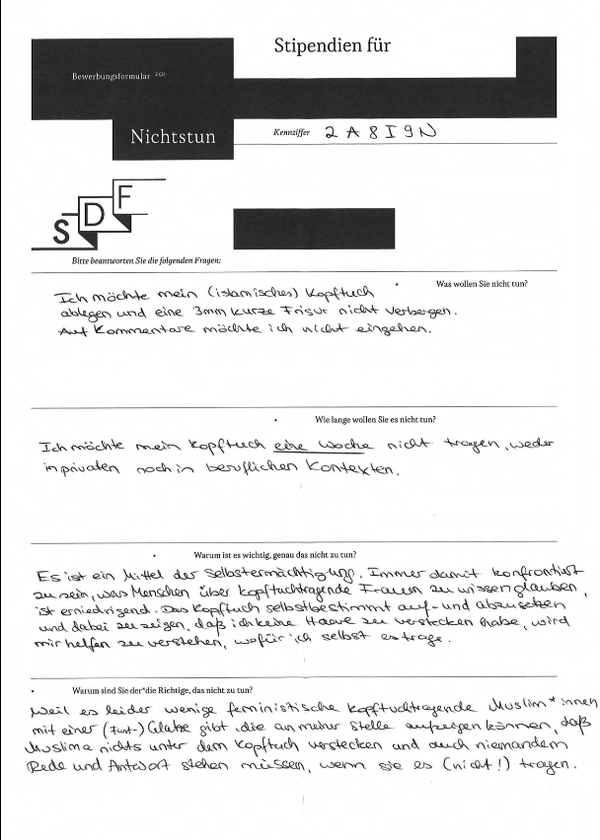
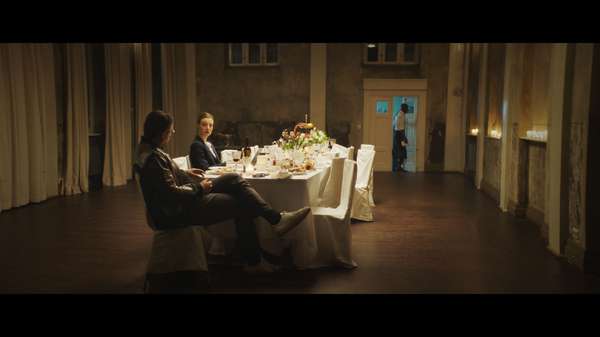
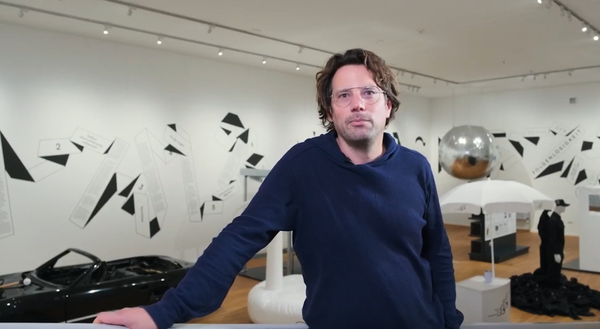
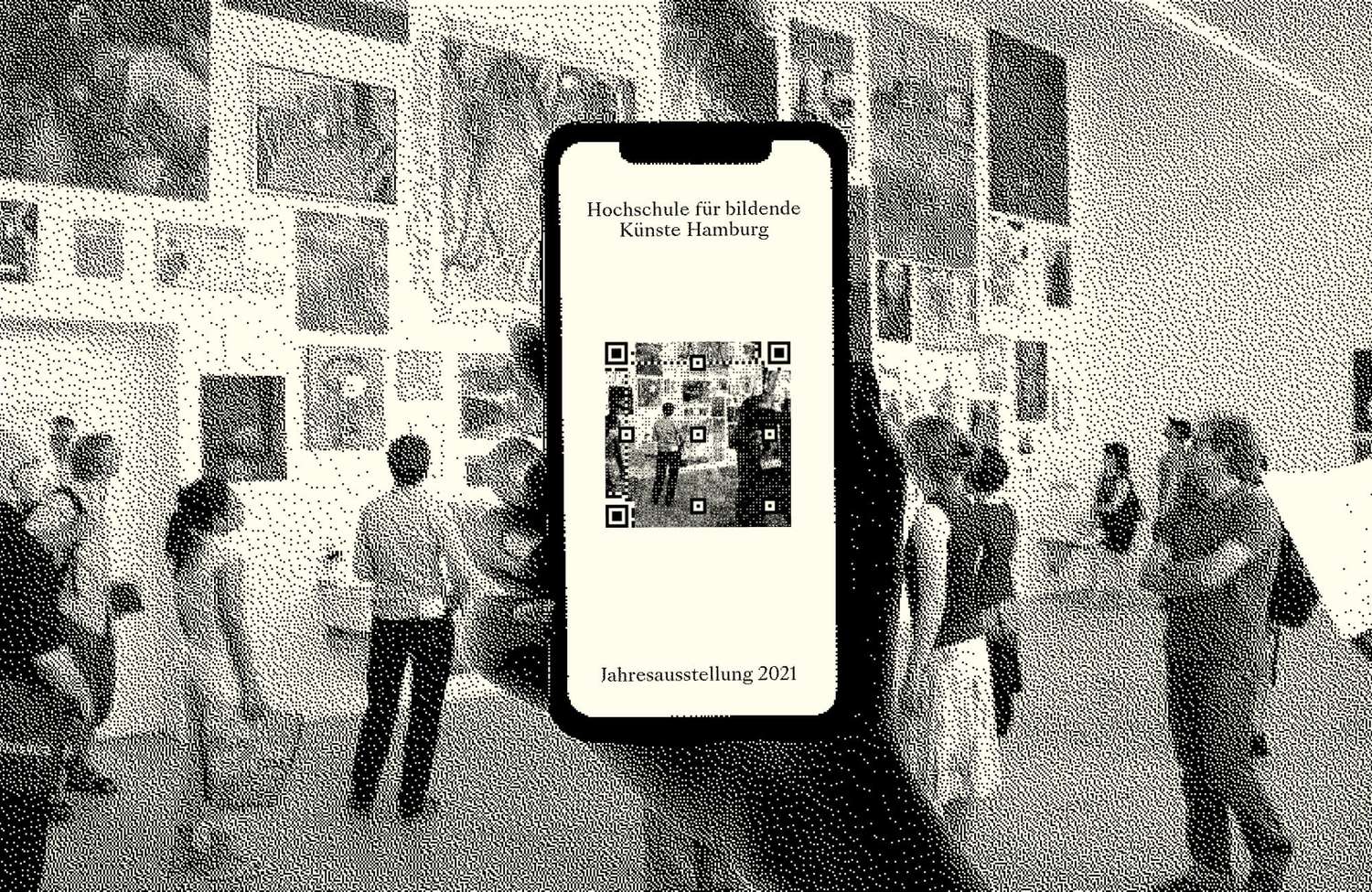
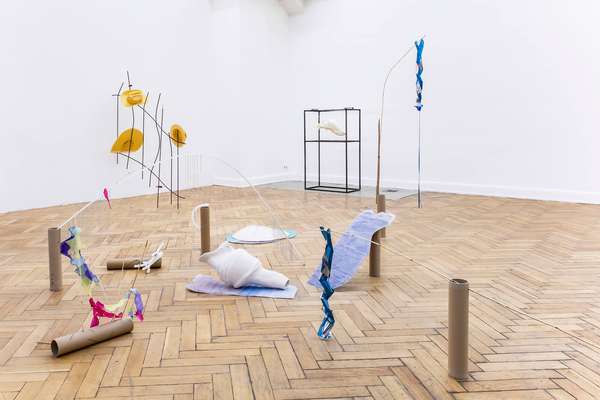
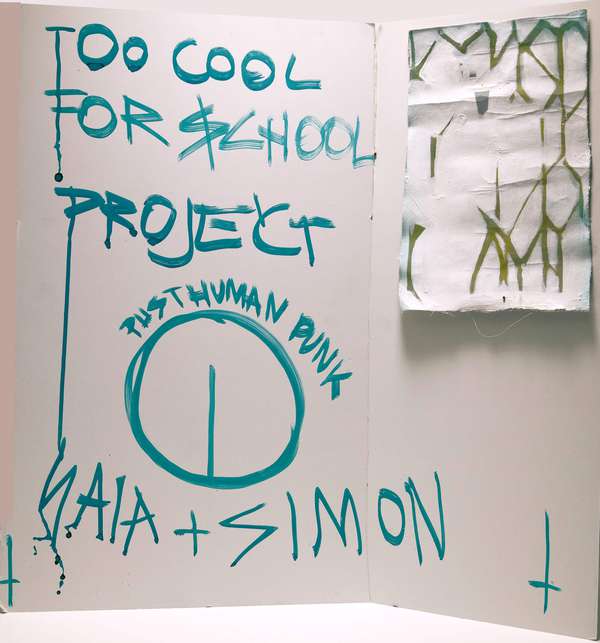
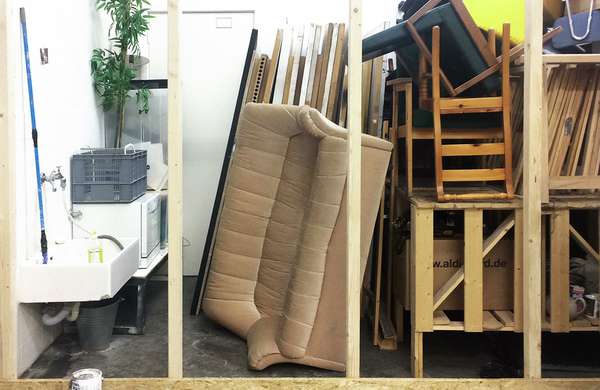
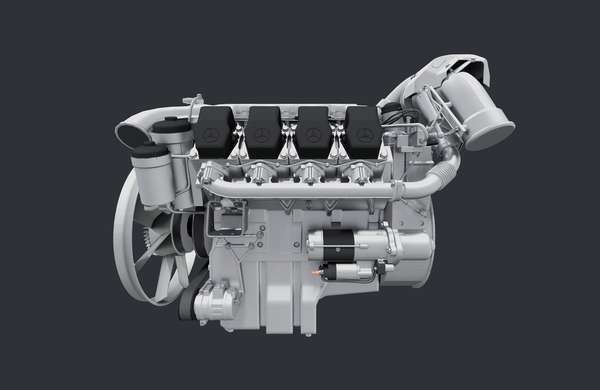
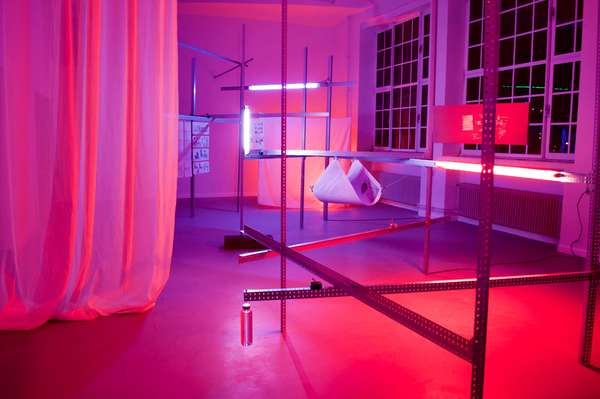

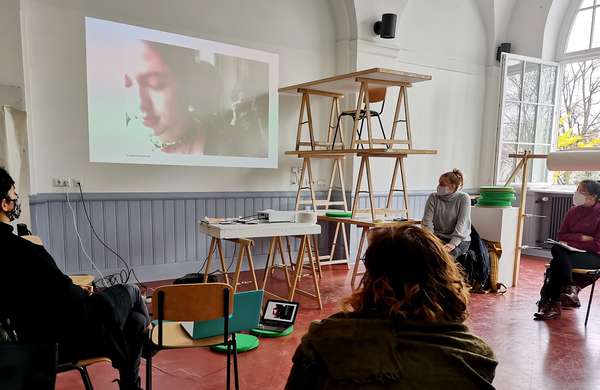
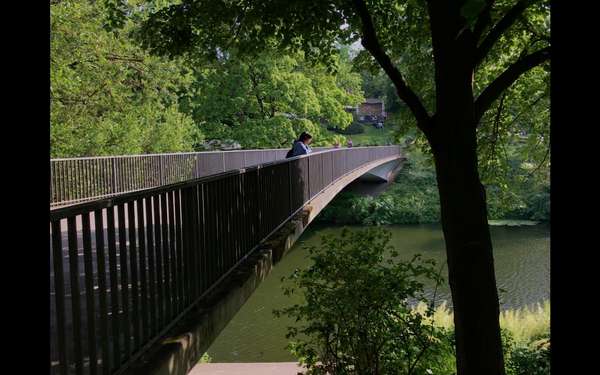
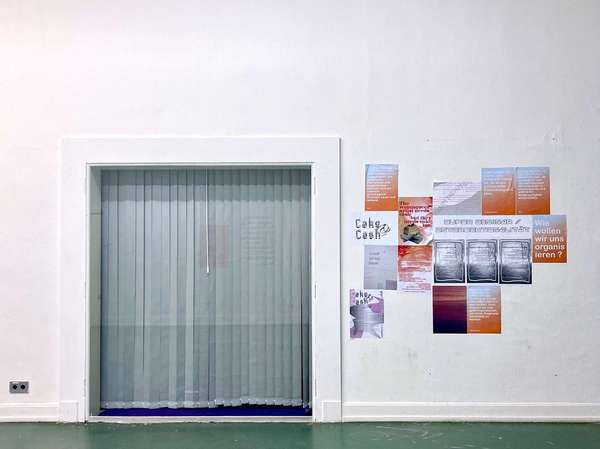
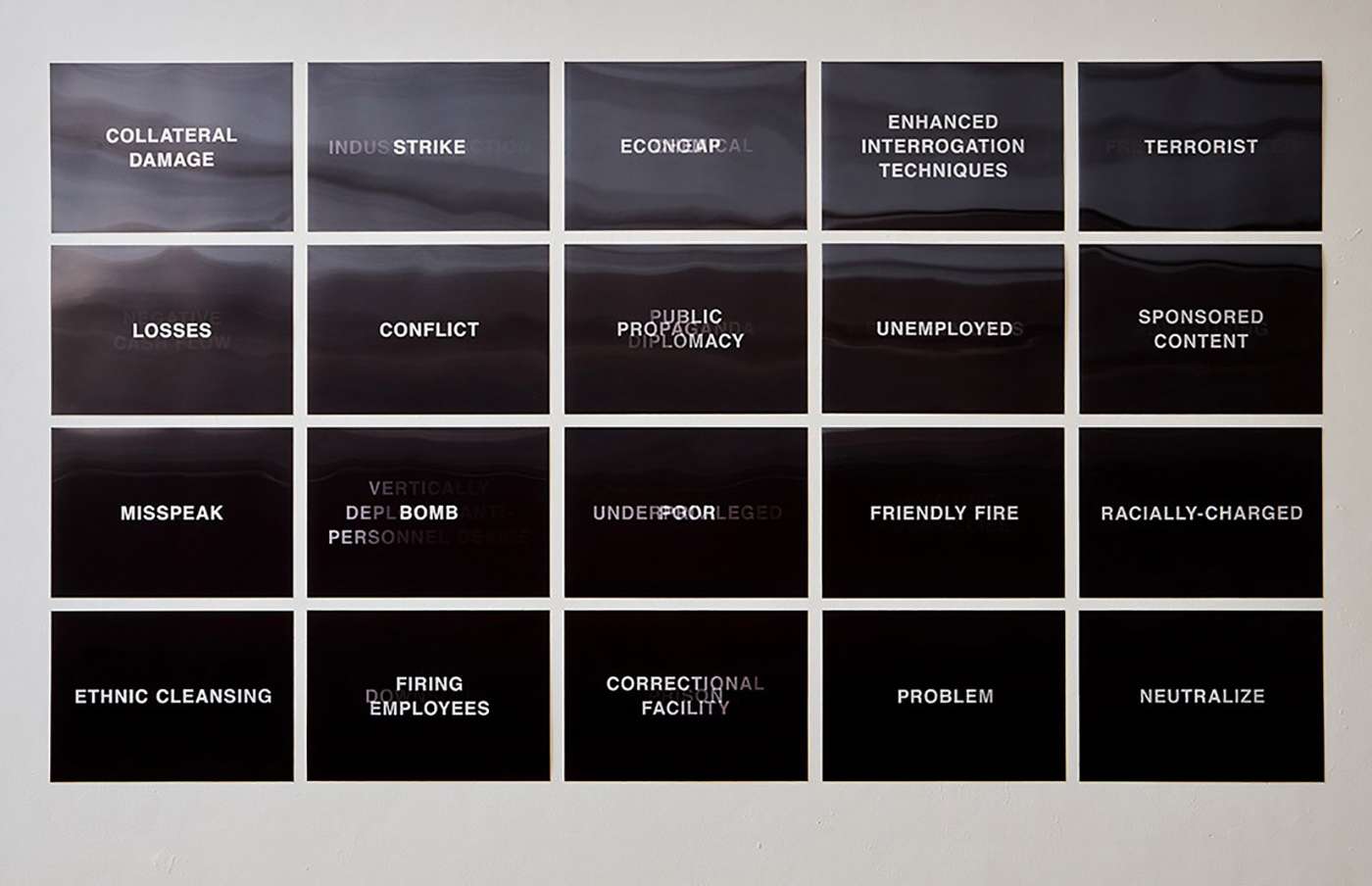
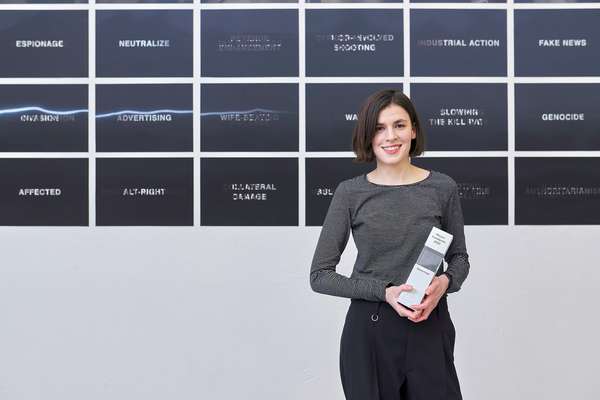
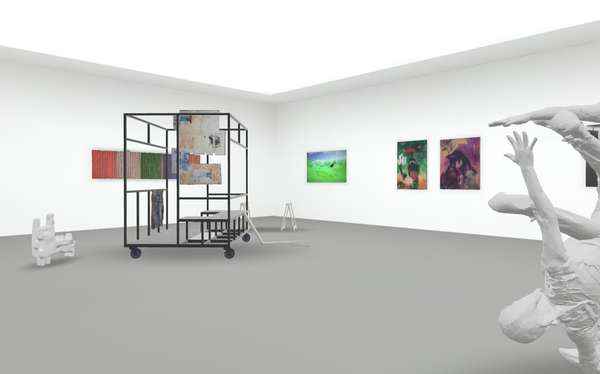
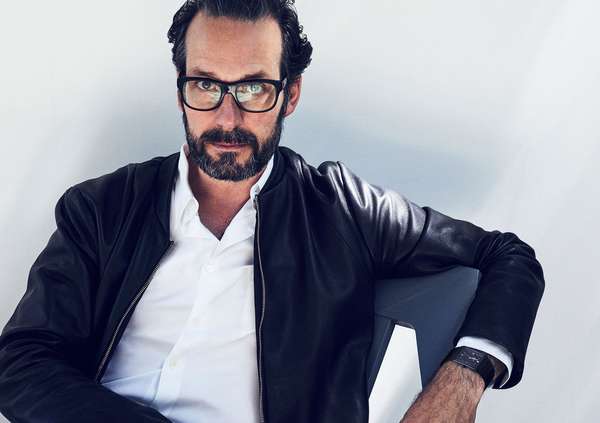
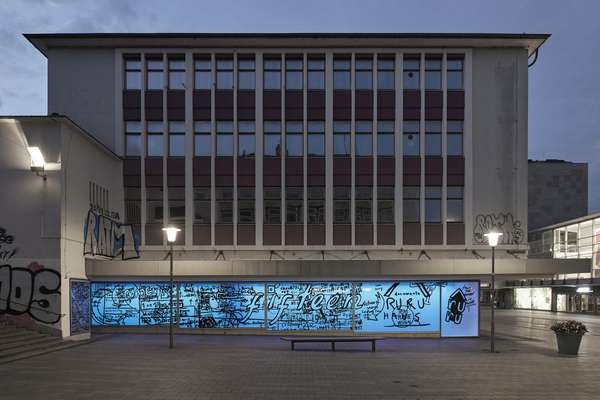
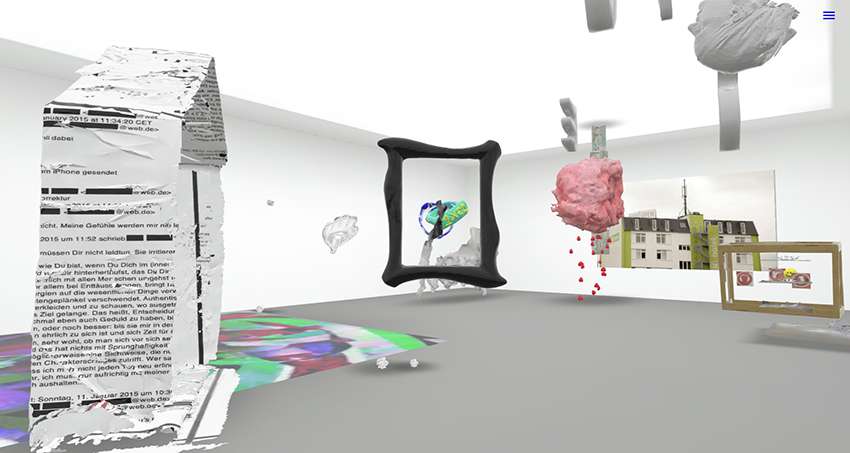
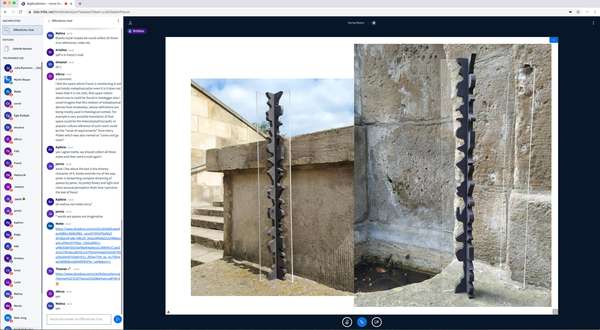
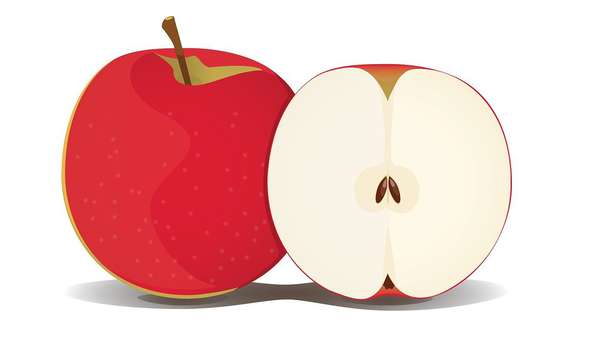
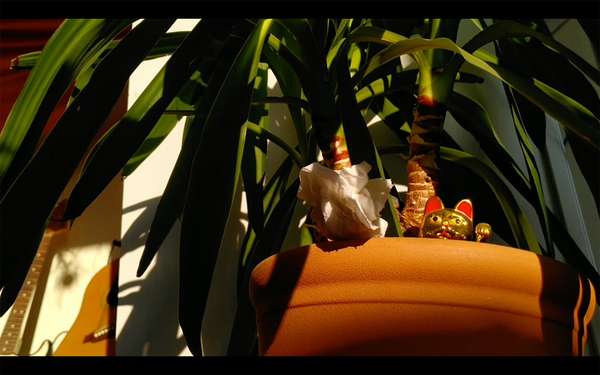
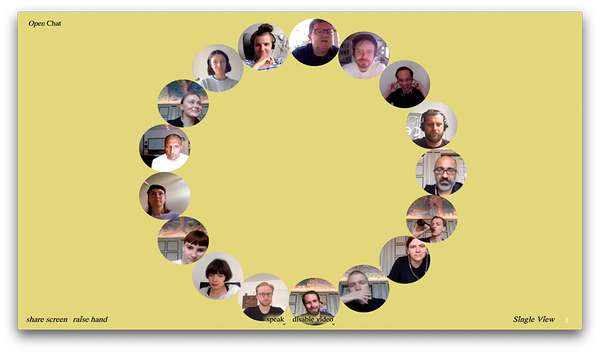
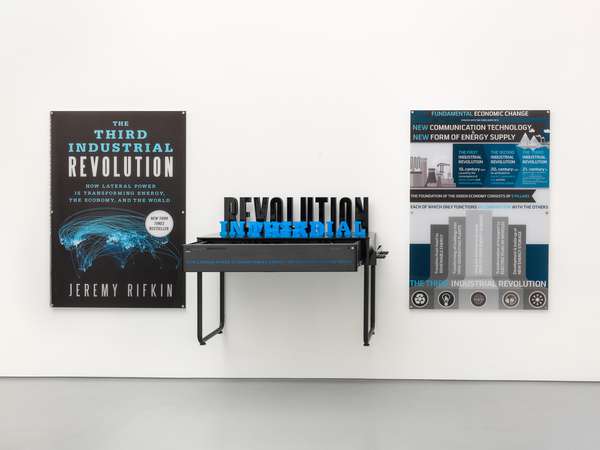
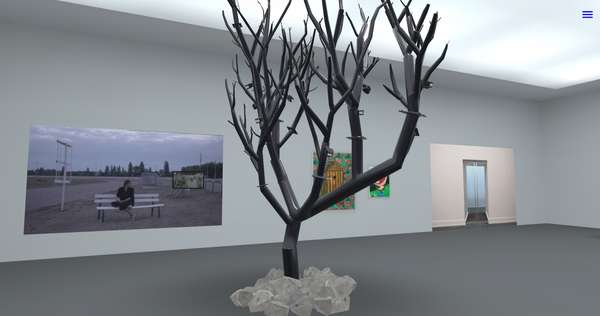
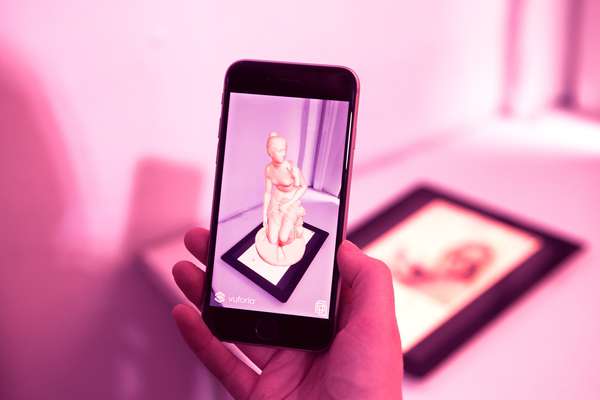
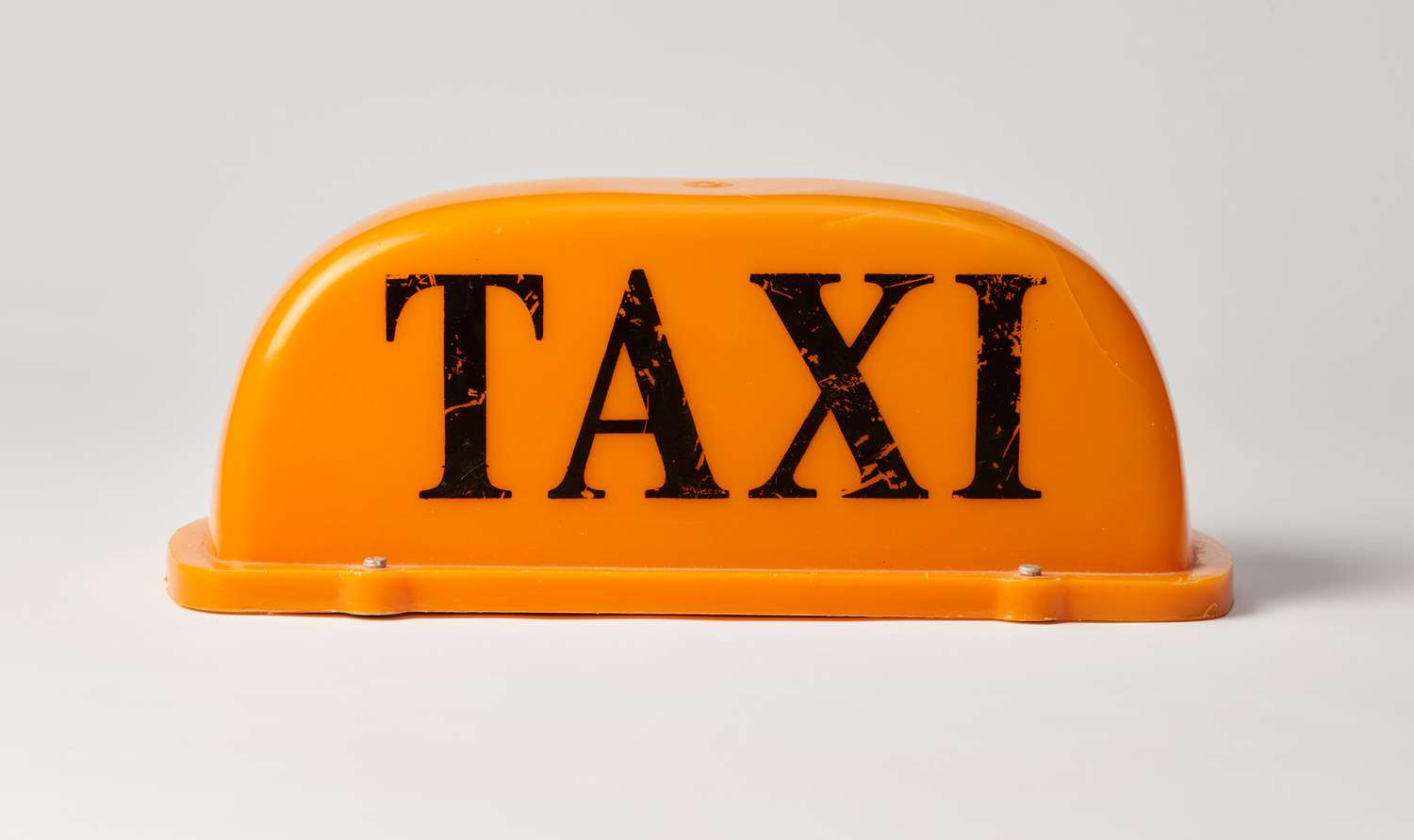
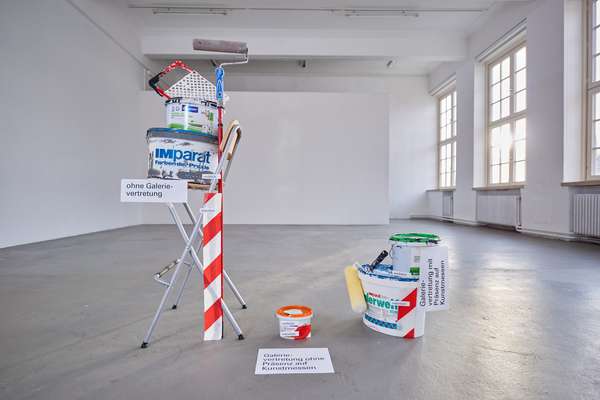
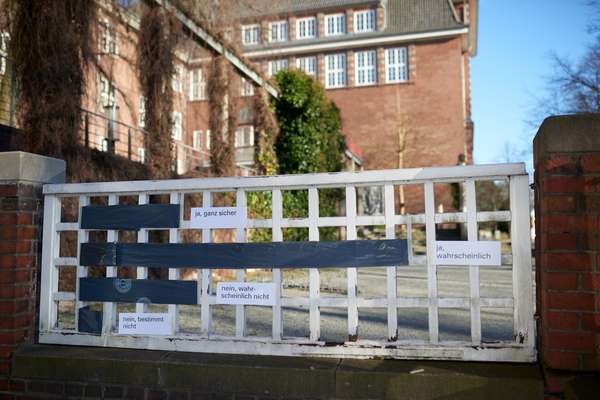
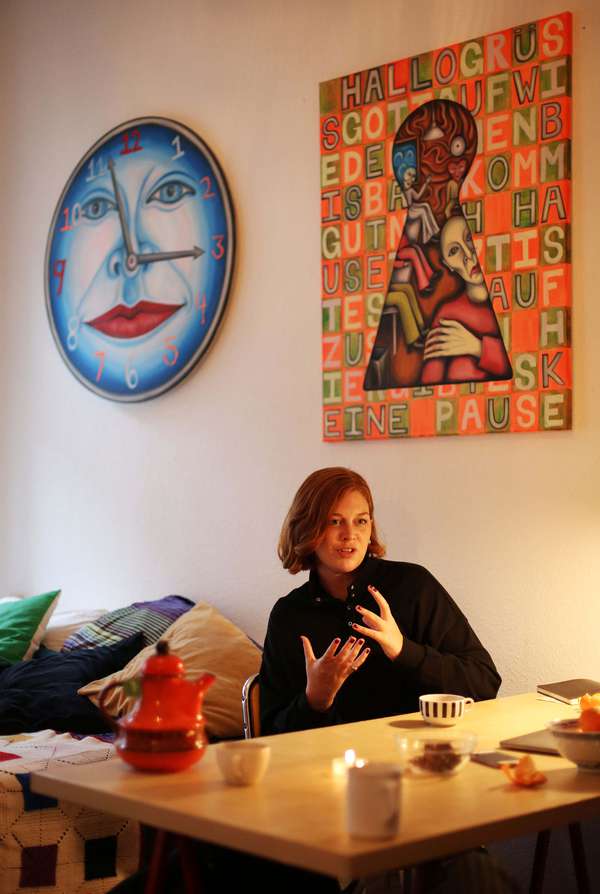
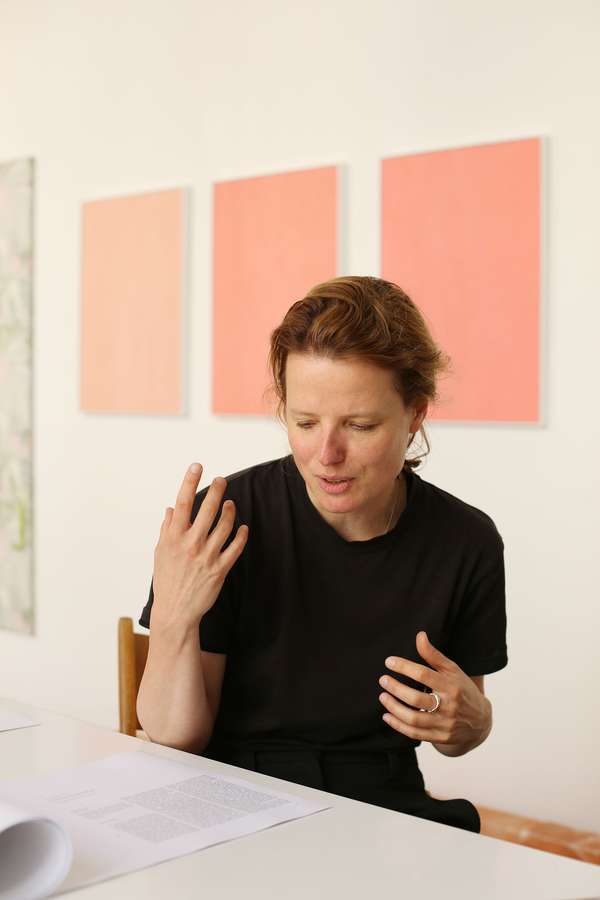
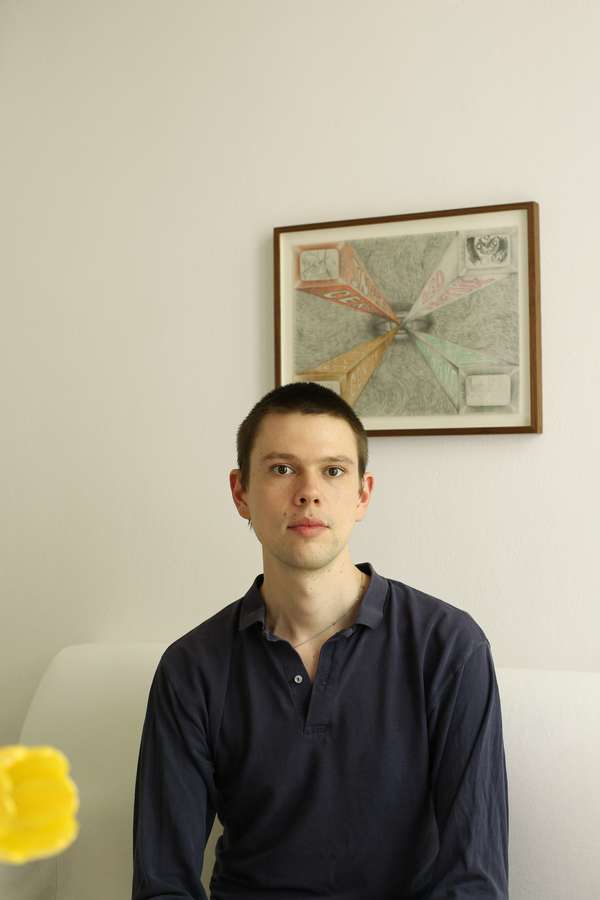
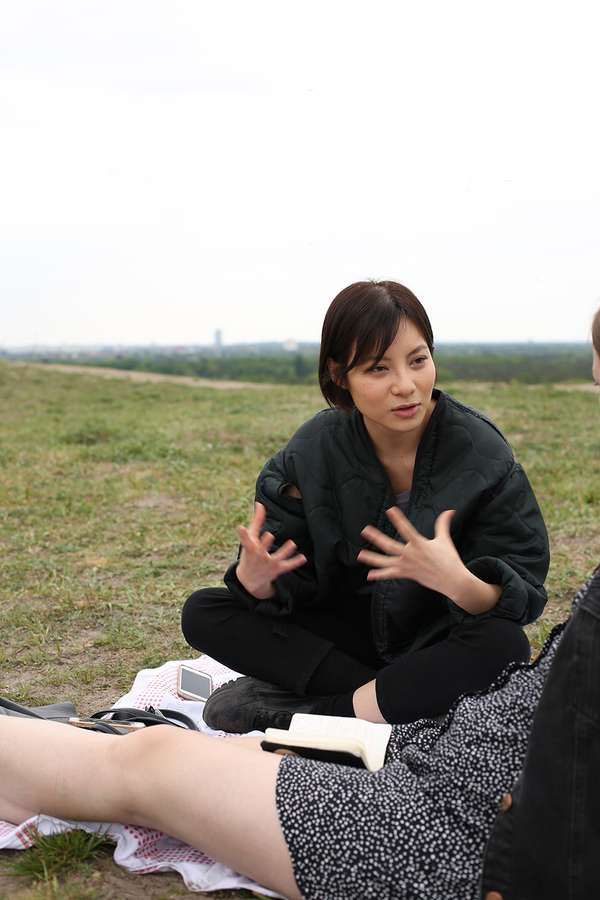
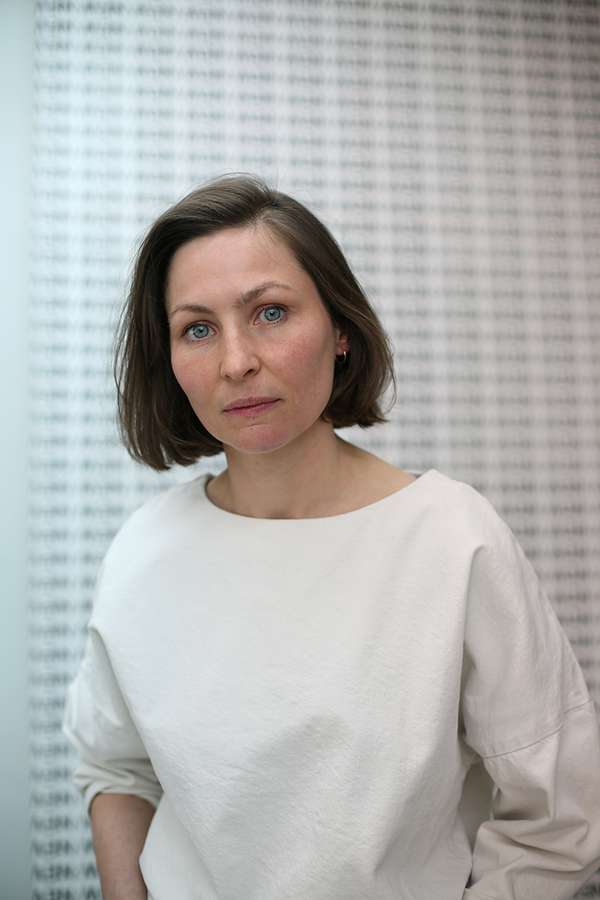
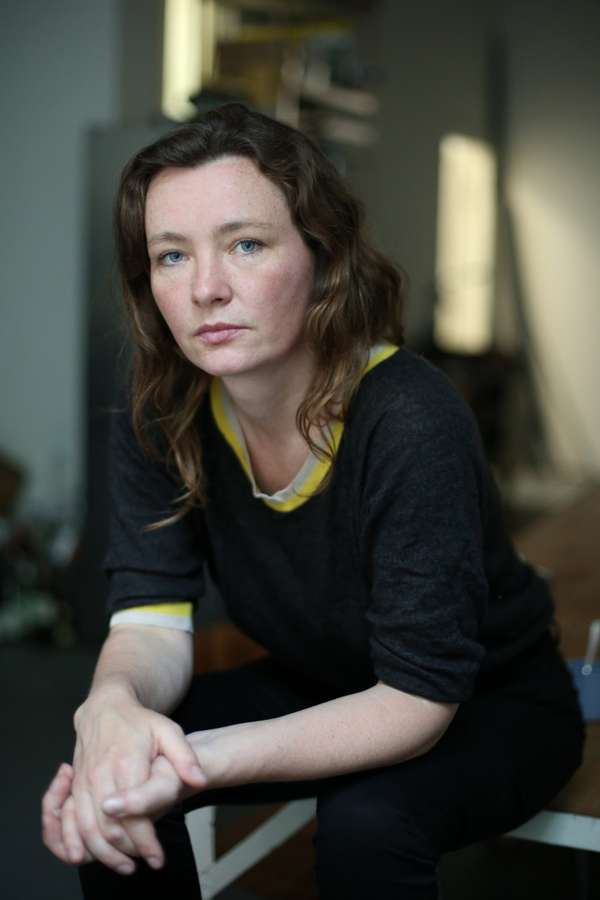
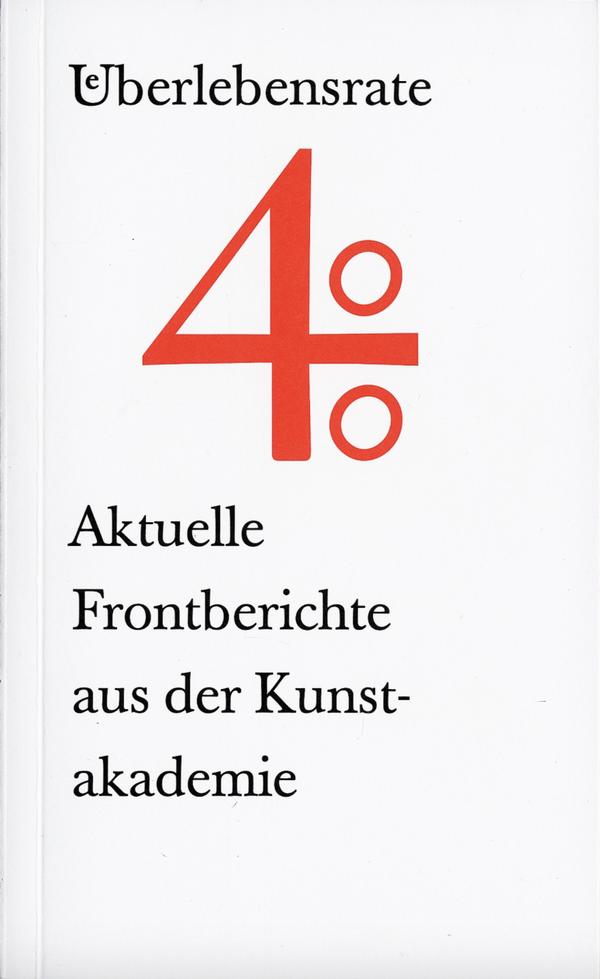
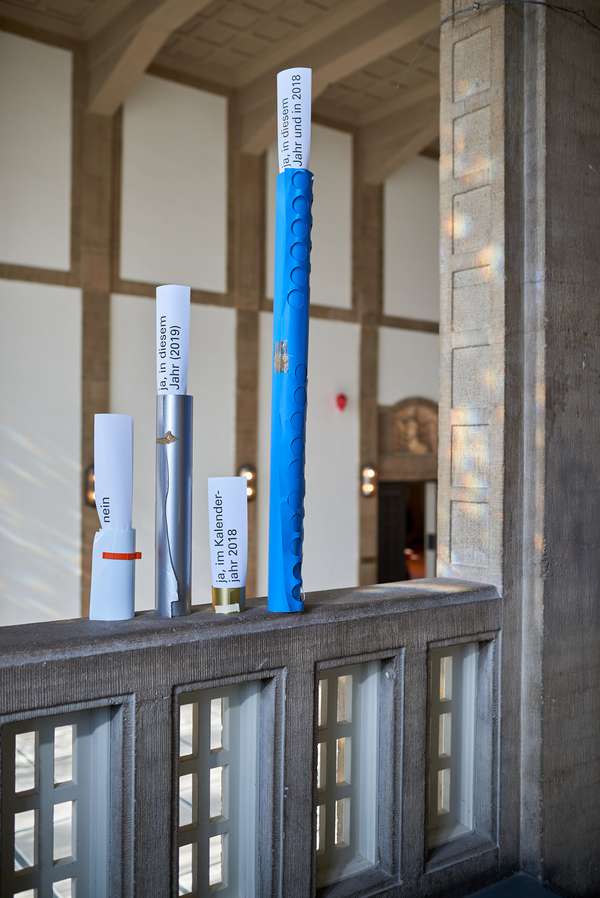
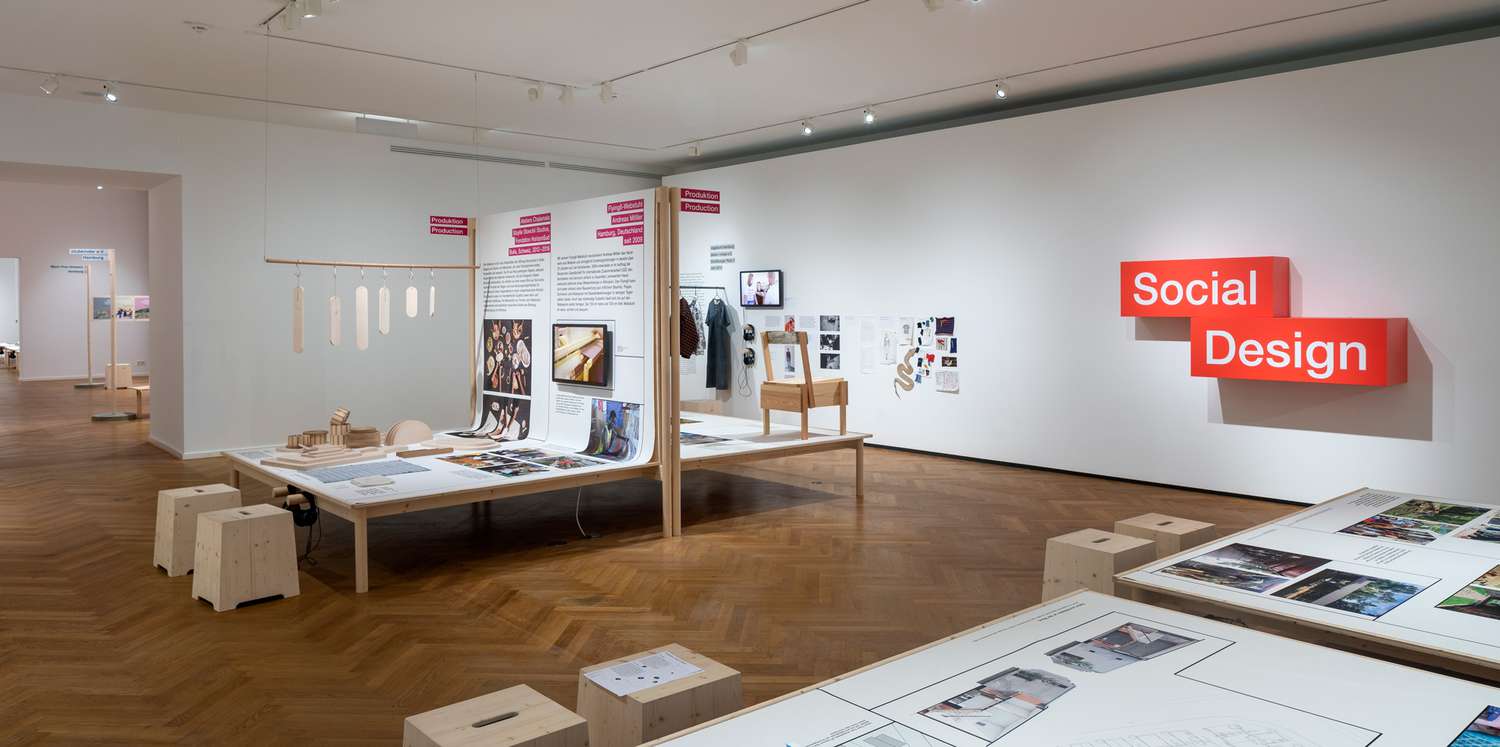
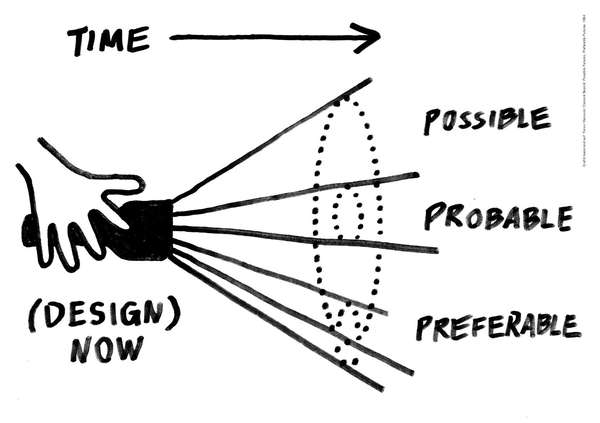
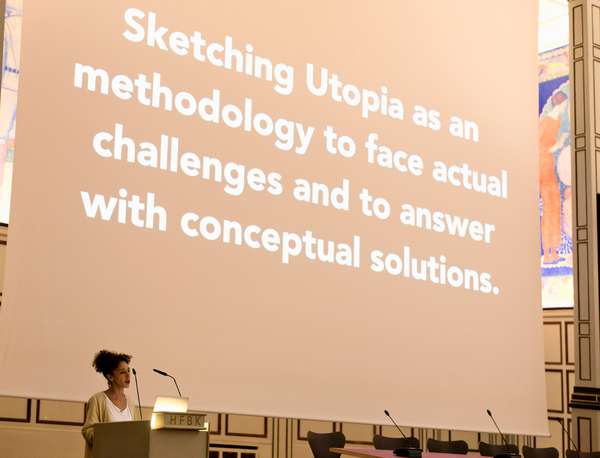
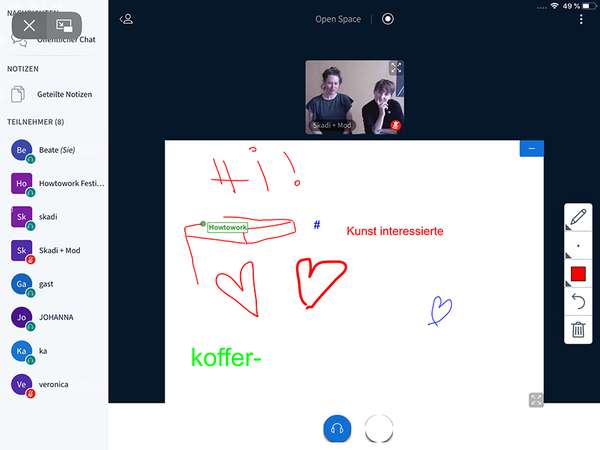
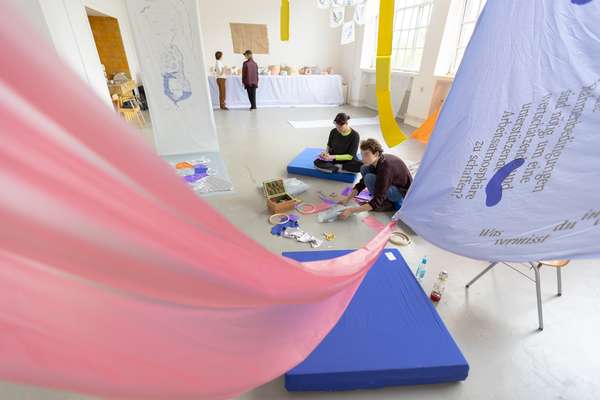
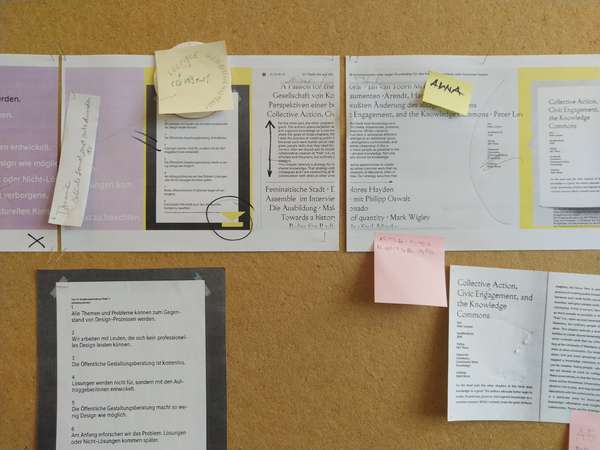
 Graduate Show 2025: Don't stop me now
Graduate Show 2025: Don't stop me now
 Long days, lots to do
Long days, lots to do
 Cine*Ami*es
Cine*Ami*es
 Redesign Democracy – competition for the ballot box of the democratic future
Redesign Democracy – competition for the ballot box of the democratic future
 Art in public space
Art in public space
 How to apply: study at HFBK Hamburg
How to apply: study at HFBK Hamburg
 Annual Exhibition 2025 at the HFBK Hamburg
Annual Exhibition 2025 at the HFBK Hamburg
 The Elephant in The Room – Sculpture today
The Elephant in The Room – Sculpture today
 Hiscox Art Prize 2024
Hiscox Art Prize 2024
 The New Woman
The New Woman
 Doing a PhD at the HFBK Hamburg
Doing a PhD at the HFBK Hamburg
 Graduate Show 2024 - Letting Go
Graduate Show 2024 - Letting Go
 Finkenwerder Art Prize 2024
Finkenwerder Art Prize 2024
 Archives of the Body - The Body in Archiving
Archives of the Body - The Body in Archiving
 New partnership with the School of Arts at the University of Haifa
New partnership with the School of Arts at the University of Haifa
 Annual Exhibition 2024 at the HFBK Hamburg
Annual Exhibition 2024 at the HFBK Hamburg
 (Ex)Changes of / in Art
(Ex)Changes of / in Art
 Extended Libraries
Extended Libraries
 And Still I Rise
And Still I Rise
 Let's talk about language
Let's talk about language
 Graduate Show 2023: Unfinished Business
Graduate Show 2023: Unfinished Business
 Let`s work together
Let`s work together
 Annual Exhibition 2023 at HFBK Hamburg
Annual Exhibition 2023 at HFBK Hamburg
 Symposium: Controversy over documenta fifteen
Symposium: Controversy over documenta fifteen
 Festival and Symposium: Non-Knowledge, Laughter and the Moving Image
Festival and Symposium: Non-Knowledge, Laughter and the Moving Image
 Solo exhibition by Konstantin Grcic
Solo exhibition by Konstantin Grcic
 Art and war
Art and war
 Graduate Show 2022: We’ve Only Just Begun
Graduate Show 2022: We’ve Only Just Begun
 June is full of art and theory
June is full of art and theory
 Finkenwerder Art Prize 2022
Finkenwerder Art Prize 2022
 Nachhaltigkeit im Kontext von Kunst und Kunsthochschule
Nachhaltigkeit im Kontext von Kunst und Kunsthochschule
 Raum für die Kunst
Raum für die Kunst
 Annual Exhibition 2022 at the HFBK
Annual Exhibition 2022 at the HFBK
 Conference: Counter-Monuments and Para-Monuments.
Conference: Counter-Monuments and Para-Monuments.
 Diversity
Diversity
 Live und in Farbe: die ASA Open Studios im Juni 2021
Live und in Farbe: die ASA Open Studios im Juni 2021
 Unlearning: Wartenau Assemblies
Unlearning: Wartenau Assemblies
 School of No Consequences
School of No Consequences
 Annual Exhibition 2021 at the HFBK
Annual Exhibition 2021 at the HFBK
 Semestereröffnung und Hiscox-Preisverleihung 2020
Semestereröffnung und Hiscox-Preisverleihung 2020
 Teaching Art Online at the HFBK
Teaching Art Online at the HFBK
 HFBK Graduate Survey
HFBK Graduate Survey
 How political is Social Design?
How political is Social Design?